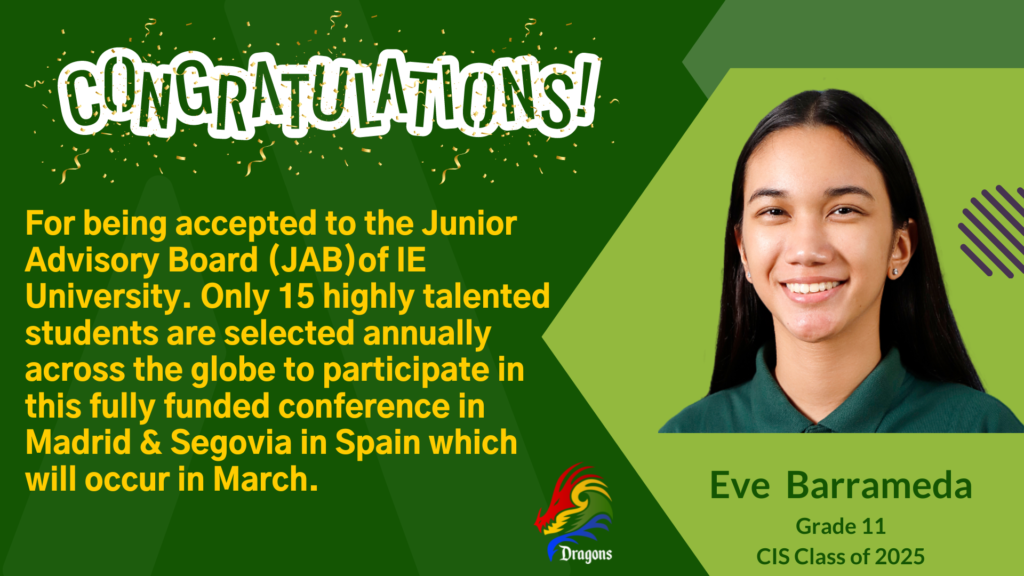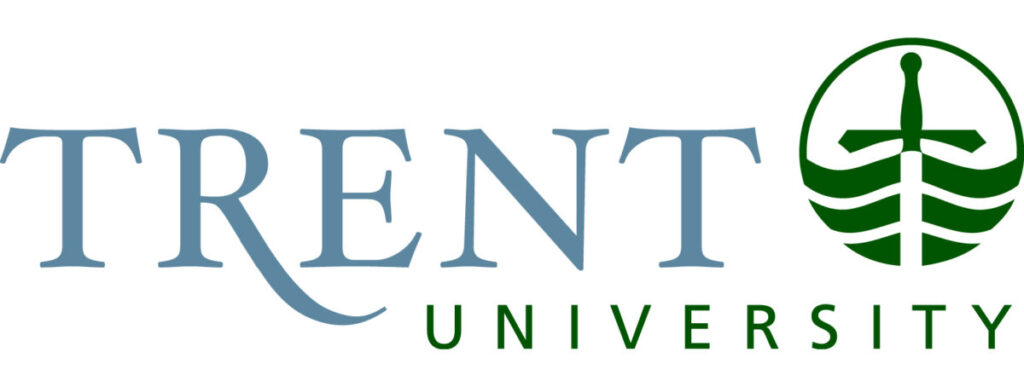
Admin News
by Dr. Gwyn Underwood, Superintendent
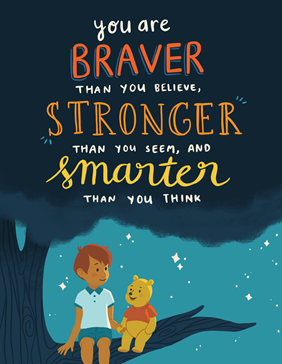 Our society continues to change on multiple fronts at a rapid rate. We know change can be a major source of stress, and constant pressure is tiring at the best of times and can be overwhelming at others. As we head into the final months of this school year, then, it’s a good time to be reminded to take care of ourselves, look out for each other, and continue to strive to create the safest learning environment for our students that we can, both at home and at school.
Our society continues to change on multiple fronts at a rapid rate. We know change can be a major source of stress, and constant pressure is tiring at the best of times and can be overwhelming at others. As we head into the final months of this school year, then, it’s a good time to be reminded to take care of ourselves, look out for each other, and continue to strive to create the safest learning environment for our students that we can, both at home and at school.
Quote Credit: Christopher in Winnie the Pooh by A. A. Milne (Design by wallpapercave.com)
Over the past year, we’ve been reviewing our Guiding Statements – our mission, vision, and core beliefs. These help us stay focused on what’s most important, and I particularly like core belief numbers one and six when considering what we can do to boost our well-being!
Core Belief #1: Learning is a joyful, creative, and open-ended exploration. In a well-being context, this means instead of getting bogged down by stress, let’s rediscover the joy of learning and find ways to nurture our creativity and curiosity.
Core Belief #6: As an IB World School, the Learner Profile Attributes and Approaches to Learning are embedded in all that we think, say, and do. In a well-being context, focusing on positive LP attributes such as being caring and open-minded, and consciously seeking ways to develop our approaches to learning (ATL) skills will help us manage life’s challenges and build resilience.
As we face difficulties, think of these core beliefs. They can guide us in staying positive, curious, and compassionate towards ourselves and others. Keep pushing forward, and remember, you have the strength and abilities to overcome obstacles!
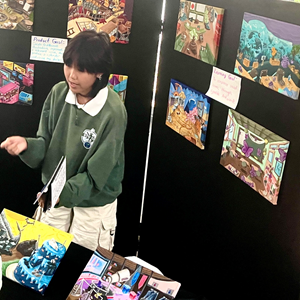 Congratulations to the Grade 10 class on successfully completing the IB Middle Years Programme Personal Project!
Congratulations to the Grade 10 class on successfully completing the IB Middle Years Programme Personal Project!
See last week’s article by Mr Martin for more details
Your displays and the accompanying explanation of your projects at school over the last couple of days were interesting and thought-provoking. Most importantly, your accounts of your learning journey were evidence that the project was of great value to prepare you for the rigors of the IB Diploma Programme next year!
Upcoming events of note
- Apr 12: MYP Personal Project Exhibition
- Apr 19: DP TOK Exhibition
- Apr 24 – May 16: IBDP Exams
- May 1: Public Holiday (Labor Day)
- May 3: PYPx
- May 6-10: Arts Week
- May 11: Touch Rugby
- May 18-19 & May 25-26: MFC x CIS Friendship Cup
- May 24: G12 Graduation (no classes in PM)
Please refer to the CIS Event Calendar for the complete calendar of school events.

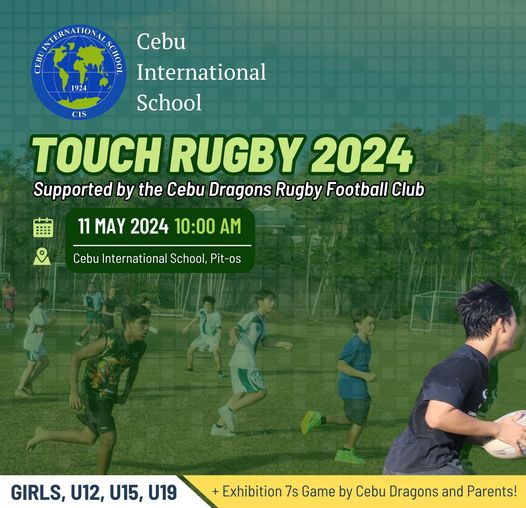
Elementary: Language Acquisition-English
by Ms. Evangeline Belono-ac, K-5 LA-English Teacher / Ms. Jessa Luntayao, K-5 LA- English Educational Assistant
In Language Acquisition-English classes, students actively participate in interactive learning experiences designed to cultivate proficiency across the four language domains: listening, speaking, reading, and writing. Through engaging activities, students delve into the exploration and acquisition of new vocabulary directly relevant to their units of inquiry. These linguistic connections not only deepen their understanding of subject-specific concepts and themes but also foster the expansion of their overall vocabulary repertoire and enhancement of comprehension abilities.
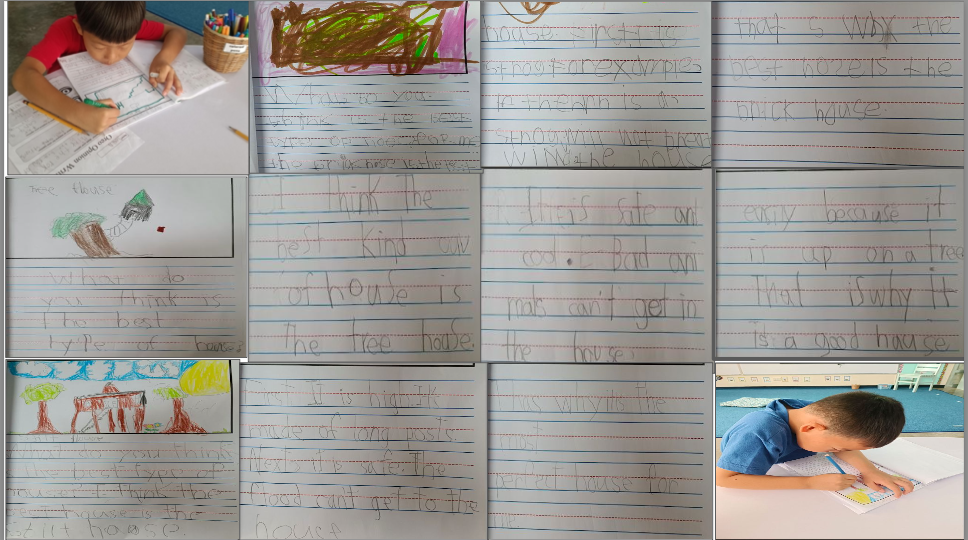
Kinder and Grade 1
The Kindergarten/Grade 1 students are currently investigating the concept of homes as part of the unit “Where We Are in Place and Time.” Throughout this exploration, they have engaged in activities centered around adjectives and have compared them with adverbs, possessive nouns, and possessive pronouns as part of their grammatical instruction. Utilizing their newfound knowledge and skills, they have crafted descriptive sentences and opinion paragraphs. These exercises have been reinforced through targeted practice sessions and lively classroom discussions, allowing students to grasp how the use of adjectives, adverbs, and possessives enriches sentence structure. Furthermore, they have delved into opinion writing, employing the OREO graphic organizer to compose opinion paragraphs. This process has not only encouraged creativity but has also honed their writing abilities as they meticulously organized their thoughts to ensure coherence in their compositions.
Grade 2/3
During their current unit, Where We Are in Place and Time, the Grade 2/3 students have delved into autobiographies and biographies, gaining a comprehensive understanding of the key differences between these two genres. Subsequently, they crafted their autobiographies.
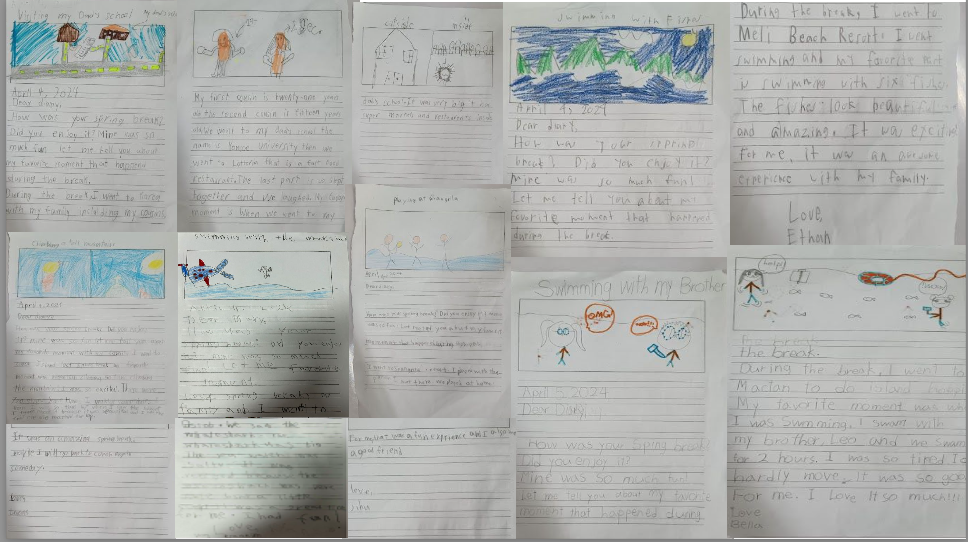
In parallel, for their grammar instruction, students have revisited the simple verb tenses, with a particular focus on the simple past tense. Through targeted practice exercises and classroom discussions, students have developed a stronger understanding of how verbs change to indicate the past tense, thereby discerning the impact of these changes on the overall structure and meaning of sentences. Additionally, they have explored prepositions and adjectives.
Applying their acquired knowledge in a real-world context, the G2/3 students have ventured into writing diaries and personal narratives, recounting a “small moment” from their Spring Break experiences. Employing the past tense and adjectives, they vividly described their favorite event of their holiday in a diary format.
Grade 4/5
In their current unit, “Sharing the Planet,” Grades 4 and 5 are pursuing different paths of inquiry. Grade 4 is immersing themselves in the exploration of Energy, delving into its various forms and implications. Meanwhile, Grade 5 is leveraging their class time to receive supplementary support for their PYP exhibition, a pivotal culmination of their learning journey.
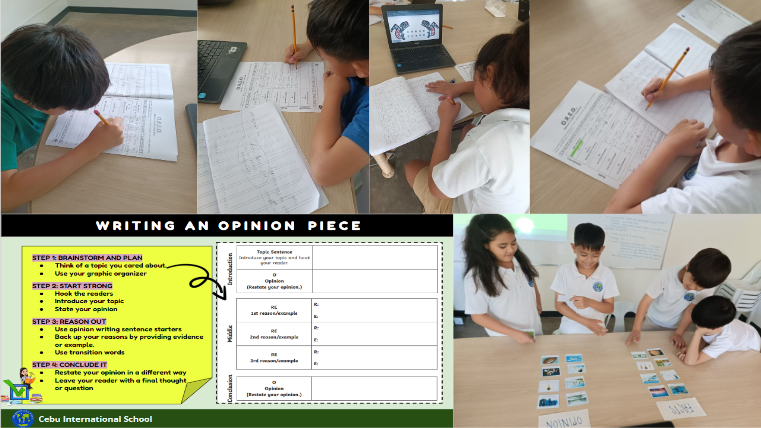
The grade 4 students focused on strengthening their descriptive writing skills. They began by reviewing the key parts of speech – nouns, adjectives, and adverbs – and how these elements can be used to create vivid descriptions. Following the review, students delved deeper into the structure of descriptive writing, which equipped them to write their descriptive pieces as the final output of the lesson.
To bridge learning objectives with their homeroom class, the class transitioned to a discussion of opinion writing. Students explored the structure of this writing style, learning how to effectively formulate and express their well-supported viewpoints focusing the example on energy sources. To aid in this process, they utilized the OREO graphic organizer, a valuable tool that promotes clear and concise communication of ideas and opinions.
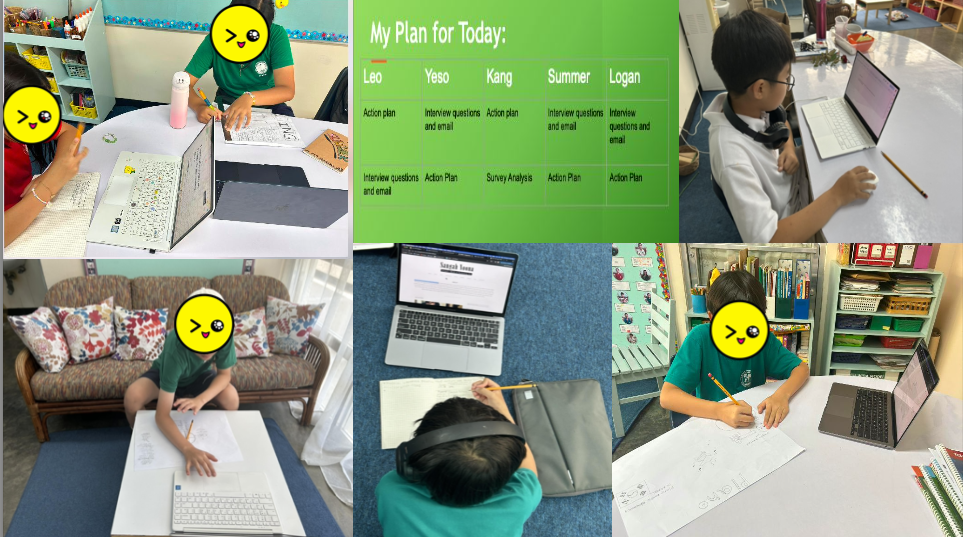
On the other hand, Grade 5 students have been employing their reading and research skills to collect pertinent information for their PYP exhibition. They have revisited and applied the grammatical skills acquired earlier, utilizing them to craft paragraphs and essays about their exhibition topics. Additionally, they have delved into the intricacies of paraphrasing and citation, further enhancing their academic writing proficiency.
MYP Mathematics
by Ms. Maria Bacus, MYP Mathematics Teacher
The student explored the concept of Trigonometry. This unit started with an investigation into the properties of right-angled triangles and the theorem of Pythagoras. The students discovered that the square of the longest side of the triangle is equal to the sum of the squares of the other two sides. They then applied these concepts to solve lengths in two and three-dimensional shapes.
To further challenge the students’ understanding of the applications of Pythagoras’ Theorem and the trigonometric ratios, they worked in pairs to solve the Trigonometry Pile Up challenge by William Emeny. This task allowed students to apply their knowledge and foster collaboration and problem-solving skills as students tackled the complex geometric problems together.
Here are some photos and work of students as they completed this class activity:
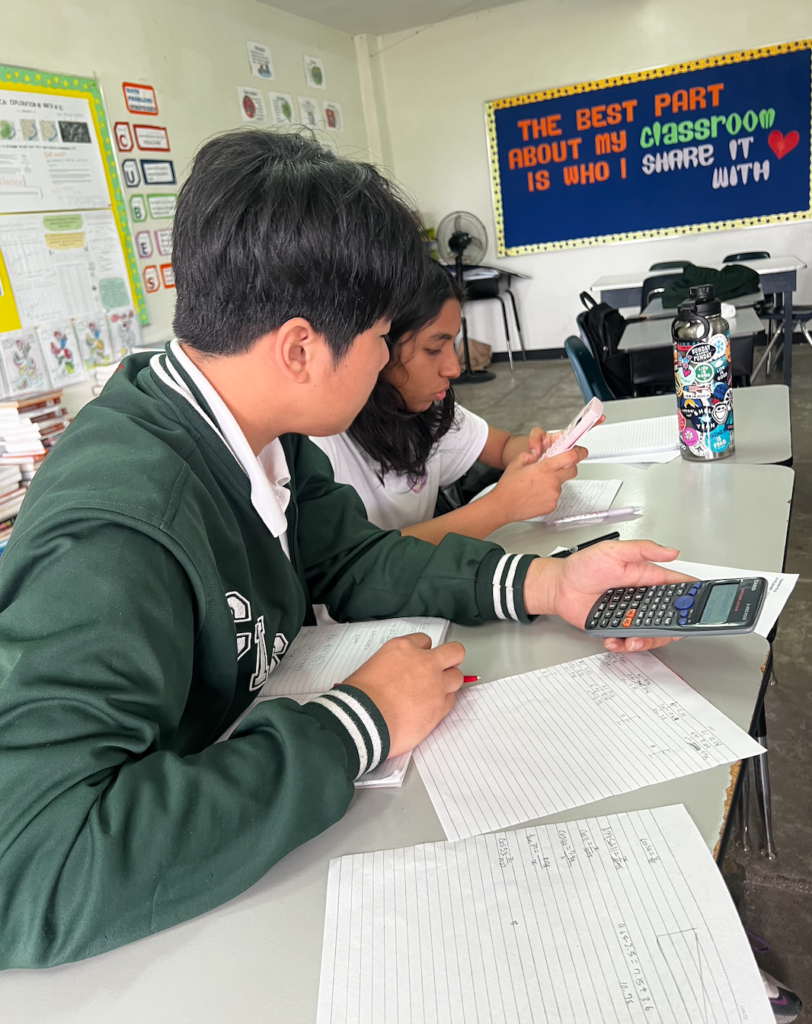
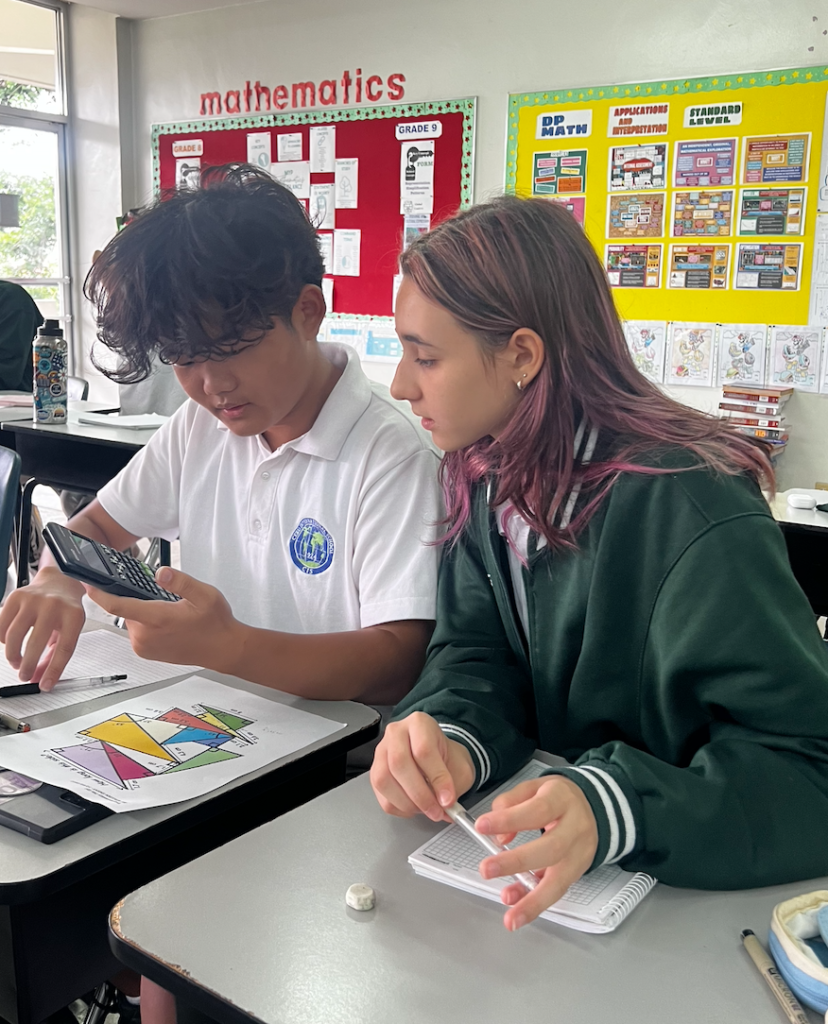
Throughout the task, students engage in a multifaceted approach that includes clear communication, precision in rounding answers, and effective utilization of their technology. Specifically, students were asked to communicate their thought processes, methodologies and solutions in a clear manner. Rounding their answers to the appropriate number of significant figures is another skill that was practiced in this task. This practice fostered their attention to detail and reinforced the importance of accuracy in mathematical computations. Lastly, they further enhanced their experience by maximizing their calculators to verify solutions and improve their problem-solving proficiency.
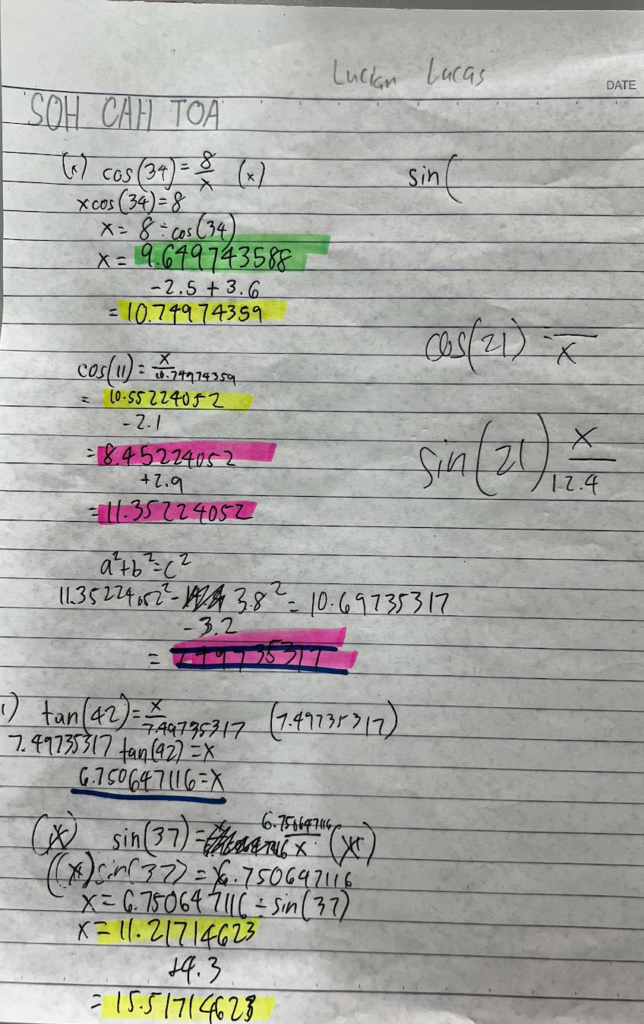
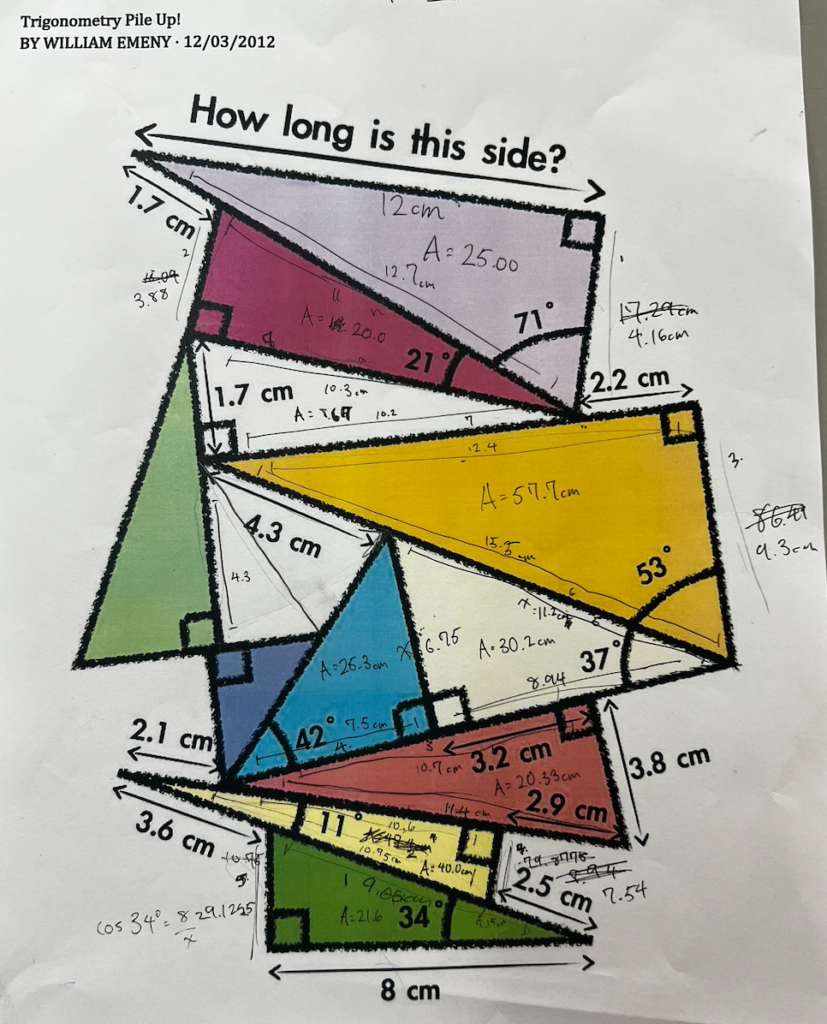
Here are some of the students’ reflections on their challenges and collaborations:
Participating in the trigonometry pile up challenge was a huge eye opener to how much communication and perspective can play a big role on the quality of the results. Solving difficult and repetitive formulas can cause small hiccups and mistakes either with the calculations or formulas that caused a less accurate final answer. I for one realized this as I had to go back and solve the problem from the start on my own, to understand where we miscommunicated and got the mistake. This challenge taught me the importance of communication not only in math, but day to day life. As a simple math problem already caused a big hiccup and miscommunication, how much more would this be for bigger more complicated real world problems like treatment for cancer or even global warming.
The challenge was interesting and was able to test our knowledge of trigonometry and the Pythagorean theorem. Having a partner greatly helped as we could always compare our answers and find anything one of us might have missed.
The Triangle and Pythagoras problem was so fun. It was pretty simple to do but it was fun realizing what parts we needed to solve and what wasn’t needed. Along with that, I liked seeing my classmates answer compared to mine and racing to see who finished first.
What did you learn from a mathematical discussion today?
Andrew
Jimin
Niño
Title
College & Careers Counselor Corner
by Ms. Jenny Basa, College Counselor
Admission 101

Bentley University has created some resources that include the best tips from their admission team on making the most out of the college application process.
You may click on the links below to access the resources which have been designed to be insightful and easy to understand.
DATE
EVENT
April 18 Thursday
9:00 – 9:40 AM
Canteen Annex
All HS students invited to attend
Study Gold Coast – Mini College Fair
Participating Institutions:
- Bond University
- Griffith University
- Southern Cross University
- New York Film Academy Australia
- Australian International Student Tours

SAT Update
2023–24 School Year Test Dates
| Test Date | Deadline for Registration, Changes and Regular Cancellation |
| May 4, 2024 | April 19, 2024 |
| June 1, 2024 | May 16, 2024 |
To register for the SAT, you may click on this link. If you need assistance or have any questions, please feel free to email Ms. Jenny Basa at jbasa@cis.edu.ph.
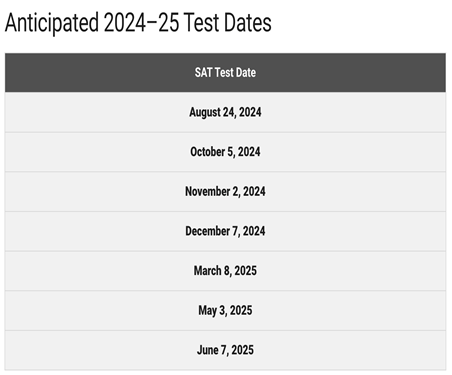


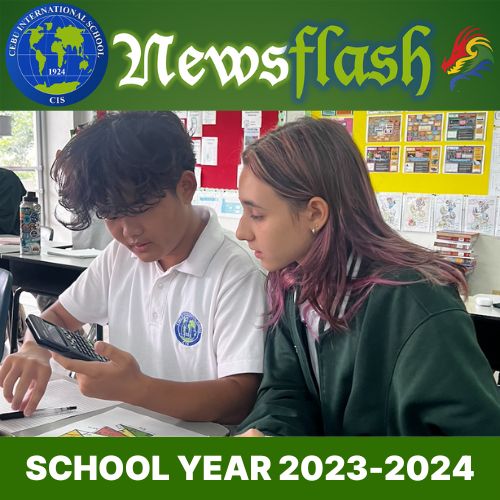

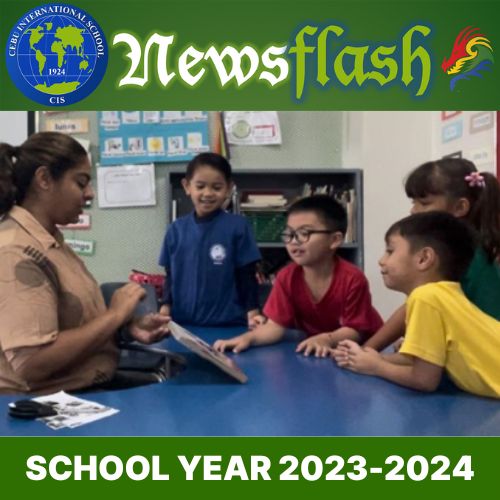
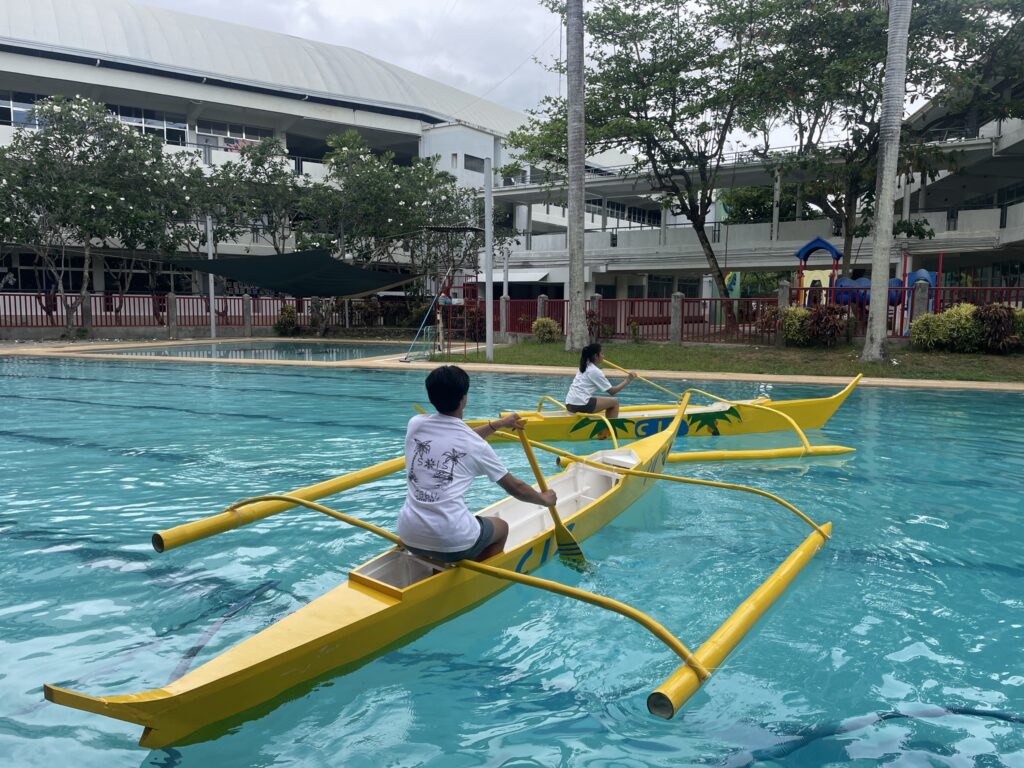 The Personal Project is a unique opportunity for students to undertake an independent and age-appropriate exploration into an area of personal interest. Through the process of inquiry, action and reflection, students will be encouraged to demonstrate and strengthen their approaches to learning skills.
The Personal Project is a unique opportunity for students to undertake an independent and age-appropriate exploration into an area of personal interest. Through the process of inquiry, action and reflection, students will be encouraged to demonstrate and strengthen their approaches to learning skills.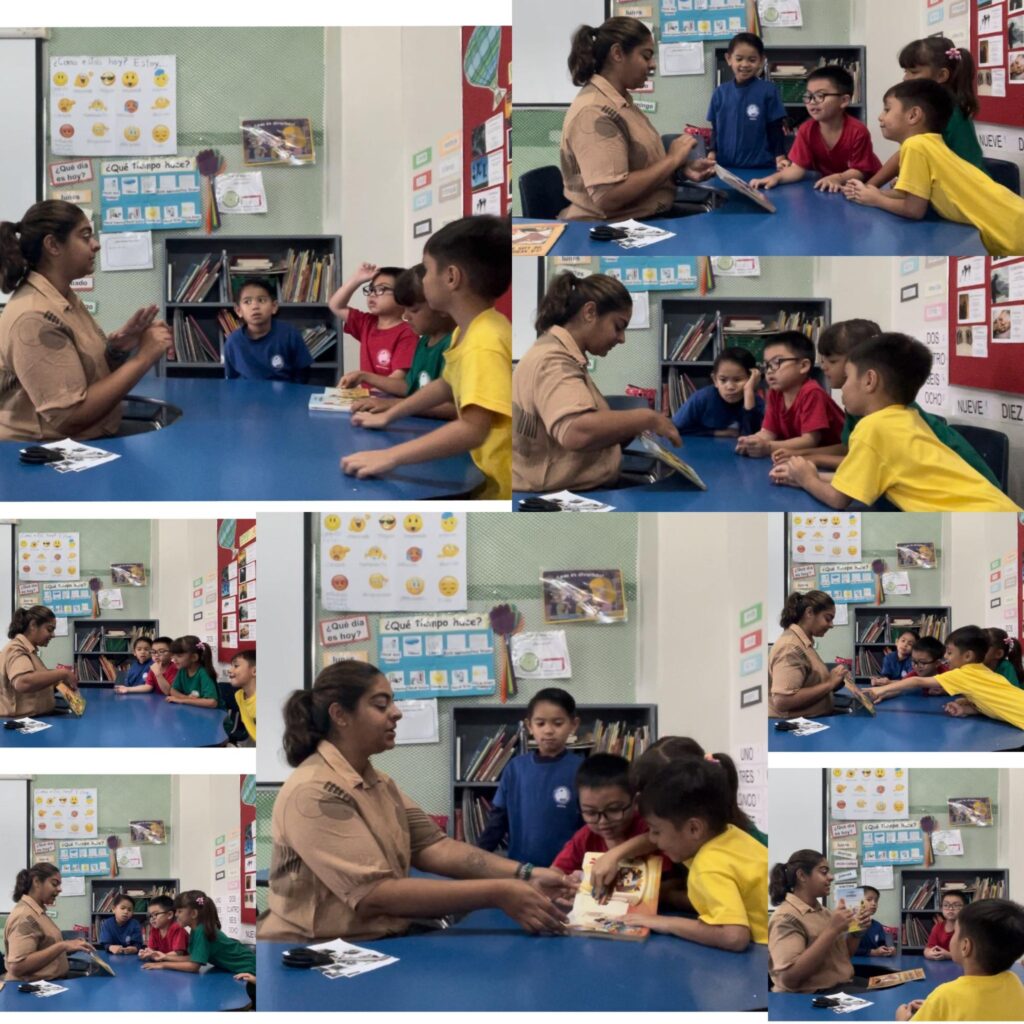 🏠 The Topic: Houses
🏠 The Topic: Houses 🏠 Students have embarked on a captivating journey through the animal kingdom, all while sharpening their Spanish language skills. As part of their curriculum, students are delving into the fascinating world of animals, exploring their habitats, behaviors, and characteristics.
🏠 Students have embarked on a captivating journey through the animal kingdom, all while sharpening their Spanish language skills. As part of their curriculum, students are delving into the fascinating world of animals, exploring their habitats, behaviors, and characteristics.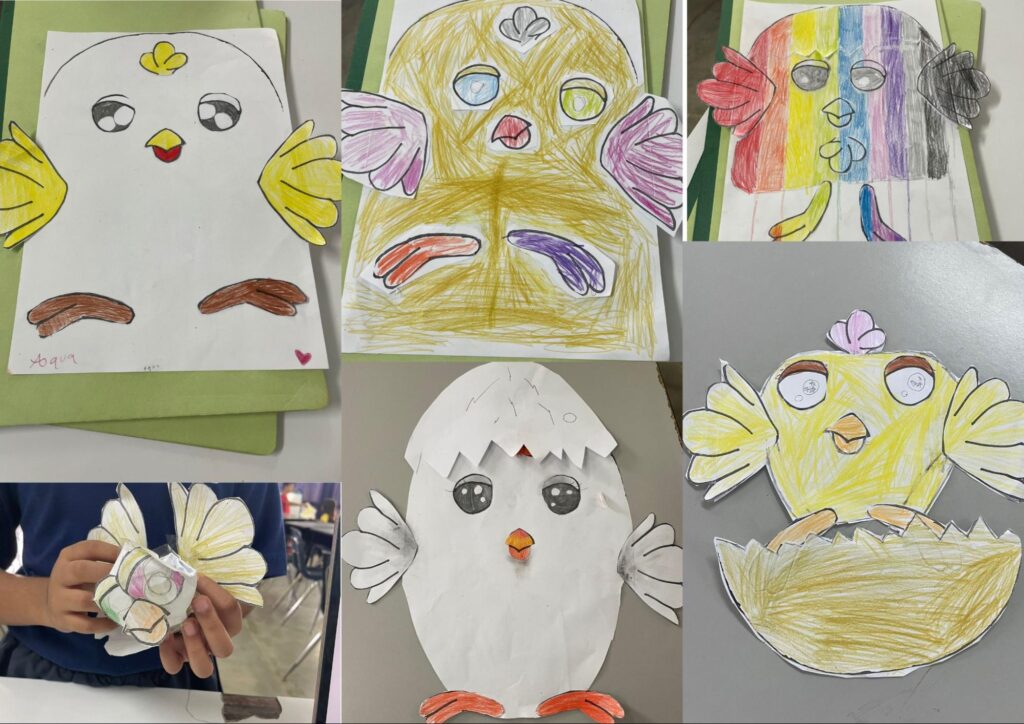 🌎 What makes this learning adventure even more remarkable is its integration with the transdisciplinary unit on “Sharing the Planet.” Through this interdisciplinary approach, students are not only expanding their knowledge of animals but also gaining a deeper understanding of their role in preserving our planet’s biodiversity.
🌎 What makes this learning adventure even more remarkable is its integration with the transdisciplinary unit on “Sharing the Planet.” Through this interdisciplinary approach, students are not only expanding their knowledge of animals but also gaining a deeper understanding of their role in preserving our planet’s biodiversity. In an innovative fusion of language and science, students are breaking boundaries in their Spanish class!
In an innovative fusion of language and science, students are breaking boundaries in their Spanish class!
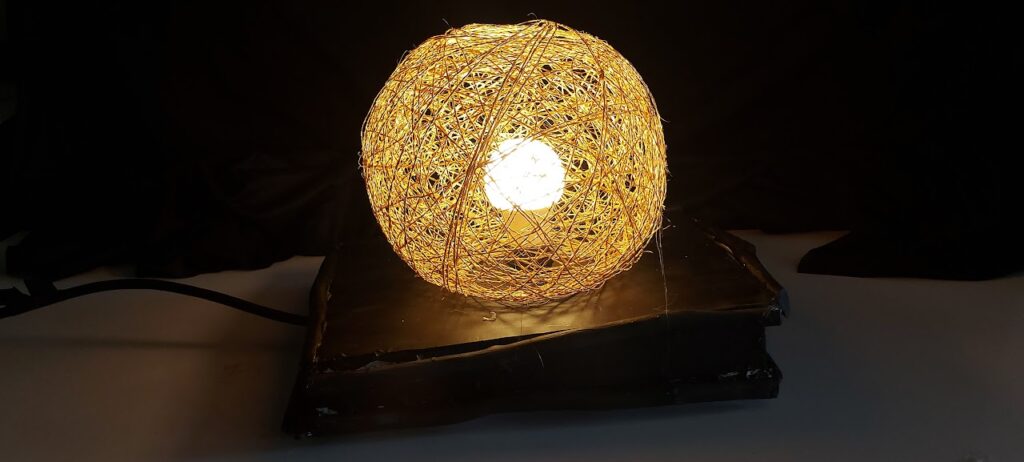

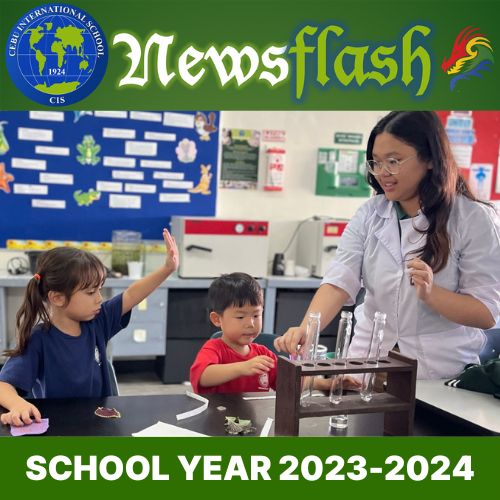
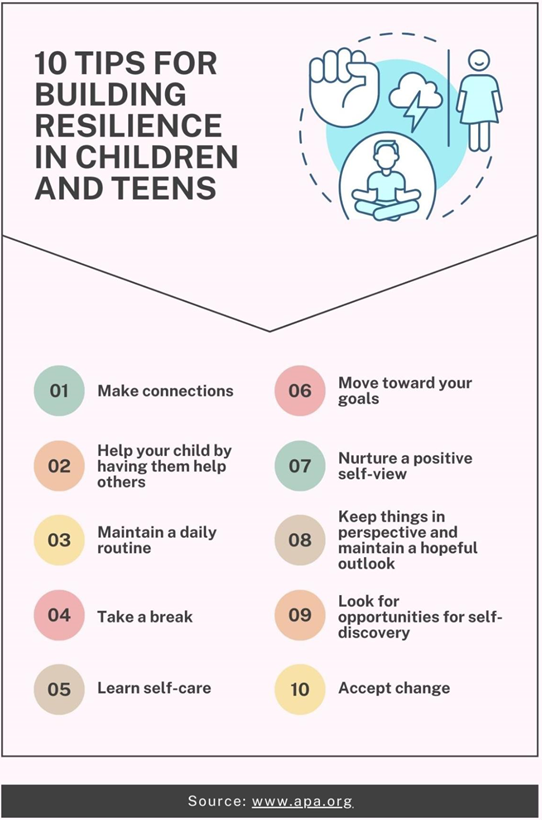 Insights from educational research highlight the crucial role parents and teachers play in fostering resilience in our young learners. When students encounter obstacles or conflicts, they naturally turn to their trusted adults for guidance and support. As caring educators and parents, our immediate instinct is often to step in and alleviate their difficulties. However, this well-intentioned response, while comforting in the short term, may inadvertently hinder the development of resilience.
Insights from educational research highlight the crucial role parents and teachers play in fostering resilience in our young learners. When students encounter obstacles or conflicts, they naturally turn to their trusted adults for guidance and support. As caring educators and parents, our immediate instinct is often to step in and alleviate their difficulties. However, this well-intentioned response, while comforting in the short term, may inadvertently hinder the development of resilience.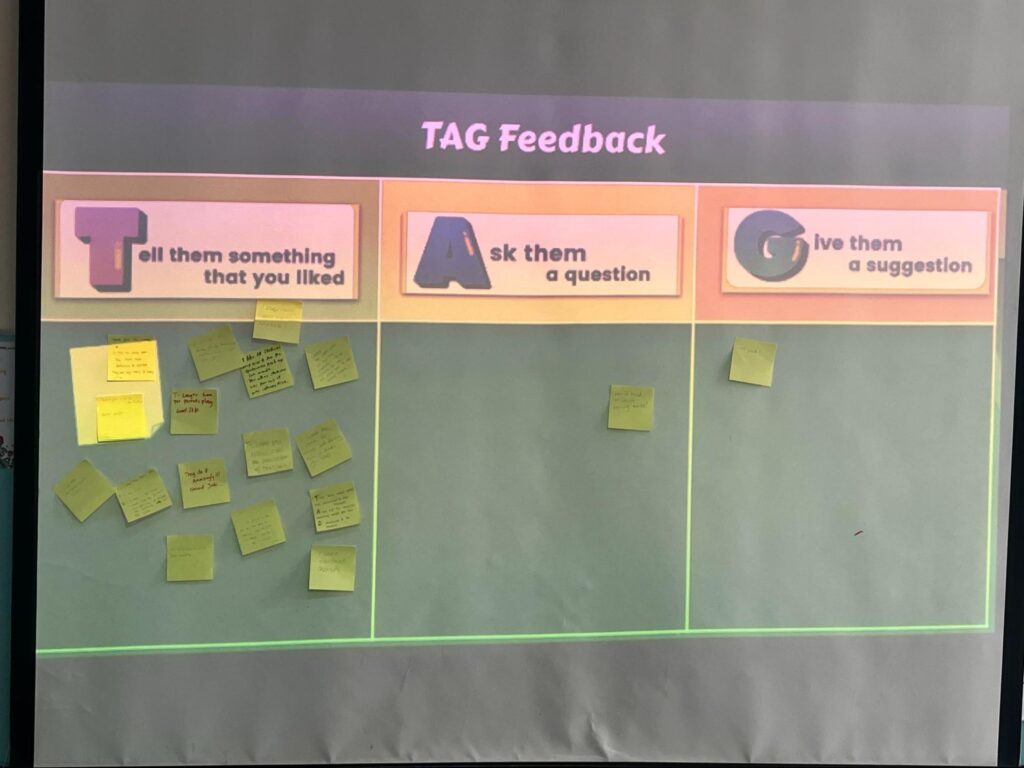
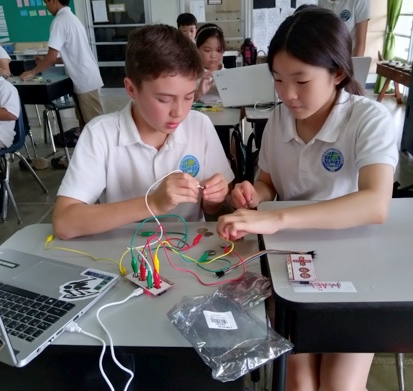
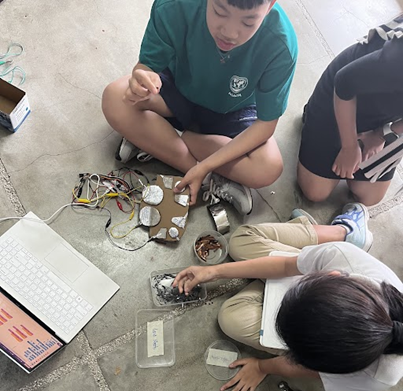
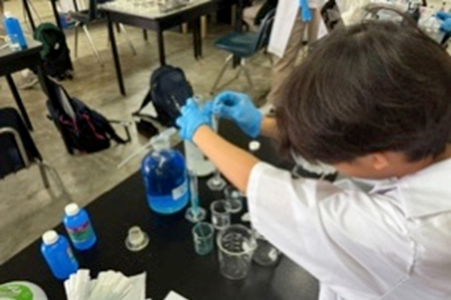

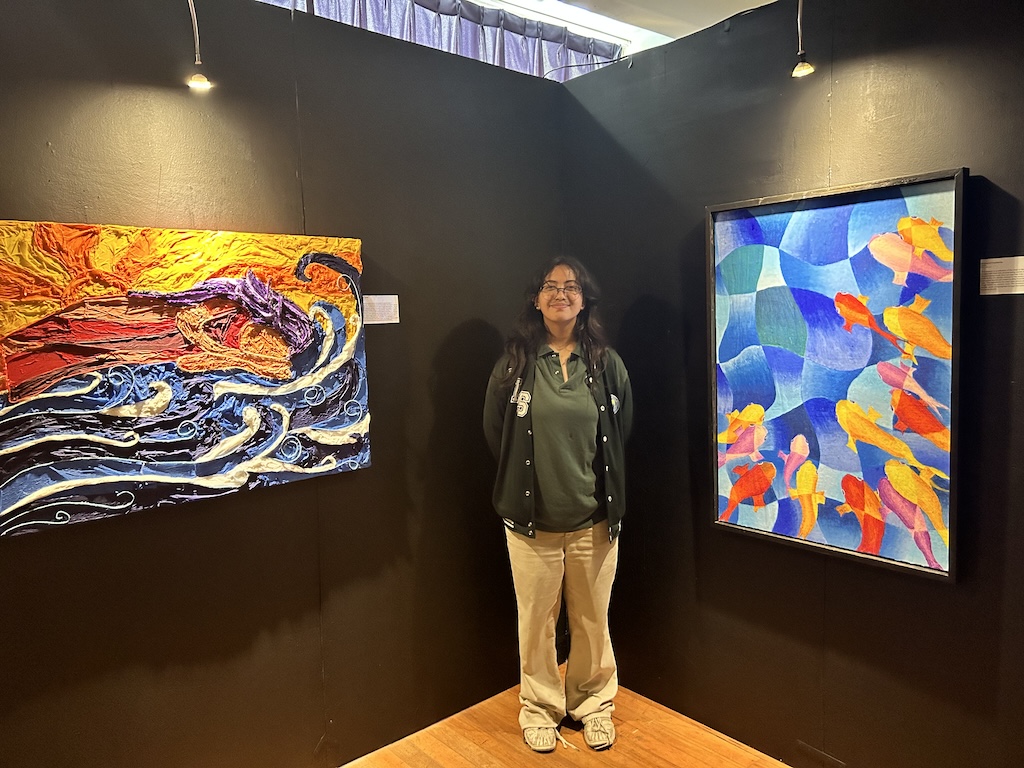
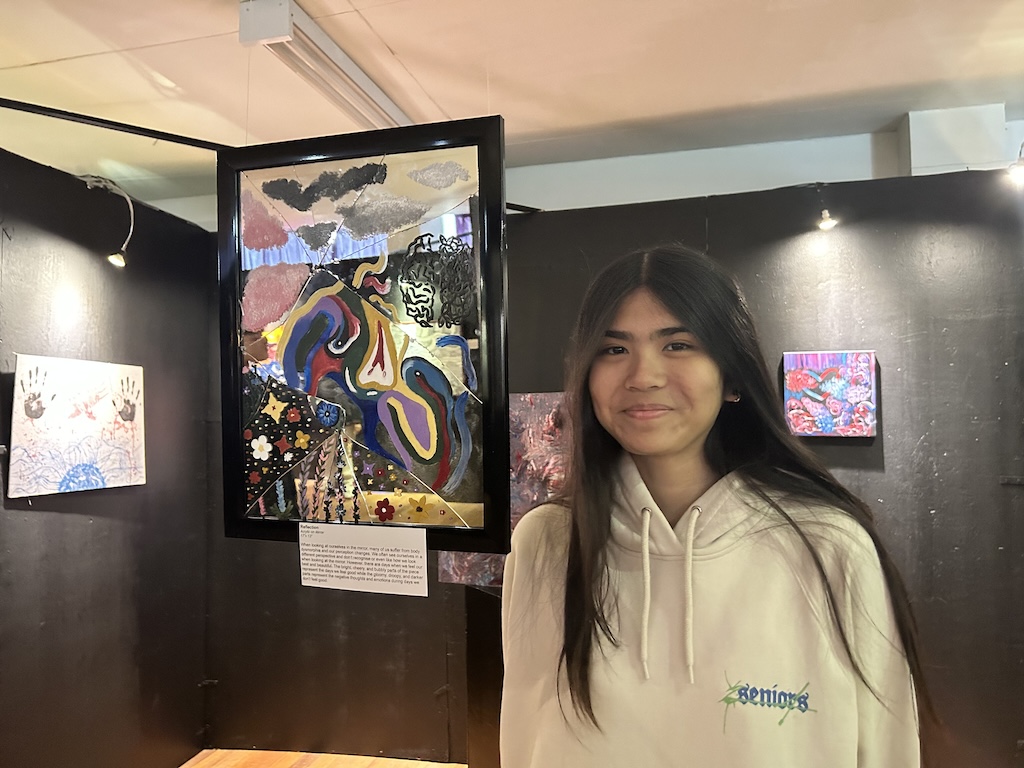
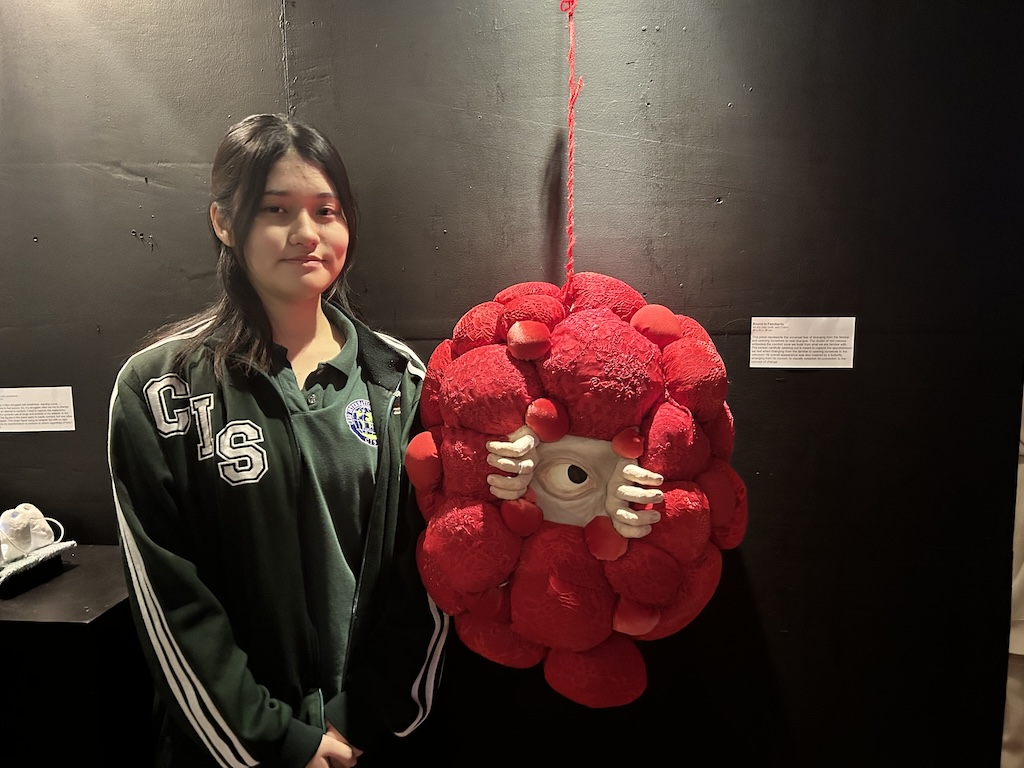
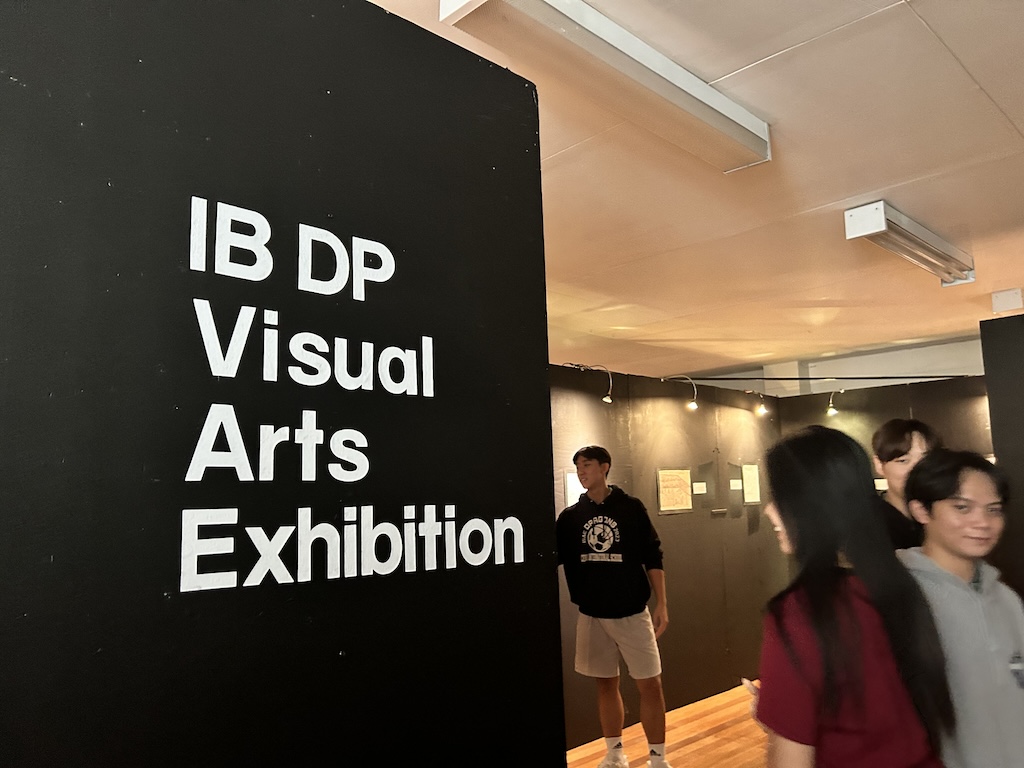
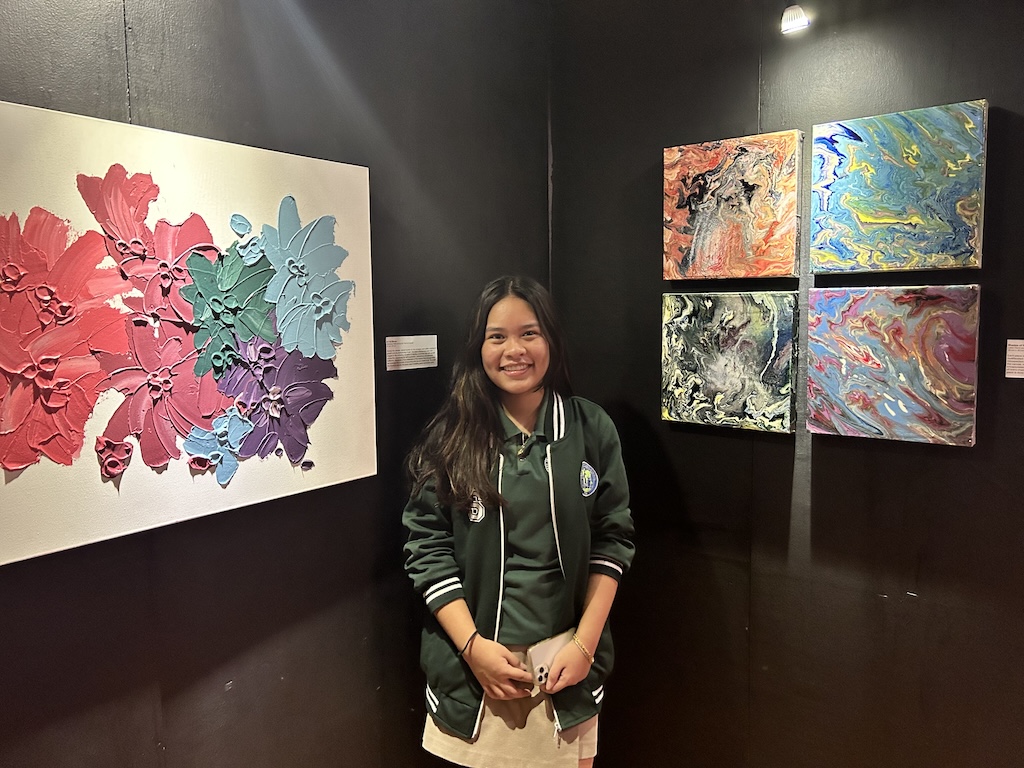
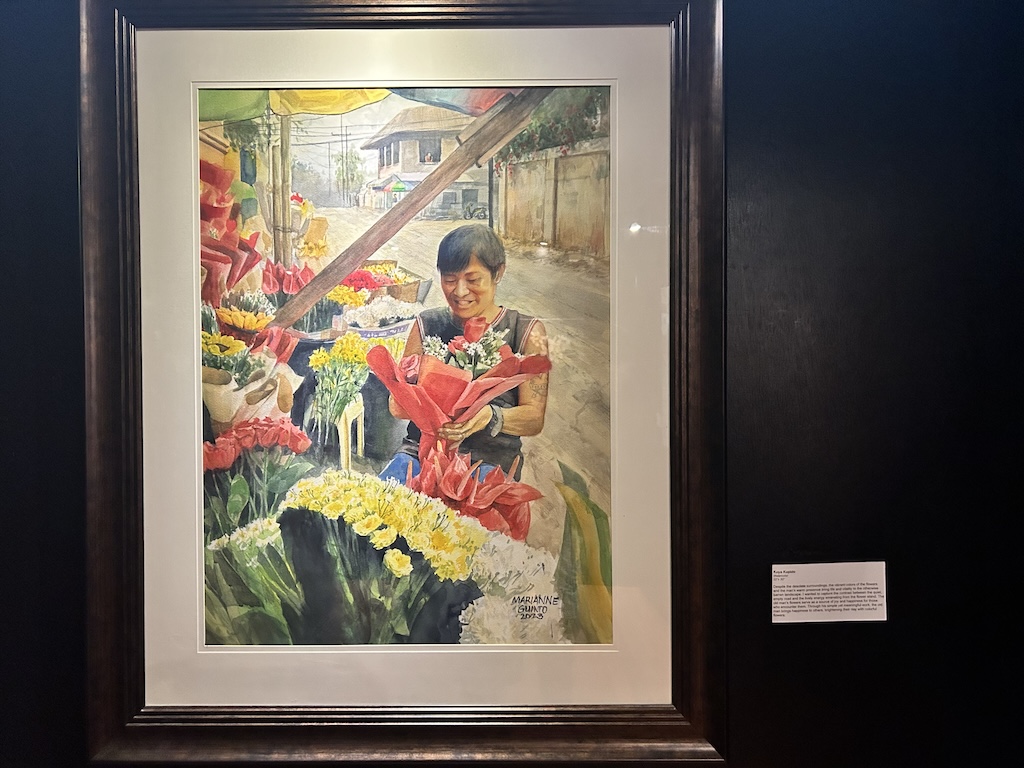
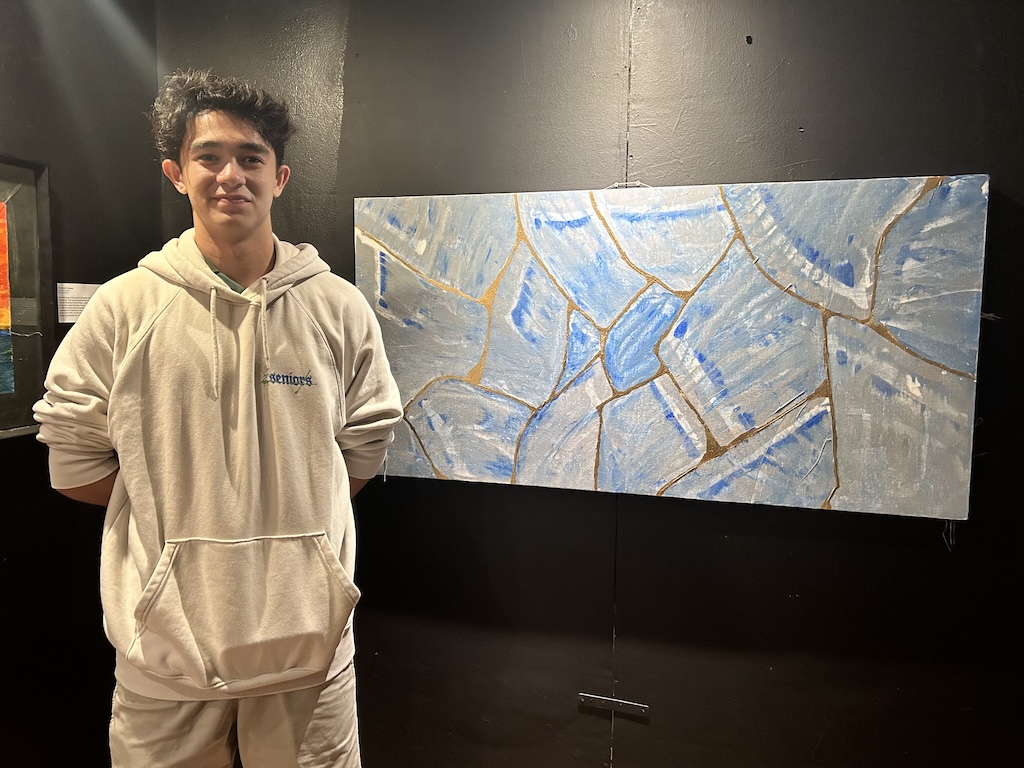
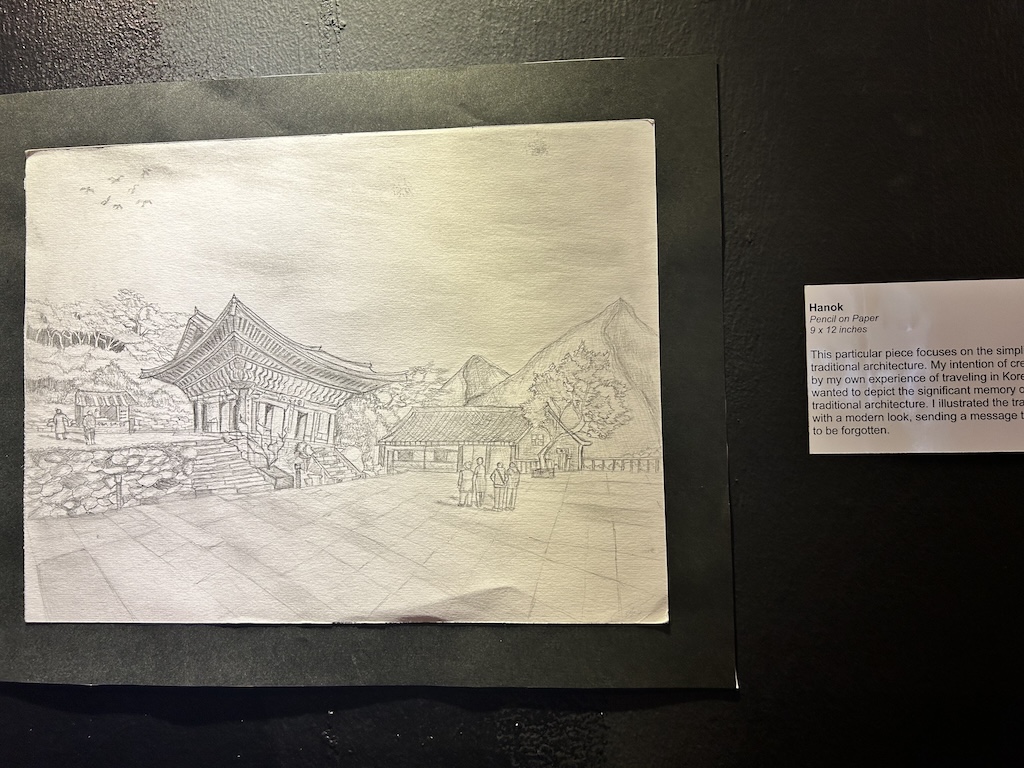
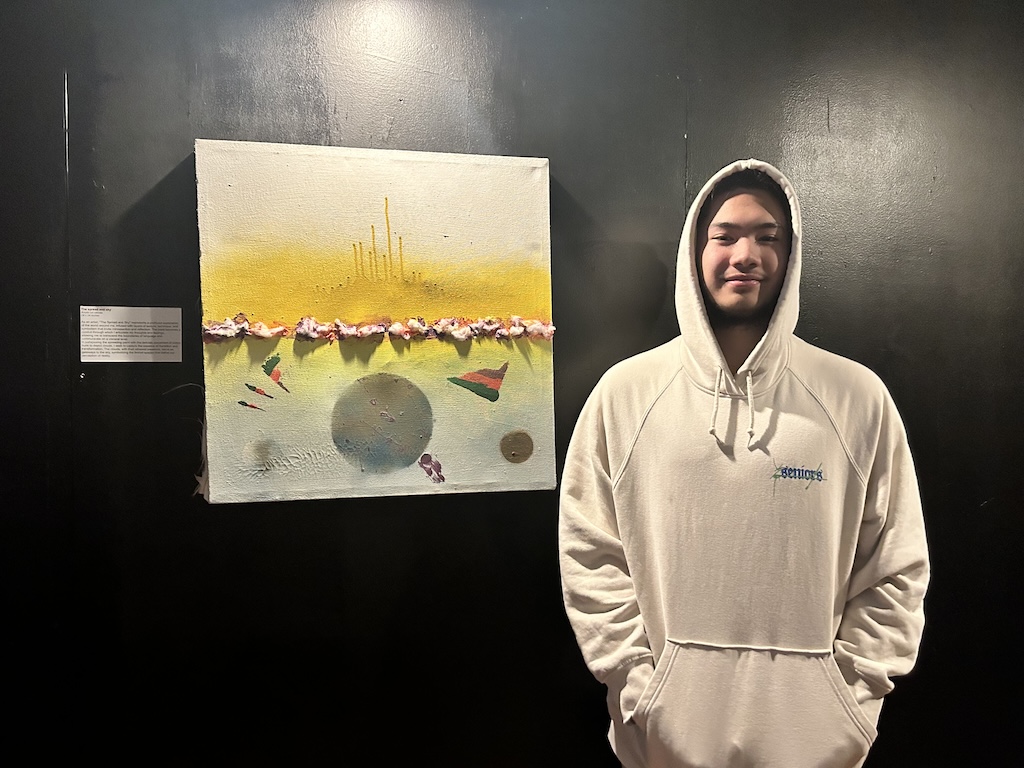
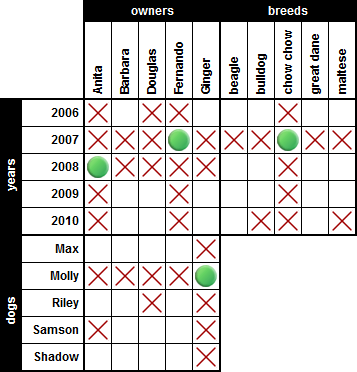 Last week was STEM Week at CIS and the school was full of activities for all students. We had students designing and flying paper planes, trivia games, puzzles, scavenger hunts, and cryptography challenges!
Last week was STEM Week at CIS and the school was full of activities for all students. We had students designing and flying paper planes, trivia games, puzzles, scavenger hunts, and cryptography challenges!  In grade 7 we took a look at the 2024 Pi Day Challenge, a webpage that publishes a different set of pi themed problems every March 14 (3-14!). We worked as a class to see how many of the puzzles we could solve together. The students solved the puzzles by applying logic, algebra, geometry, and probability. Feel free to check it out yourself at
In grade 7 we took a look at the 2024 Pi Day Challenge, a webpage that publishes a different set of pi themed problems every March 14 (3-14!). We worked as a class to see how many of the puzzles we could solve together. The students solved the puzzles by applying logic, algebra, geometry, and probability. Feel free to check it out yourself at 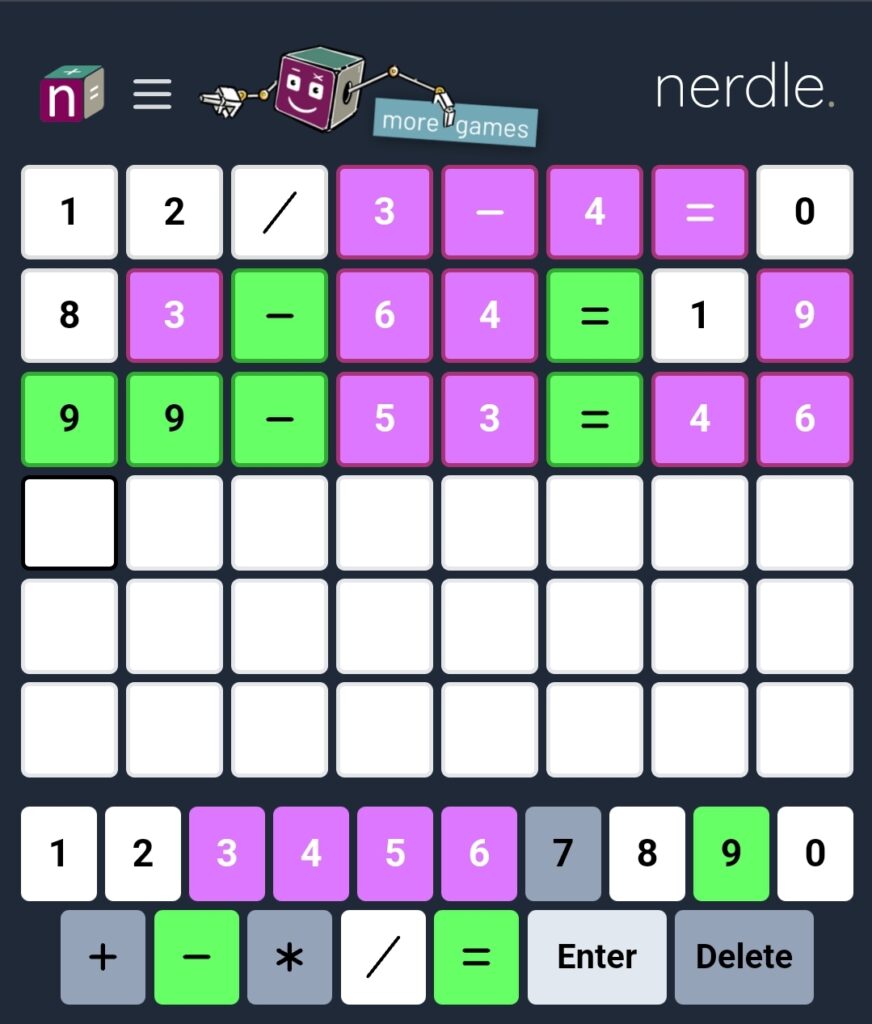 Grade 10 focused on a math-themed challenge focusing on equations and the order of operations. Similar to the game Wordle, students had a chance to play the math version called Nerdle. In Nerdle students have to come up with an equation using the digits 0 to 9 and the four basic operations. Each guess lets them know if the numbers and operations are in the correct order, the right operation in the wrong place, or not included in the equation. Through the process of elimination, they had 6 chances to guess the correct answer. Then they really put their skills to the test with the MaxiNerdle which includes exponents, brackets, and roots as part of the solution!
Grade 10 focused on a math-themed challenge focusing on equations and the order of operations. Similar to the game Wordle, students had a chance to play the math version called Nerdle. In Nerdle students have to come up with an equation using the digits 0 to 9 and the four basic operations. Each guess lets them know if the numbers and operations are in the correct order, the right operation in the wrong place, or not included in the equation. Through the process of elimination, they had 6 chances to guess the correct answer. Then they really put their skills to the test with the MaxiNerdle which includes exponents, brackets, and roots as part of the solution!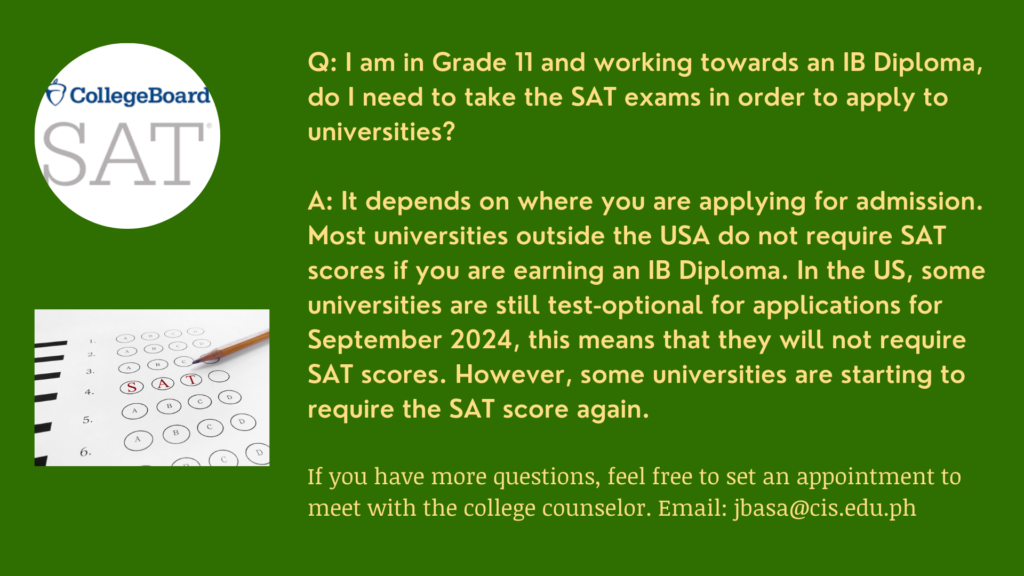
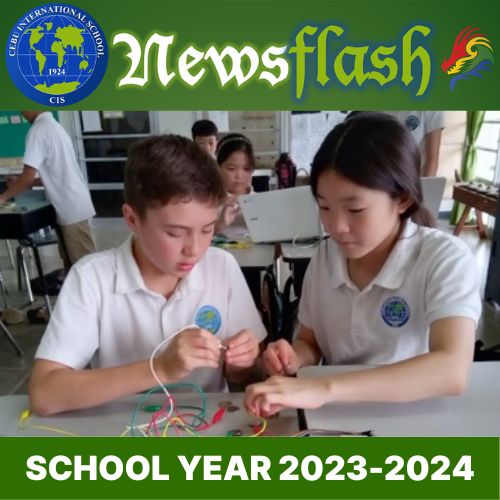
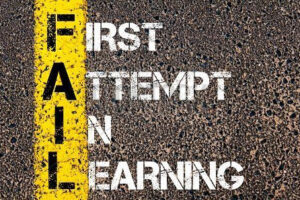
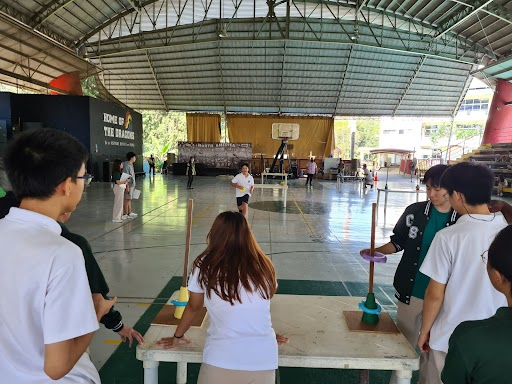
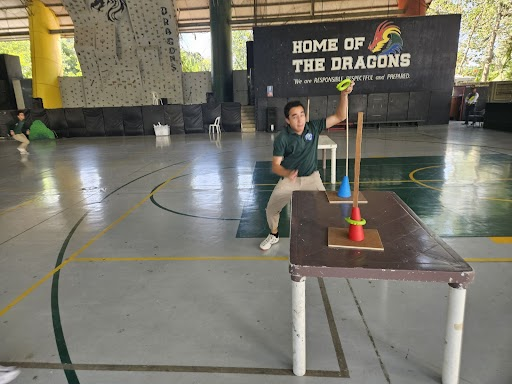
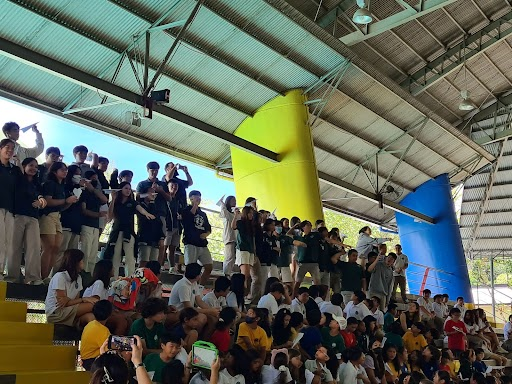
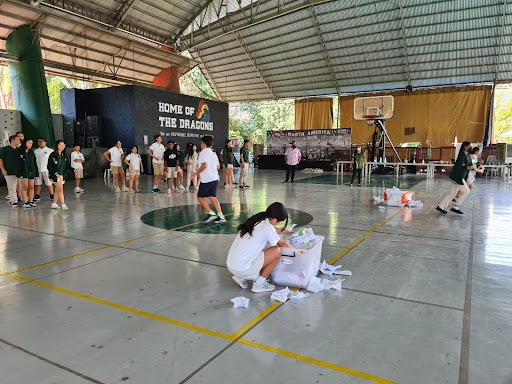
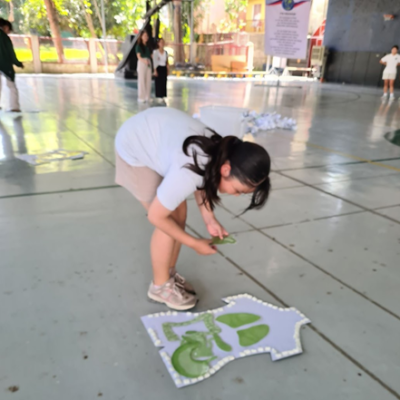
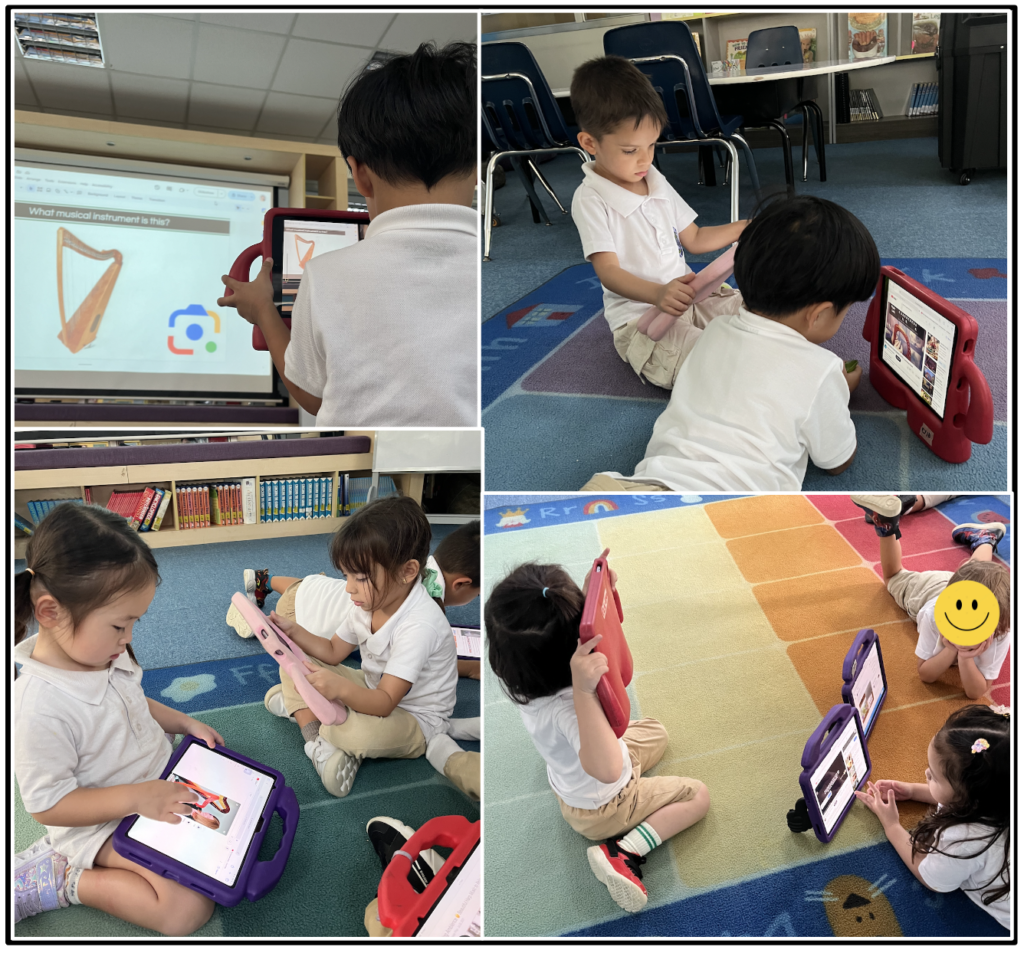
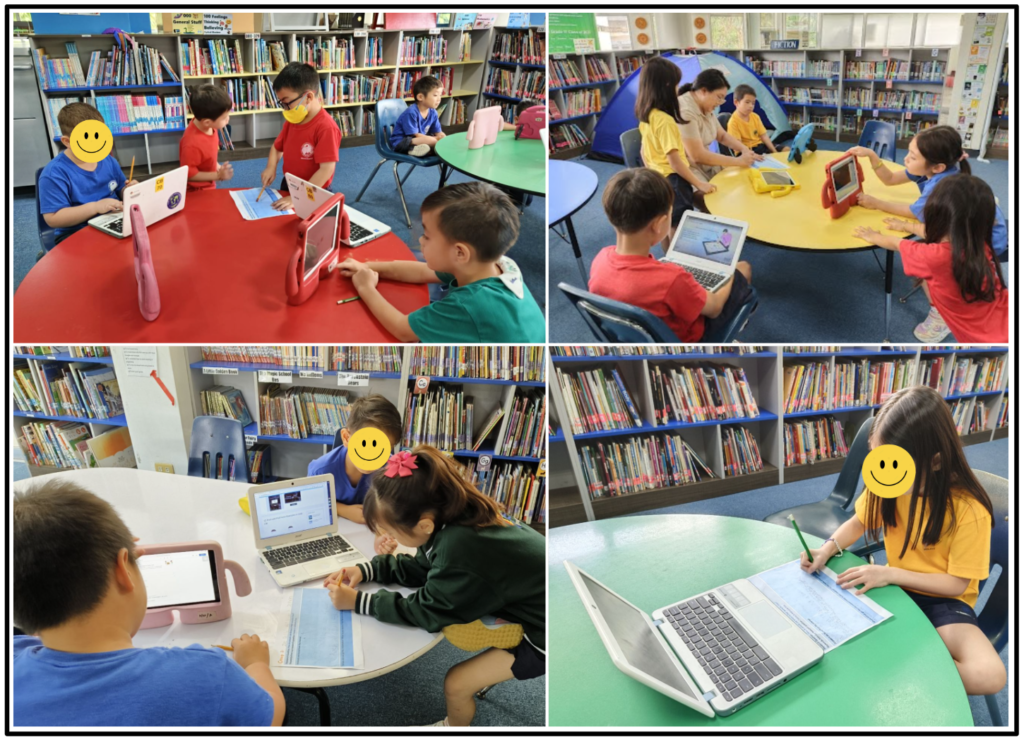
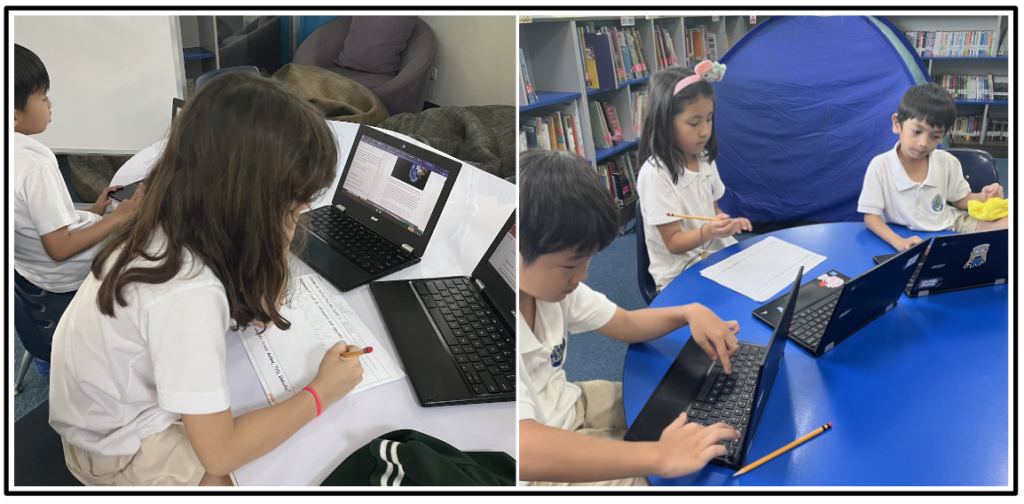
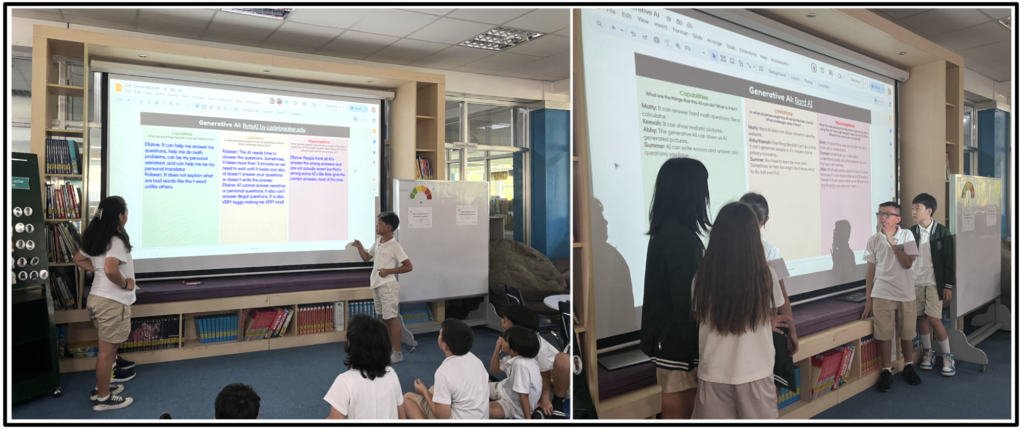
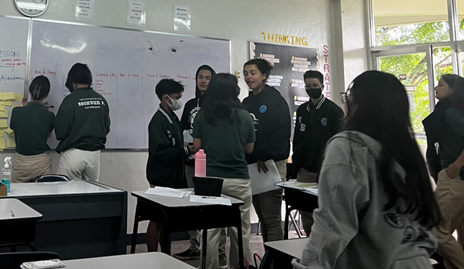
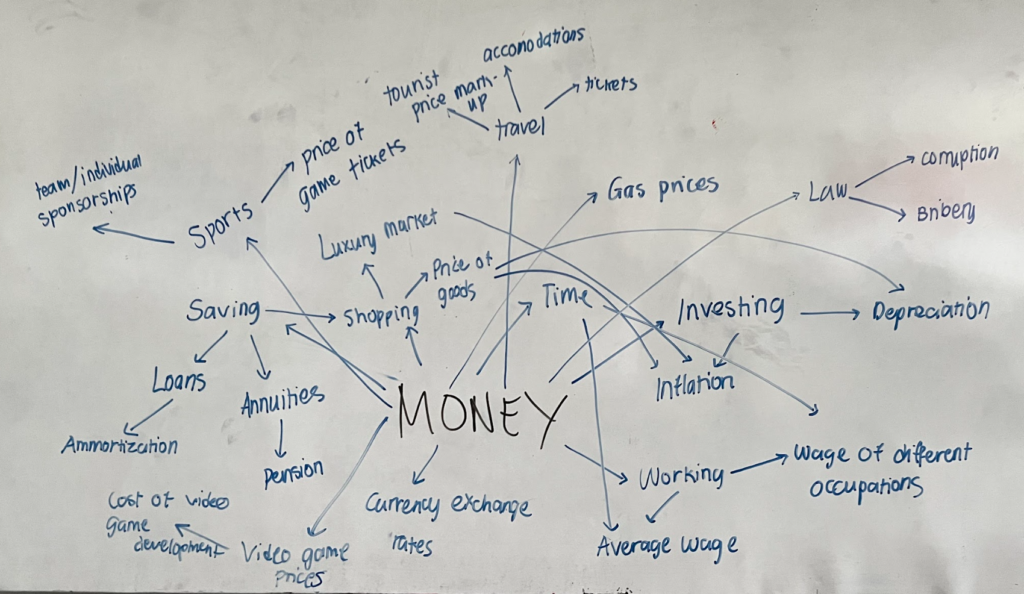
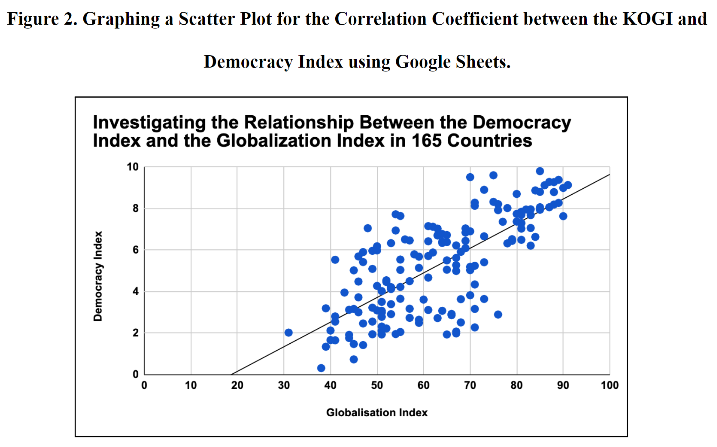
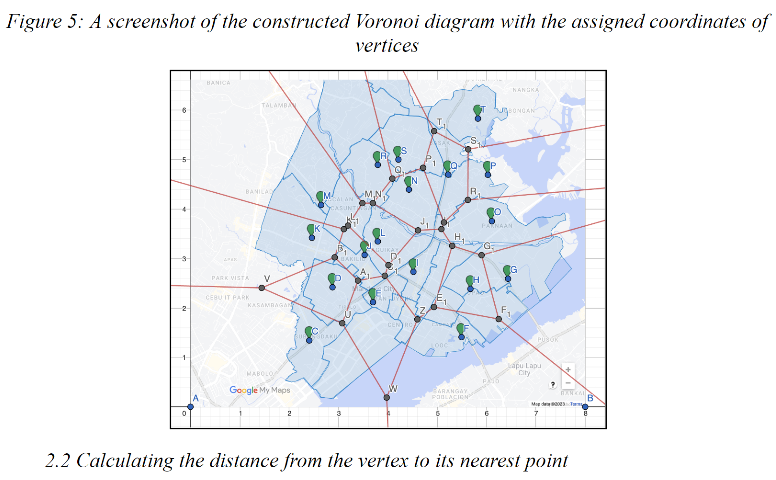
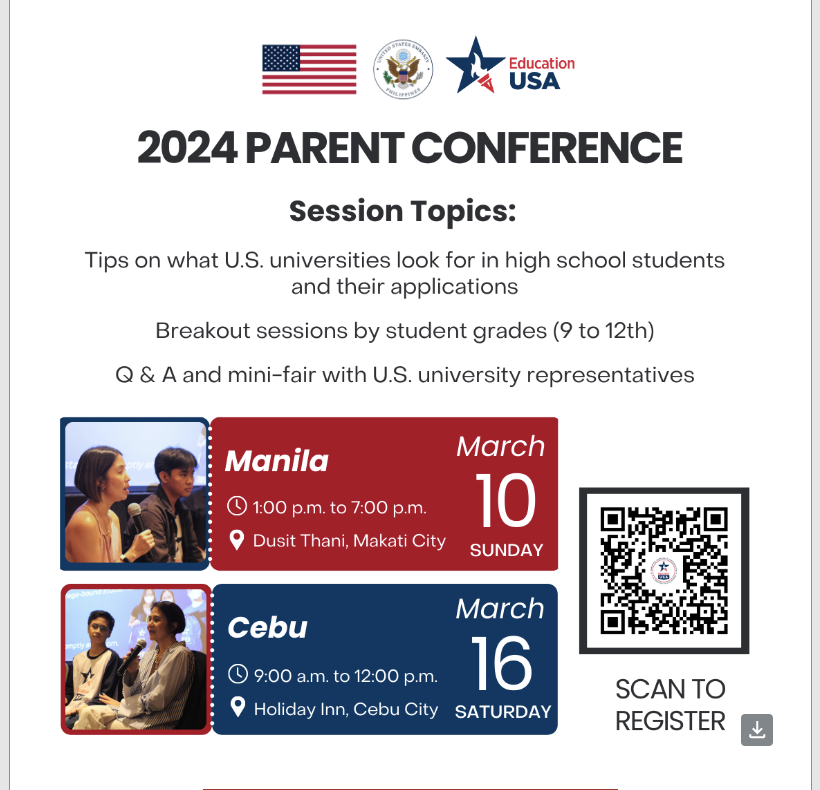
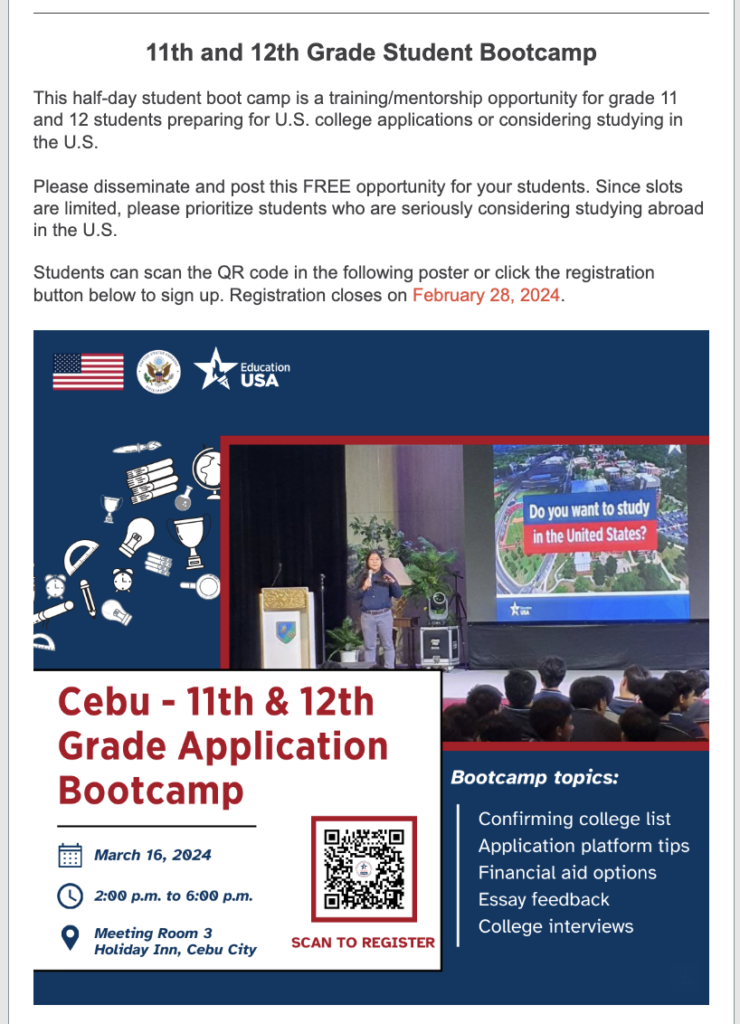



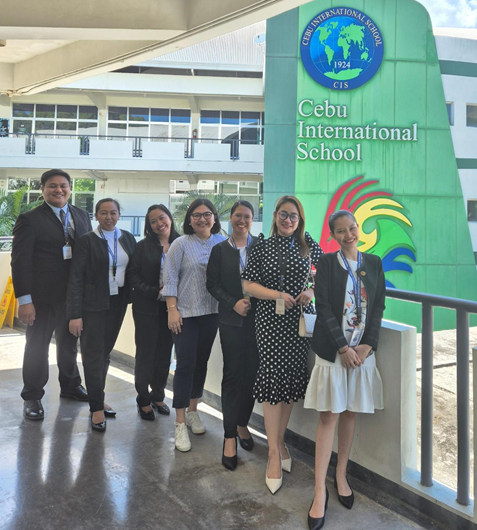 have provided the SAIS educators a chance to see the PYP in action and gain insight into how the IB Standards and Practices are implemented. The SAIS educators have expressed their sincere admiration for the impressive work that CIS has done in implementing the IB PYP, the dedication of our PYP teachers in preserving the integrity of the program by employing best teaching practices, and the way our PYP students demonstrate the IB learner profile attributes and ATL skills. They also expressed their appreciation to the CIS community for their warm welcome and hospitality.
have provided the SAIS educators a chance to see the PYP in action and gain insight into how the IB Standards and Practices are implemented. The SAIS educators have expressed their sincere admiration for the impressive work that CIS has done in implementing the IB PYP, the dedication of our PYP teachers in preserving the integrity of the program by employing best teaching practices, and the way our PYP students demonstrate the IB learner profile attributes and ATL skills. They also expressed their appreciation to the CIS community for their warm welcome and hospitality.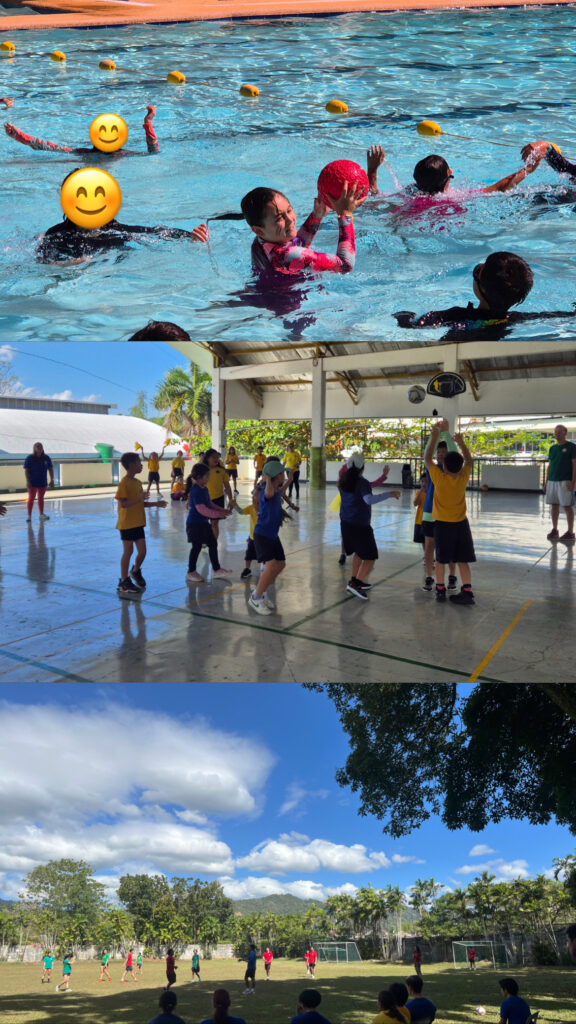
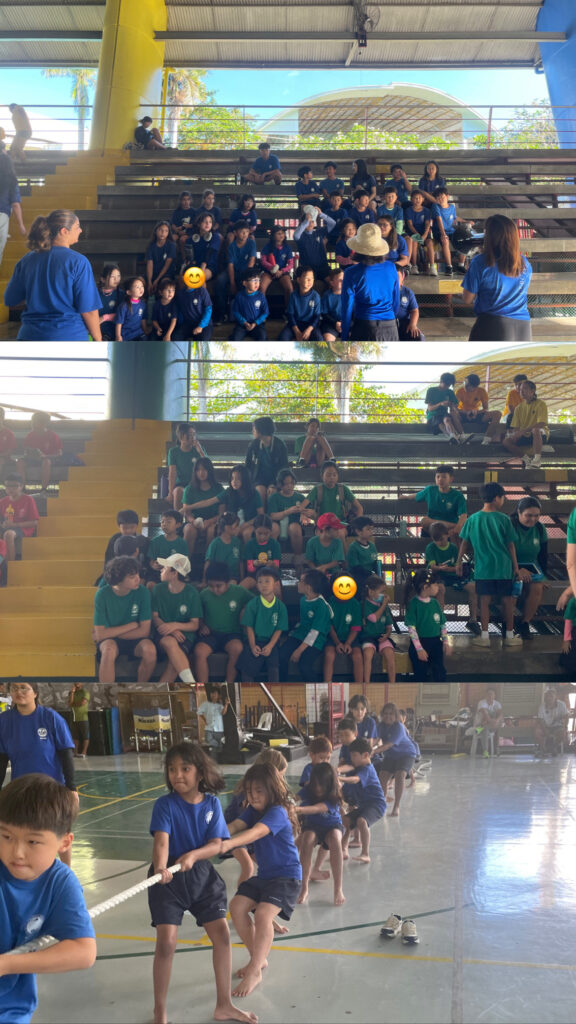
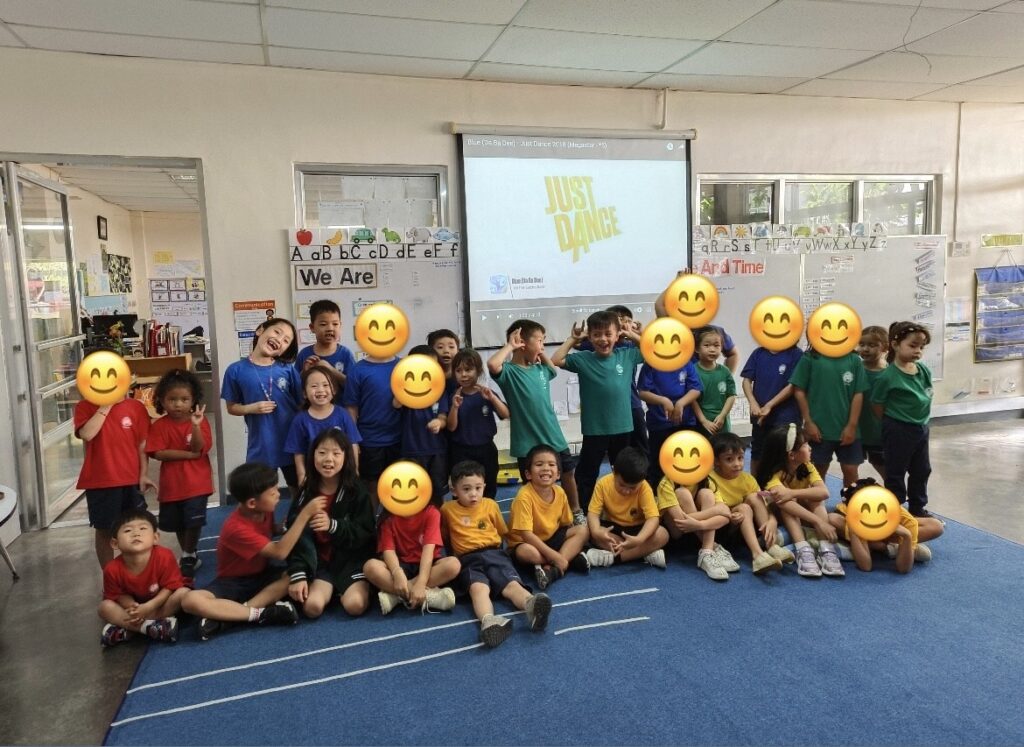 unfolds! Teams
unfolds! Teams 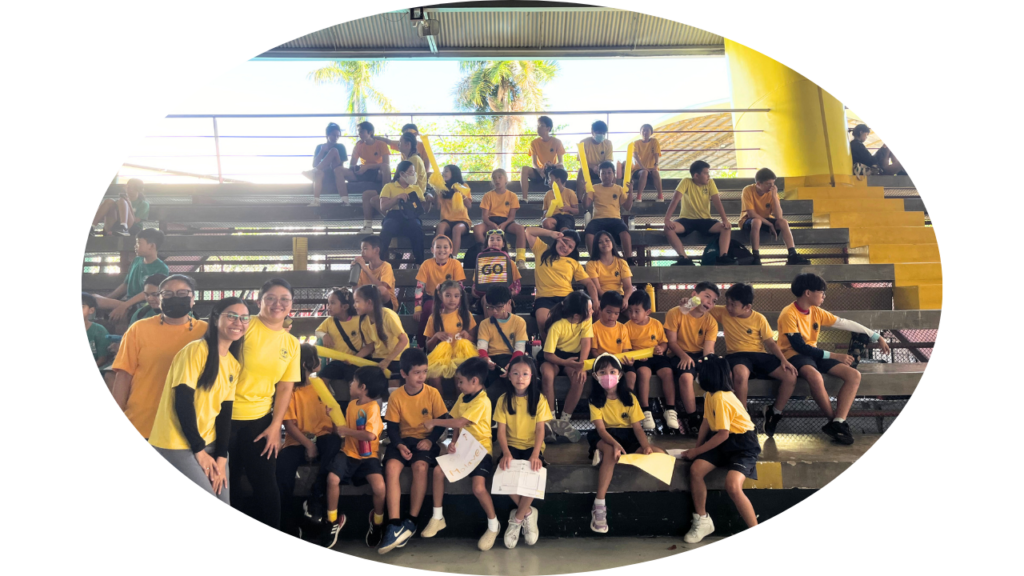 While there will be only one winner, the true spirit of the day lies in the camaraderie and sportsmanship displayed by all participants. It’s a day to celebrate individual talents, teamwork, and the joy of being part of a vibrant school community.
While there will be only one winner, the true spirit of the day lies in the camaraderie and sportsmanship displayed by all participants. It’s a day to celebrate individual talents, teamwork, and the joy of being part of a vibrant school community.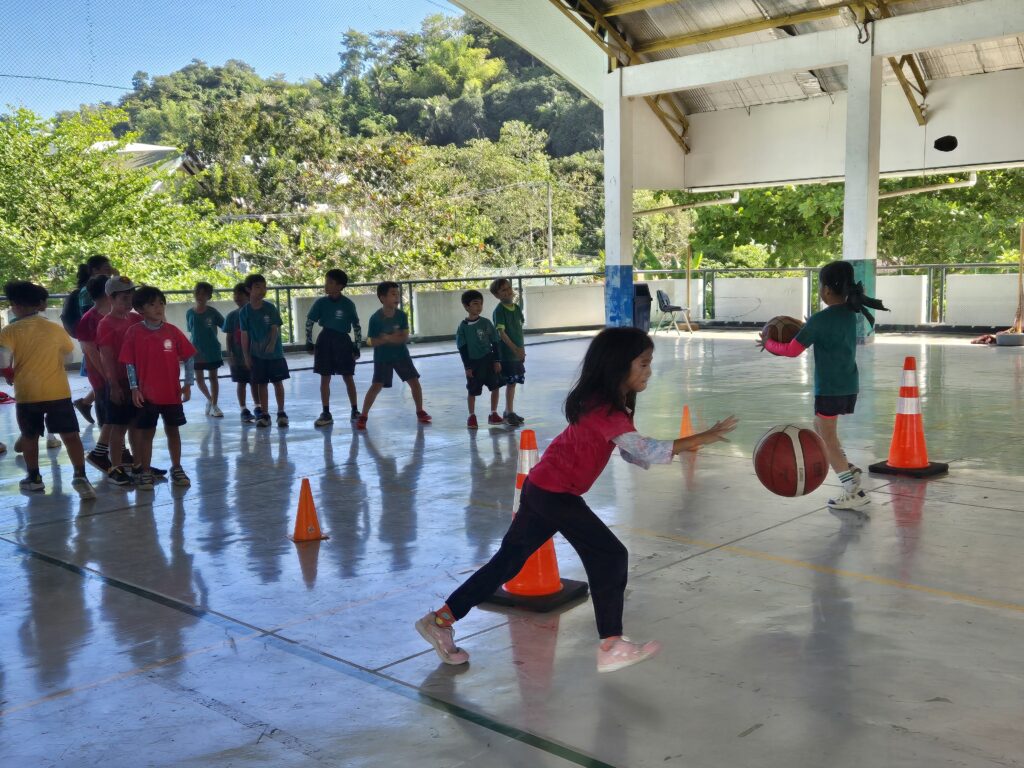
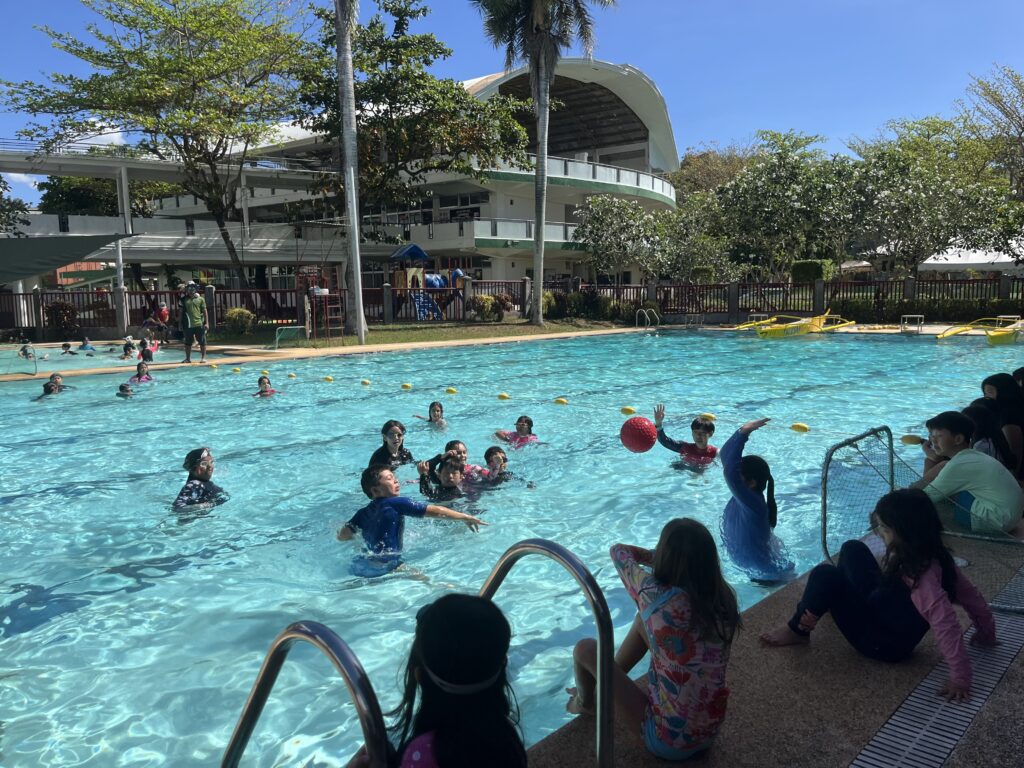
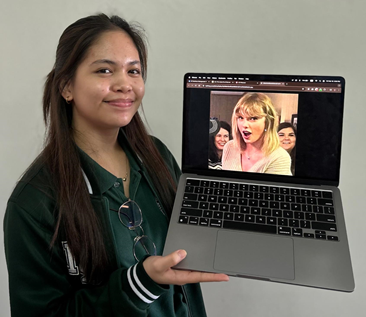 Business Management: I hope to learn about how Taylor Swift’s branding and advertising strategies have sustained her career over the years. By measuring her success in the entertainment industry quantitatively and qualitatively, I will be able to determine the effectiveness of her strategies and their impact on her brand image and loyalty, as she has kept a large fan base since her early career which continues to grow. This research also offers an exploration of business dynamics within entertainment, which would help me decide whether Business in entertainment or marketing would be a possible major or career for me.
Business Management: I hope to learn about how Taylor Swift’s branding and advertising strategies have sustained her career over the years. By measuring her success in the entertainment industry quantitatively and qualitatively, I will be able to determine the effectiveness of her strategies and their impact on her brand image and loyalty, as she has kept a large fan base since her early career which continues to grow. This research also offers an exploration of business dynamics within entertainment, which would help me decide whether Business in entertainment or marketing would be a possible major or career for me.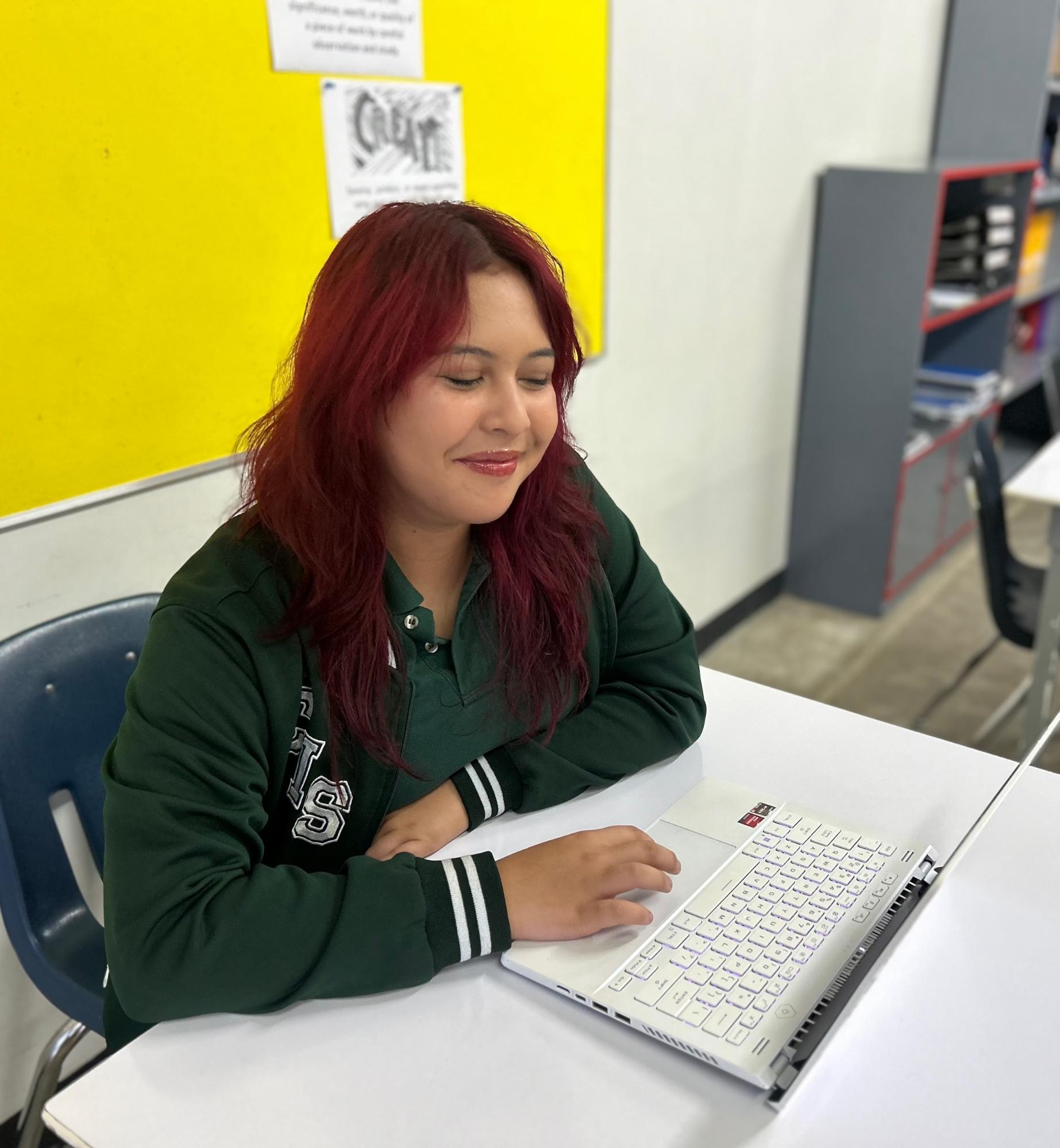 Language & Literature:
Language & Literature:  History:
History: 
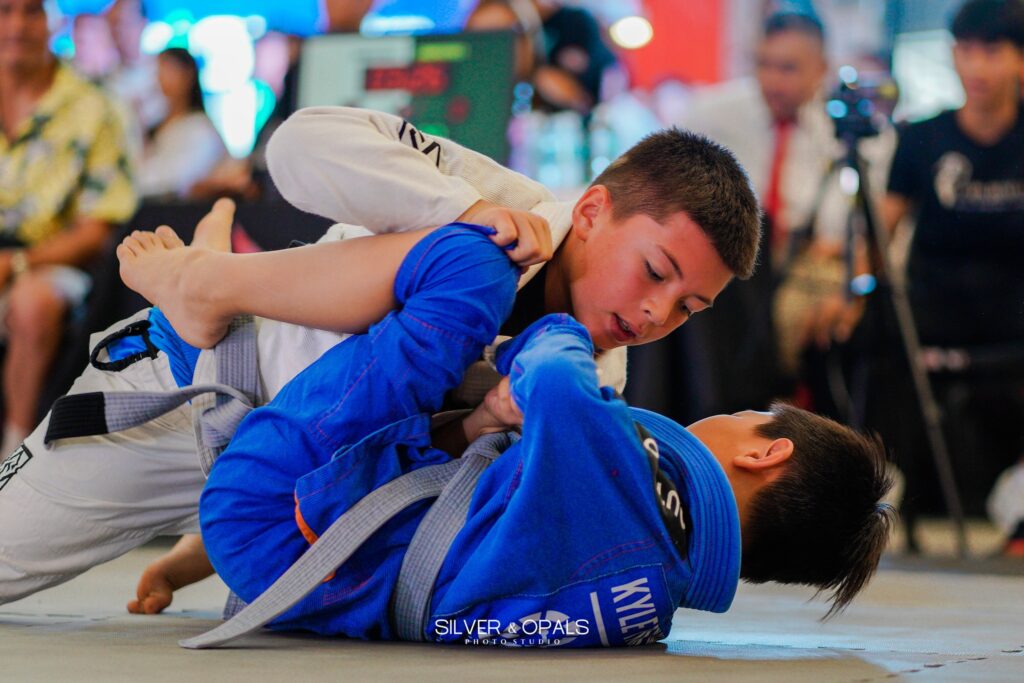
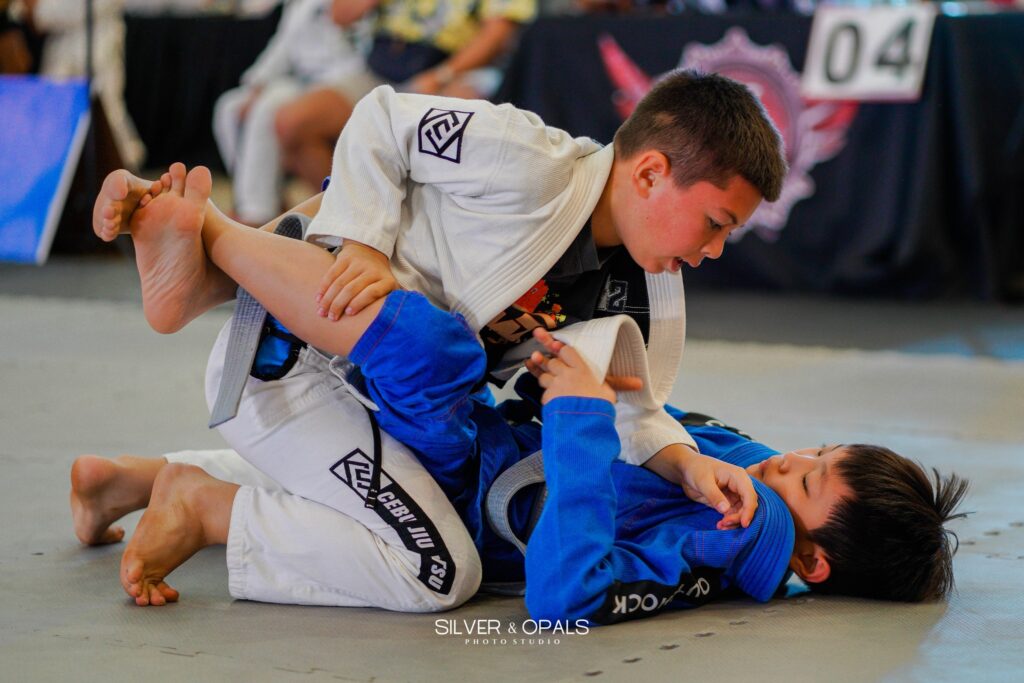
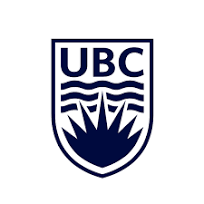

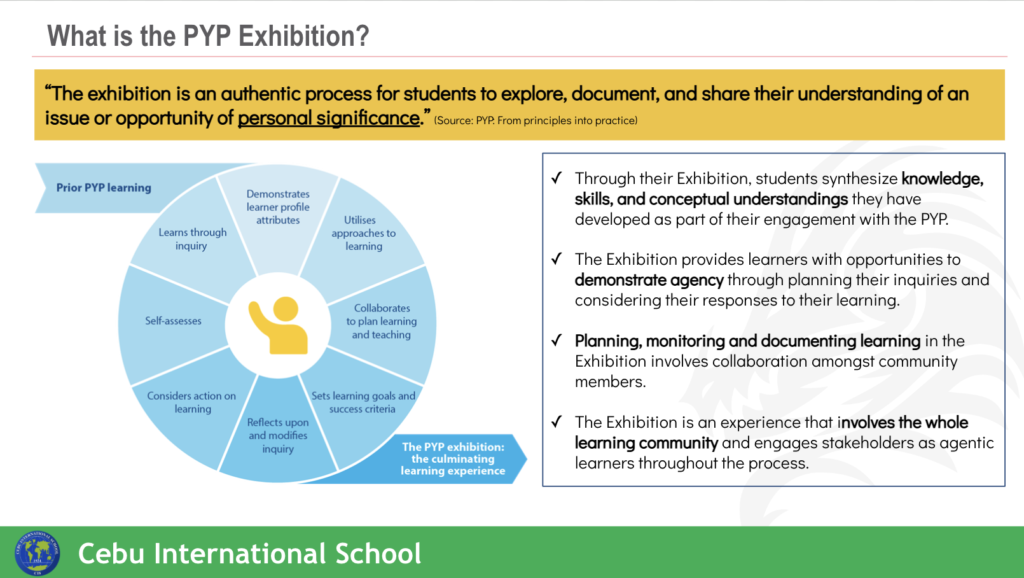
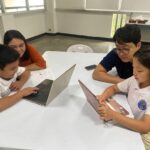
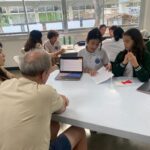
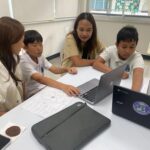
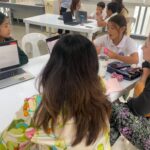
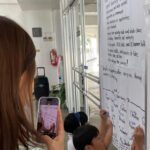
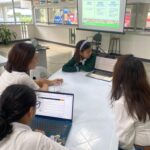
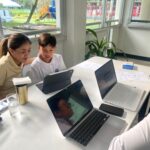
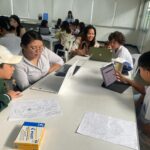
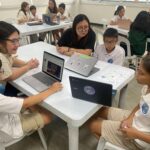
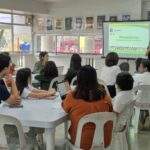
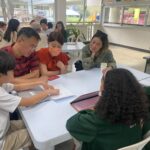
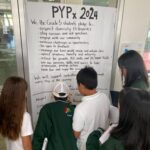
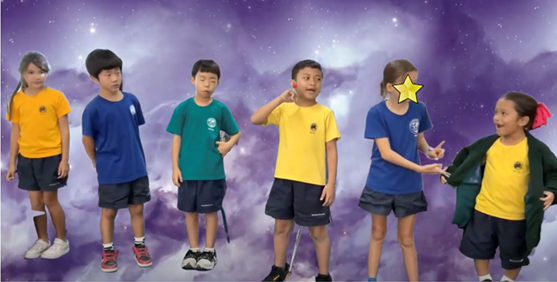 In a stellar display of collaboration and curiosity, our Grade 2 students embarked on a space mission to understand Earth’s unique position in the solar system, making it the perfect place for life.
In a stellar display of collaboration and curiosity, our Grade 2 students embarked on a space mission to understand Earth’s unique position in the solar system, making it the perfect place for life.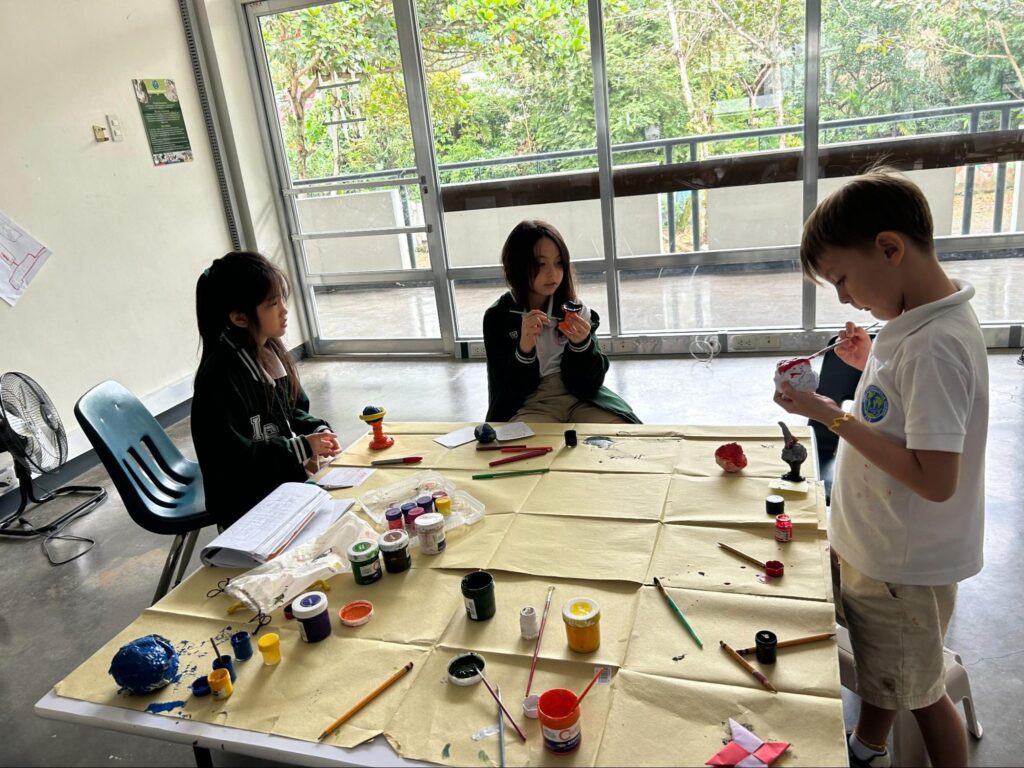
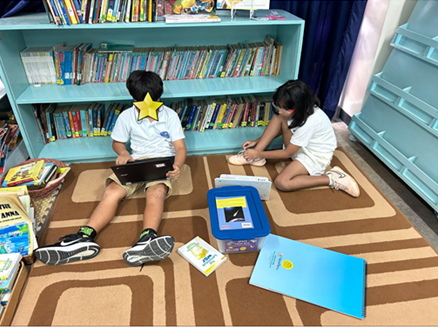
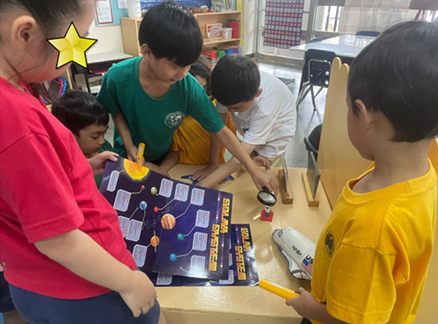
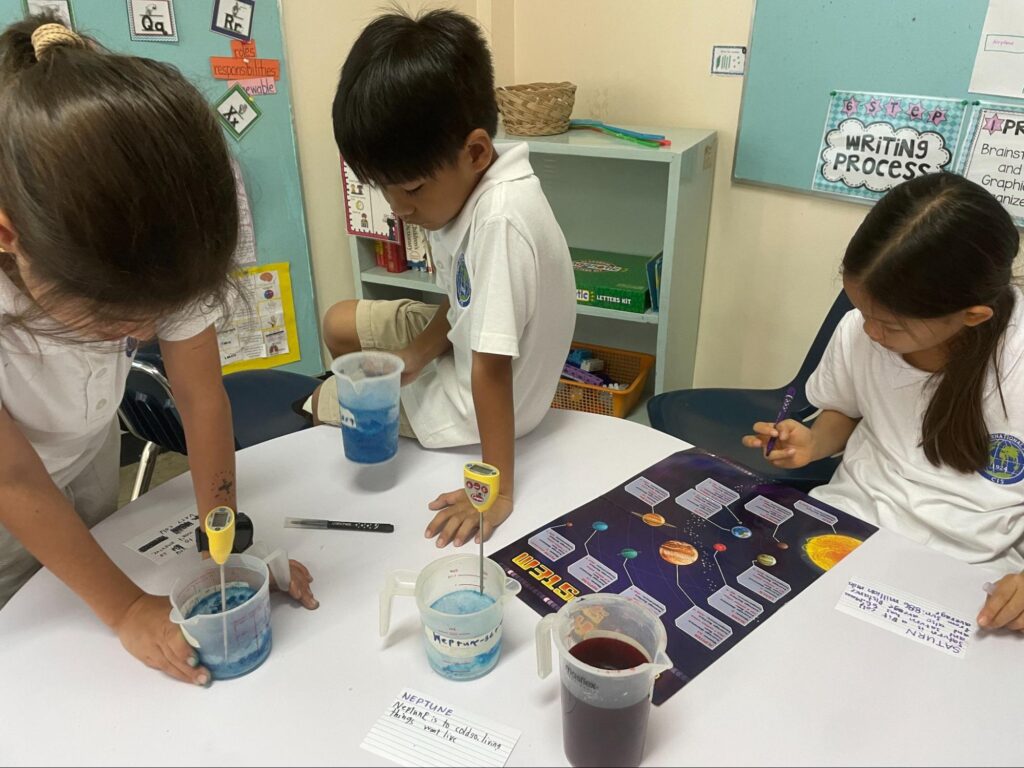
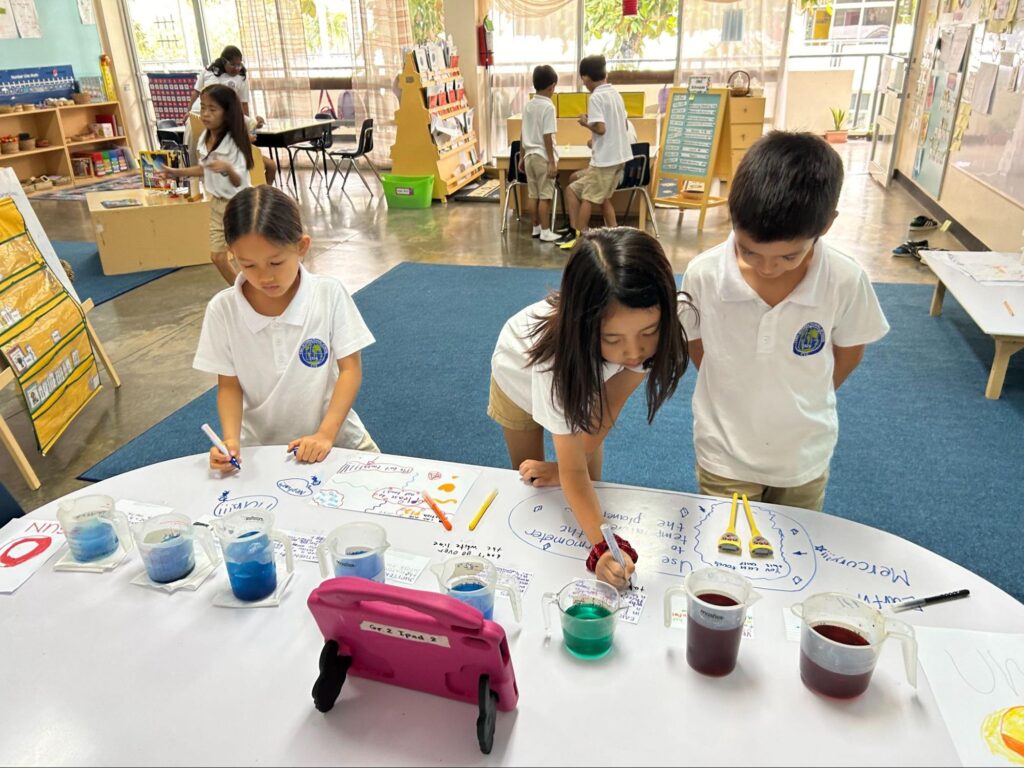
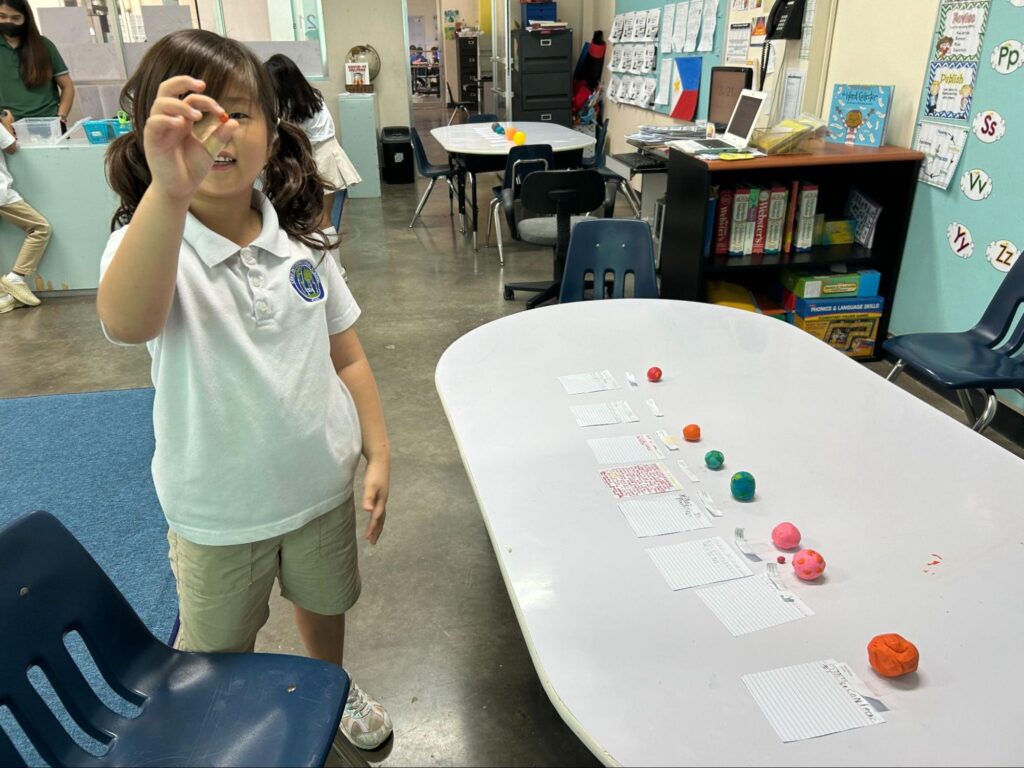
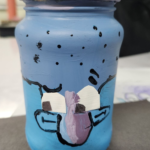
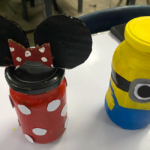
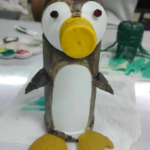
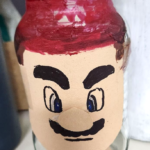
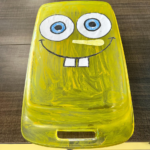
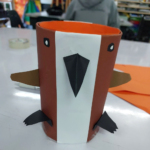
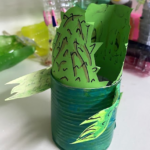
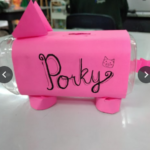
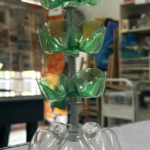
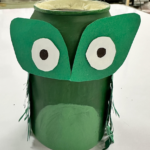
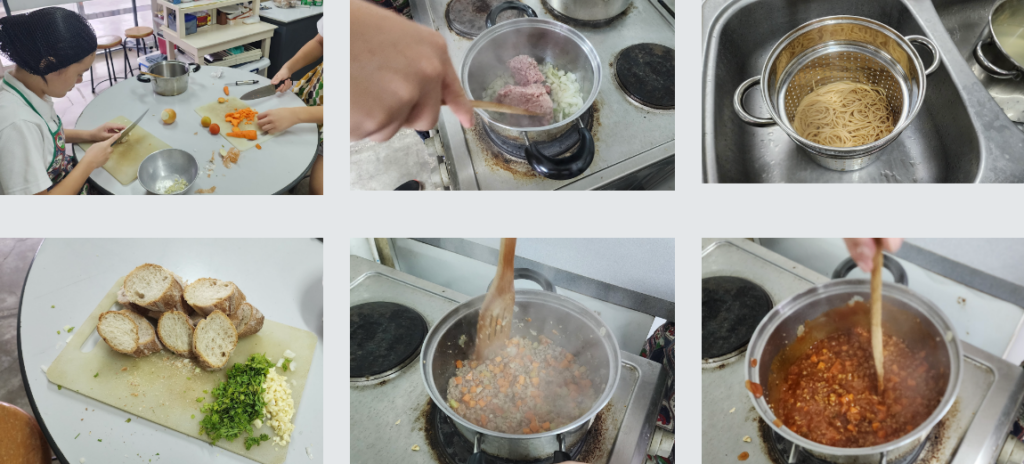
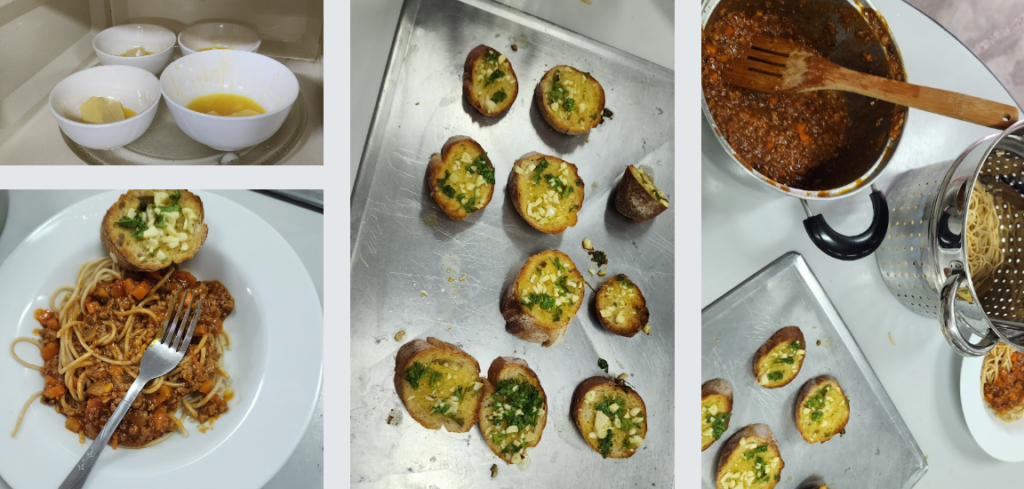
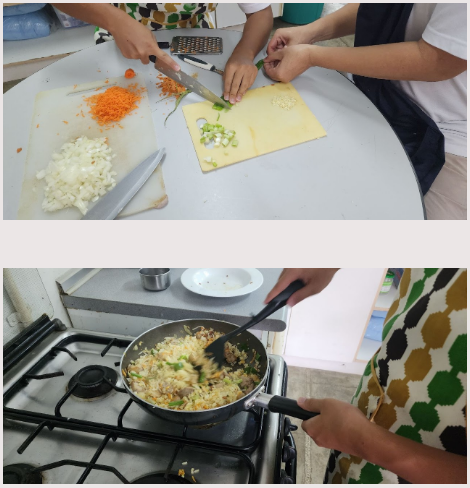
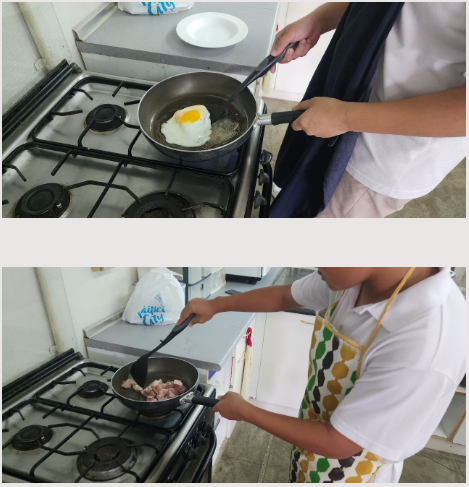
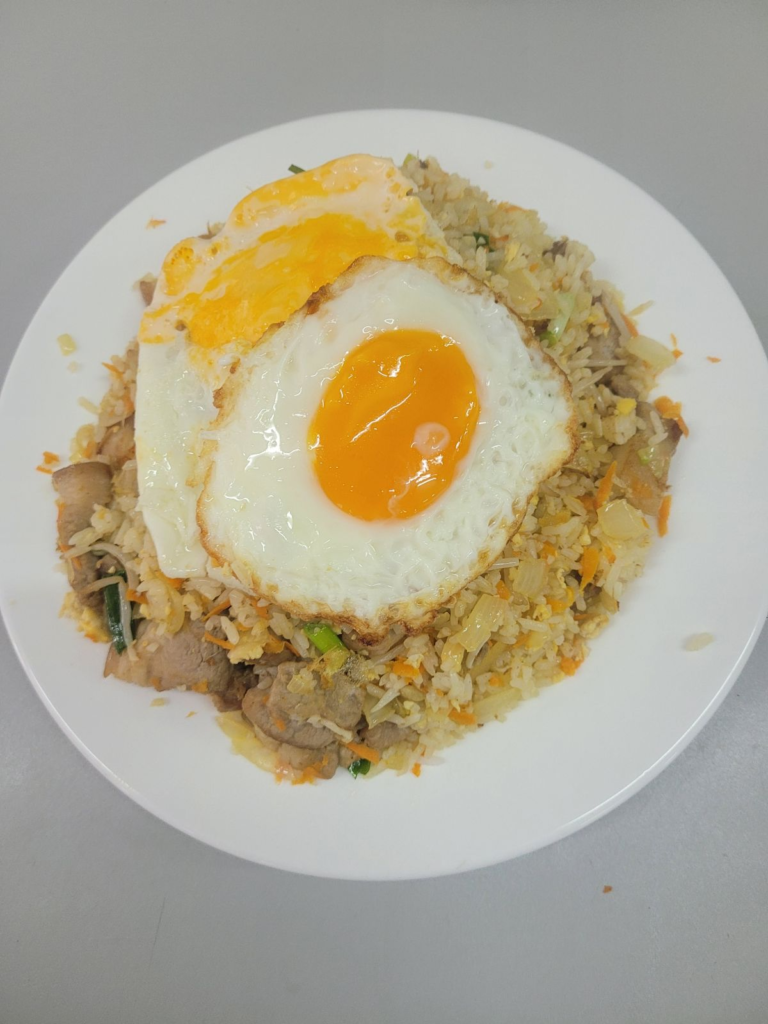




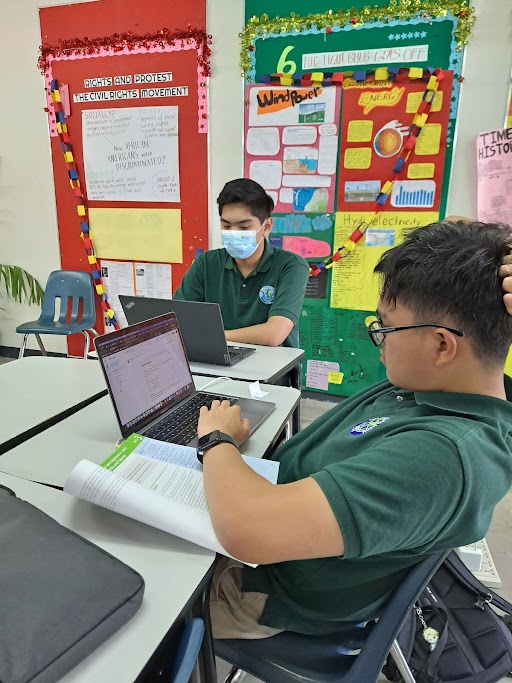
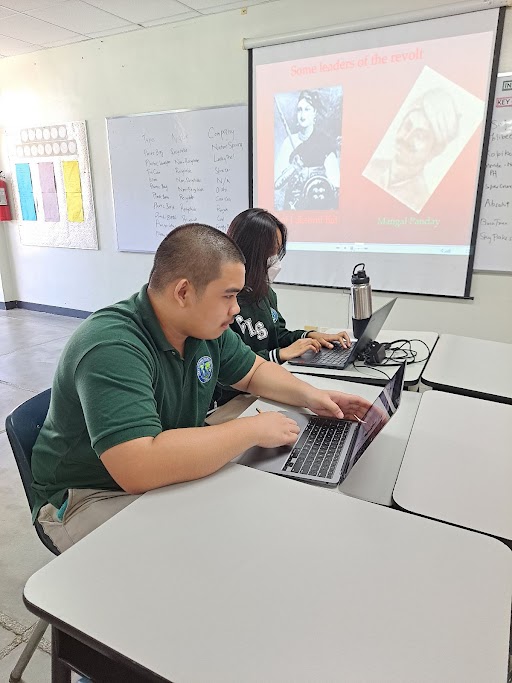
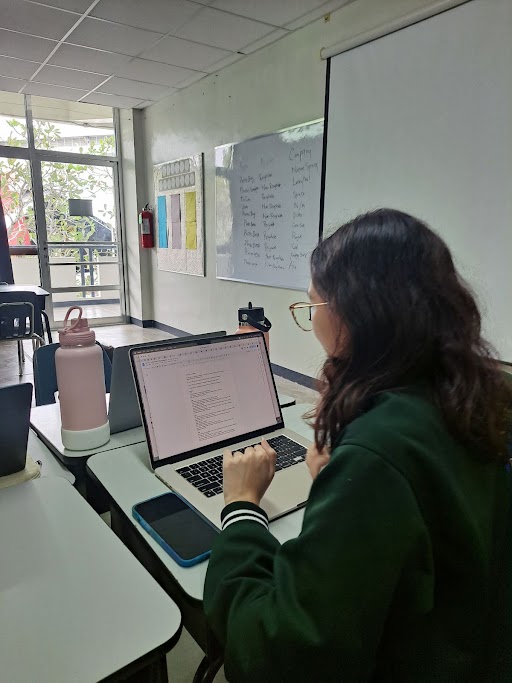
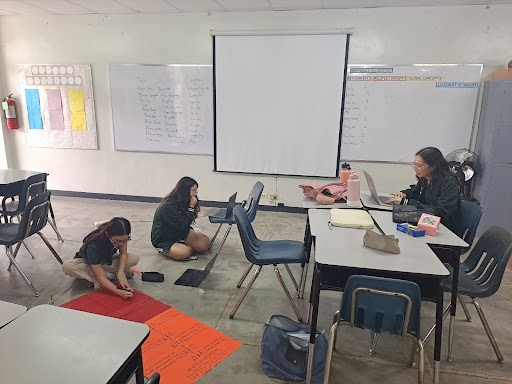
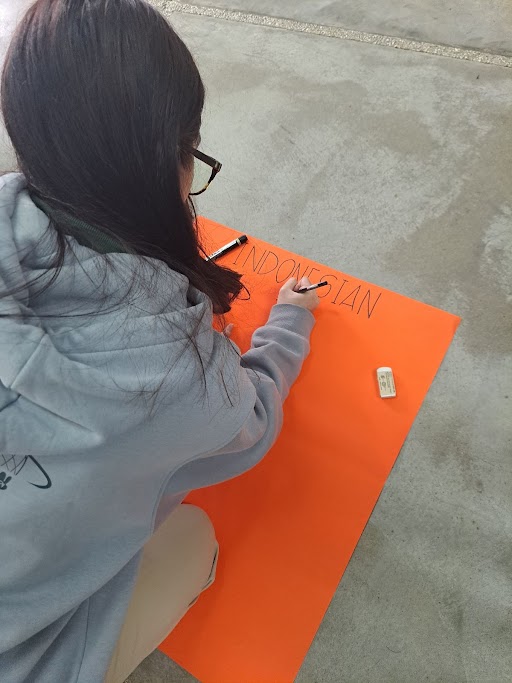
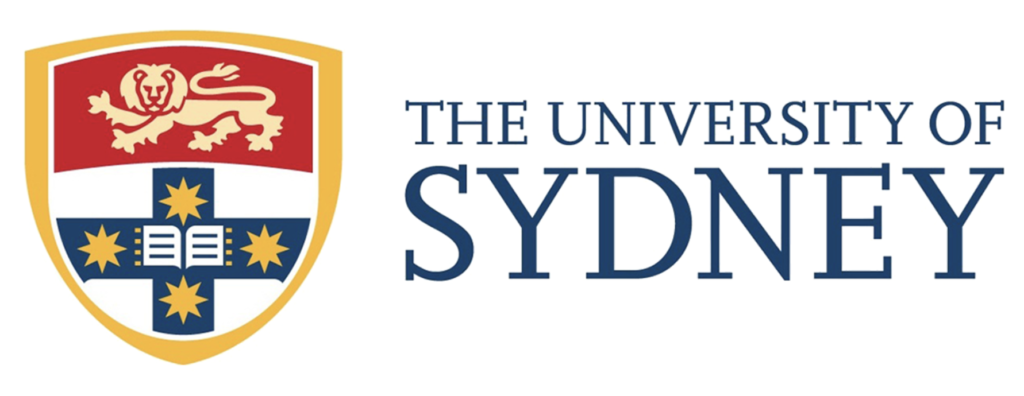

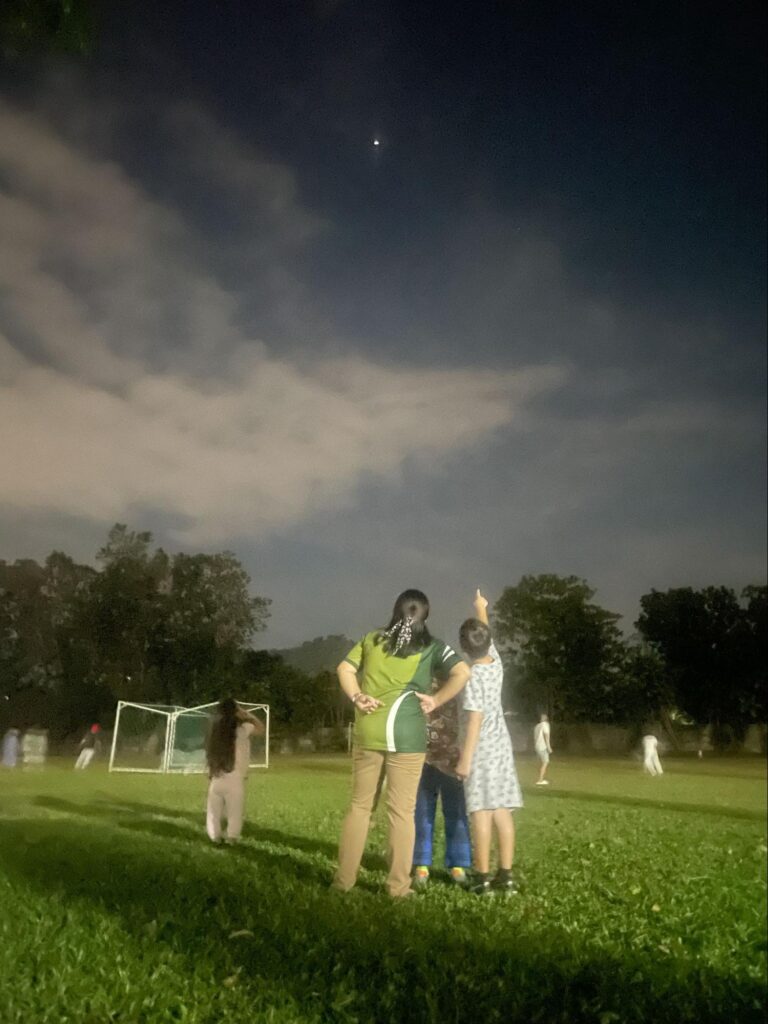
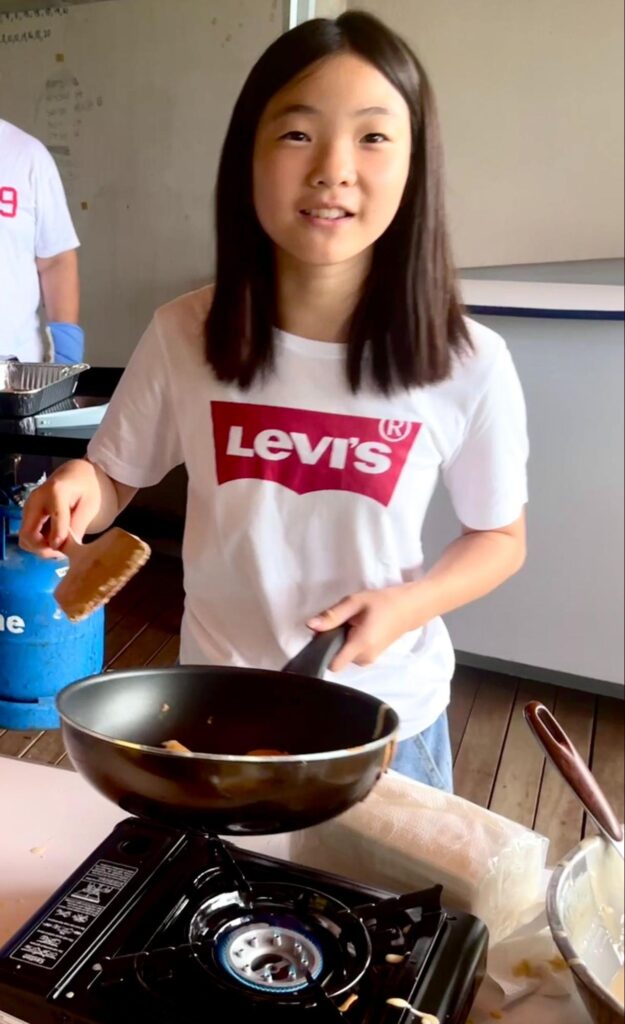
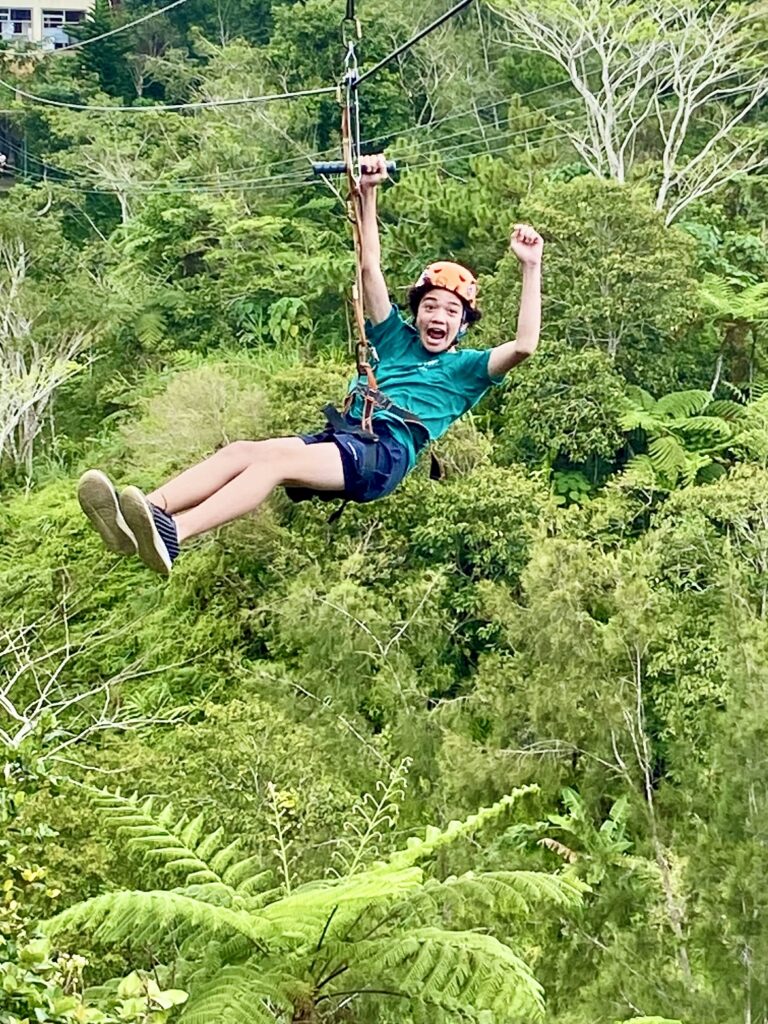
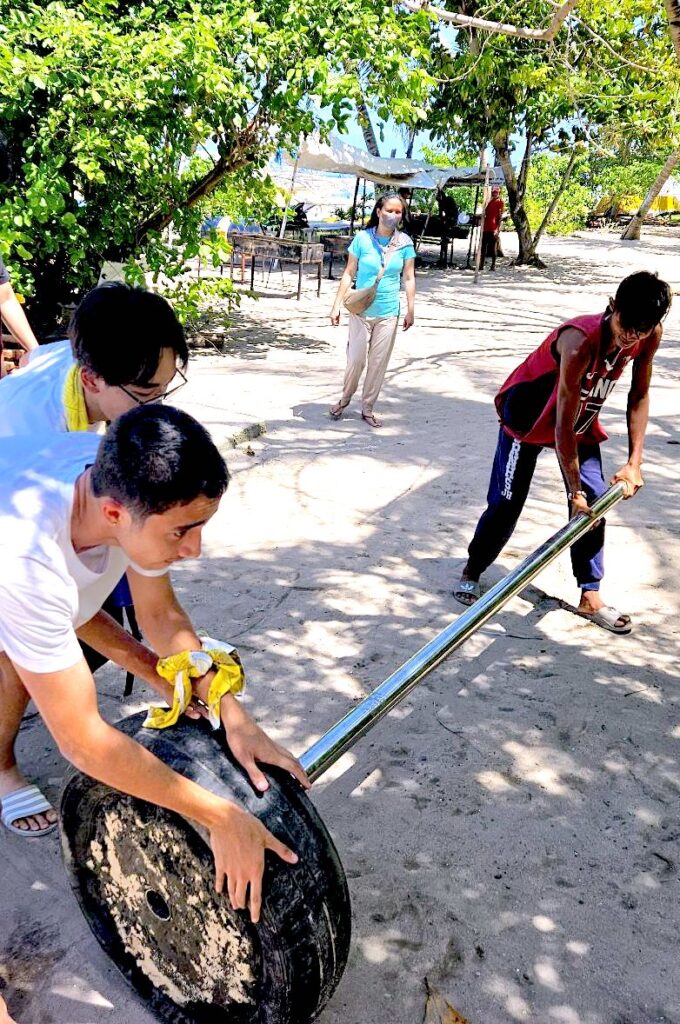
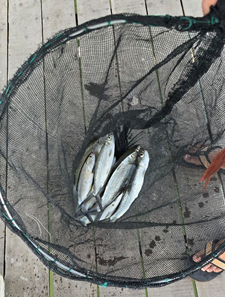
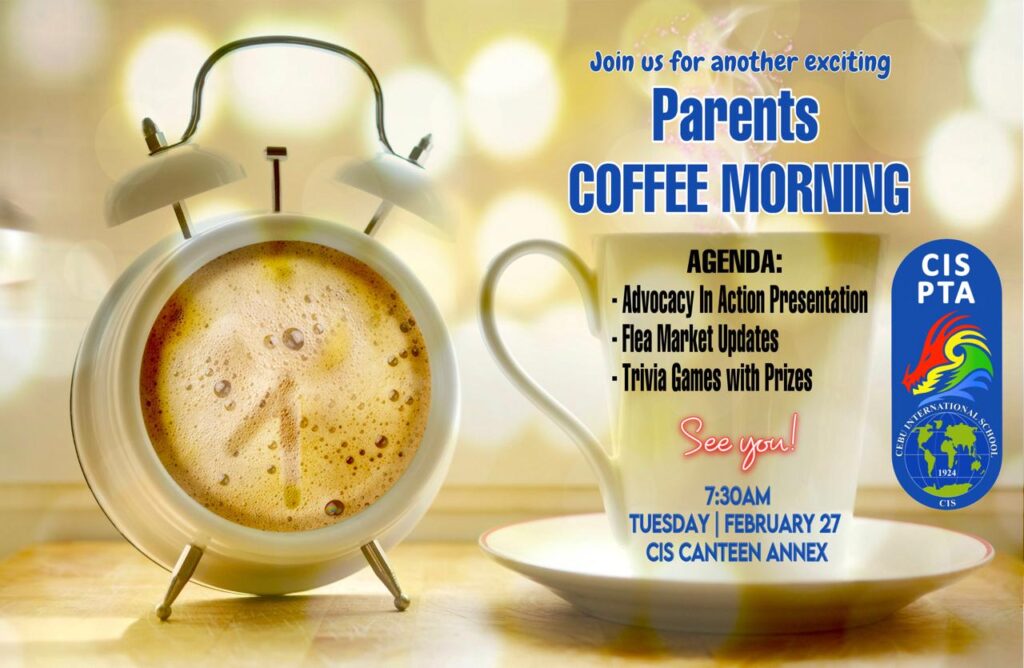

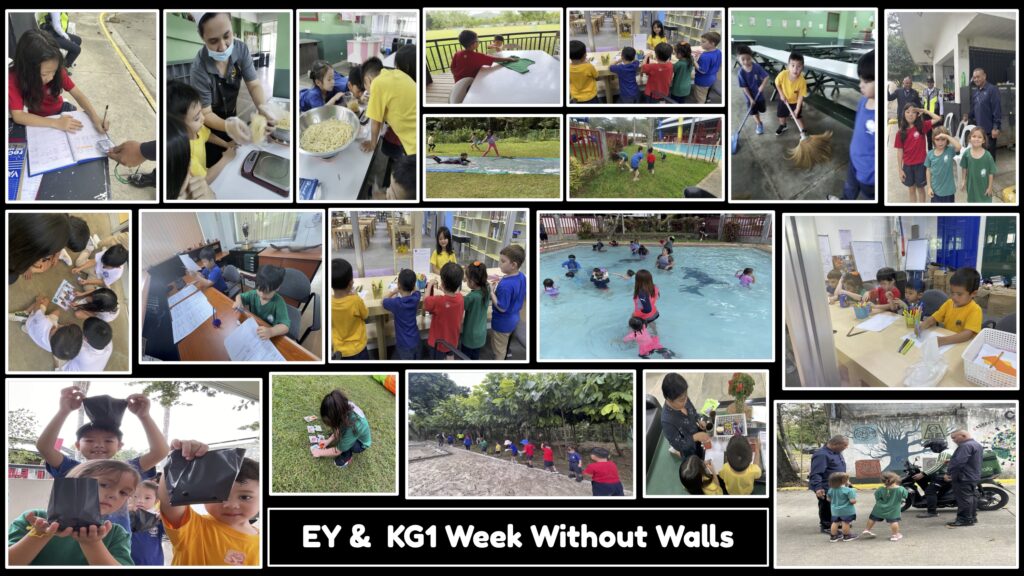
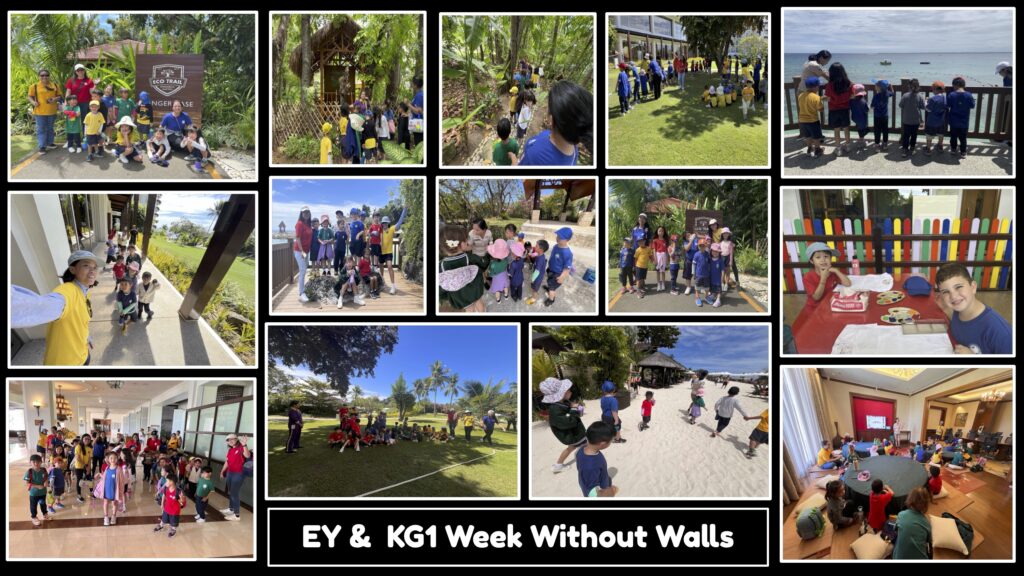
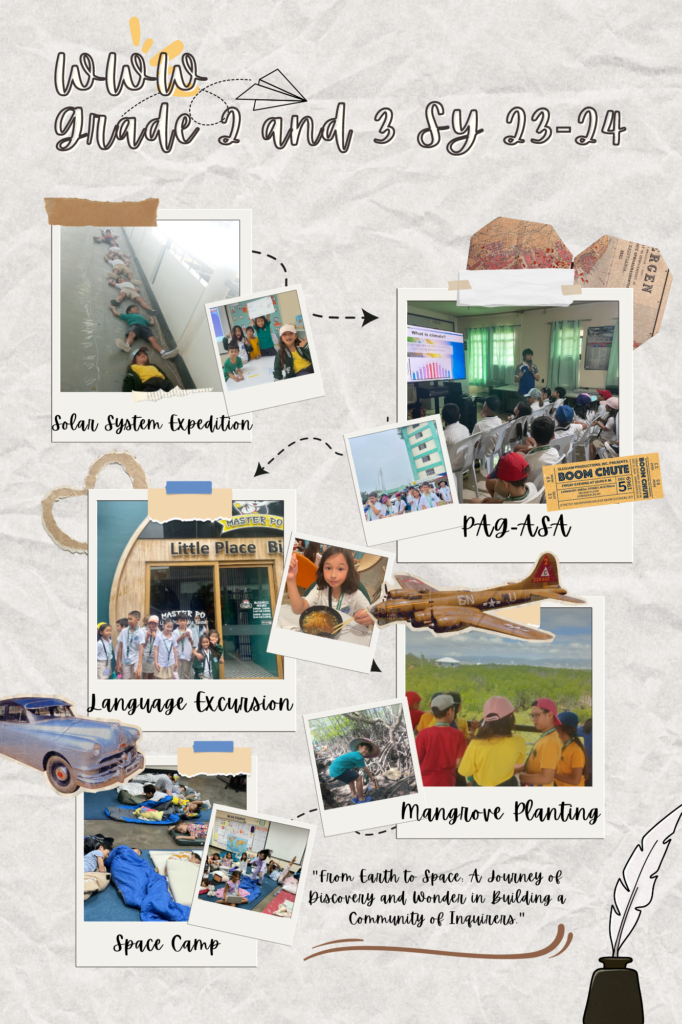 The Grades 2 and 3 astronaut trainees began their WWW by embarking on The Great Solar System Expedition, embodying the IB learner profile attributes of inquirers, knowledgeable, and thinkers. To deepen their understanding of Chinese and Spanish language and culture, they had the opportunity to taste authentic cuisine, fostering open-mindedness and cultural appreciation.
The Grades 2 and 3 astronaut trainees began their WWW by embarking on The Great Solar System Expedition, embodying the IB learner profile attributes of inquirers, knowledgeable, and thinkers. To deepen their understanding of Chinese and Spanish language and culture, they had the opportunity to taste authentic cuisine, fostering open-mindedness and cultural appreciation. 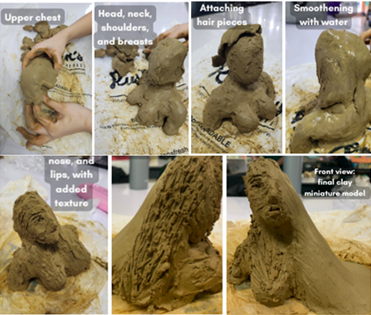 Though I planned to not focus on precision, I underestimated the carving process and was not fully satisfied with how the face turned out as it does not resemble a human compared to Miller’s portraits despite their rough textures. The hair also looks like a scratched surface. After making the melted portion of the sculpture, it ended up looking like sand on a hill instead of liquid. This is because of lack of research into inspirations for my design plan. I could have referred to photos of melted faces and video tutorials on basic clay sculpting to illustrate my concept better. I learned the importance of the skills of patience, manual crafting, and preparation. My lack in these areas led to the failure of the experiment. I also did not familiarize myself enough with human anatomy, so I had no memory of it to utilize while sculpting. If I had developed these skills in my experiment, I could have prepared myself better for molding a larger model.
Though I planned to not focus on precision, I underestimated the carving process and was not fully satisfied with how the face turned out as it does not resemble a human compared to Miller’s portraits despite their rough textures. The hair also looks like a scratched surface. After making the melted portion of the sculpture, it ended up looking like sand on a hill instead of liquid. This is because of lack of research into inspirations for my design plan. I could have referred to photos of melted faces and video tutorials on basic clay sculpting to illustrate my concept better. I learned the importance of the skills of patience, manual crafting, and preparation. My lack in these areas led to the failure of the experiment. I also did not familiarize myself enough with human anatomy, so I had no memory of it to utilize while sculpting. If I had developed these skills in my experiment, I could have prepared myself better for molding a larger model.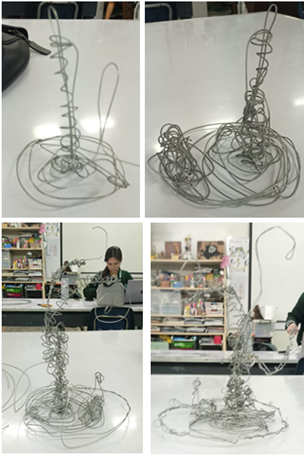 Conducting this experiment has enlightened me, as an artist, to the fact that employing three-dimensional techniques on a two-dimensional scale is not merely about creating depth and avoiding a monotonous focal point. Rather, it is about recognizing that in order to effectively convey the narrative I wish to express, I must emphasize a specific element to enhance the sensation of novelty and uniqueness. I would like to change how I used the effect of the tree being the center of attention because it created less movement which was something I really wanted to emphasize in this experiment.
Conducting this experiment has enlightened me, as an artist, to the fact that employing three-dimensional techniques on a two-dimensional scale is not merely about creating depth and avoiding a monotonous focal point. Rather, it is about recognizing that in order to effectively convey the narrative I wish to express, I must emphasize a specific element to enhance the sensation of novelty and uniqueness. I would like to change how I used the effect of the tree being the center of attention because it created less movement which was something I really wanted to emphasize in this experiment. The final result turned out fairly different from how I’d wished and imagined it to turn out. However, even in such a turn of events, the same desired effect was still created, only that it was executed quite differently. More work is evidently needed when it comes to facial proportions and the sculpting process, especially when done on much smaller sculptures in contrary to larger
The final result turned out fairly different from how I’d wished and imagined it to turn out. However, even in such a turn of events, the same desired effect was still created, only that it was executed quite differently. More work is evidently needed when it comes to facial proportions and the sculpting process, especially when done on much smaller sculptures in contrary to larger 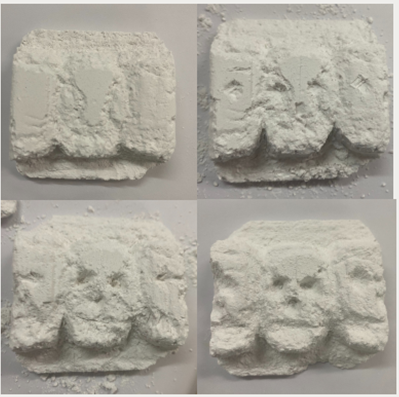 The ratio mixed for the plaster is significantly important as when more water is added, the plaster becomes crumbly and very difficult to work with and keep its shape together. Another lesson learned is cutting out large chunks to get the general shape of the figure and then going into detail with a smaller tool. In this experiment, I created a relief art piece of a skull which I liked due to how the features protrude out of the plaster which added dimension and visual interest to the artwork. I created a low relief design but could have added interest in the background behind the skulls.
The ratio mixed for the plaster is significantly important as when more water is added, the plaster becomes crumbly and very difficult to work with and keep its shape together. Another lesson learned is cutting out large chunks to get the general shape of the figure and then going into detail with a smaller tool. In this experiment, I created a relief art piece of a skull which I liked due to how the features protrude out of the plaster which added dimension and visual interest to the artwork. I created a low relief design but could have added interest in the background behind the skulls.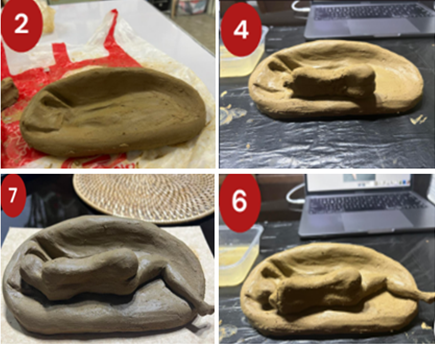 Reflecting on my experience with mud clay, I appreciate its malleability, giving me access to the flexibility of both an additive and subtractive sculpting process. This dual approach granted me greater control over shaping my piece. Working with clay has provided me with a hands-on experience of learning and familiarising different aspects of the body that give it that life-likeness that Ragir’s work so masterfully possesses. Additionally, the clay has a sort of organic aesthetic to it, which I think contributed to the visual impact of the sculpture, as the sentiment of the piece is often something people let grow within themselves and sometimes, albeit subconsciously, foster it themselves. Capturing the essence of both the figure’s physical presence and absence through the depressions and protrusions within the piece, “At Arm’s Reach” serves as a metaphor for self-induced placebos.
Reflecting on my experience with mud clay, I appreciate its malleability, giving me access to the flexibility of both an additive and subtractive sculpting process. This dual approach granted me greater control over shaping my piece. Working with clay has provided me with a hands-on experience of learning and familiarising different aspects of the body that give it that life-likeness that Ragir’s work so masterfully possesses. Additionally, the clay has a sort of organic aesthetic to it, which I think contributed to the visual impact of the sculpture, as the sentiment of the piece is often something people let grow within themselves and sometimes, albeit subconsciously, foster it themselves. Capturing the essence of both the figure’s physical presence and absence through the depressions and protrusions within the piece, “At Arm’s Reach” serves as a metaphor for self-induced placebos.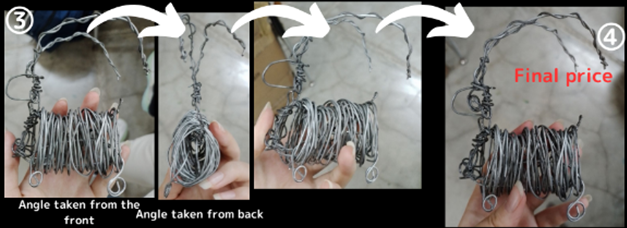 I used a two-dimensional rectangle to create the foundation, and because the wire did not balance the rectangle’s shape, when I started to roll up the wire around the body, I found it difficult to maintain the main body part of the goat as by the time I began rolling the wire for the body portion, the rectangle had taken on the shape of a trapezoid. During the process of creating the artwork, I realized that the foundation is the most crucial component on which I should concentrate the most. This is because the foundation determines how the entire three-dimensional structure and its balance function together. For improvement, I will first create a three-dimensional rectangular form for the base rather than a two-dimensional one. In that way, the form will be more stable and retain the rectangle shape of the body.
I used a two-dimensional rectangle to create the foundation, and because the wire did not balance the rectangle’s shape, when I started to roll up the wire around the body, I found it difficult to maintain the main body part of the goat as by the time I began rolling the wire for the body portion, the rectangle had taken on the shape of a trapezoid. During the process of creating the artwork, I realized that the foundation is the most crucial component on which I should concentrate the most. This is because the foundation determines how the entire three-dimensional structure and its balance function together. For improvement, I will first create a three-dimensional rectangular form for the base rather than a two-dimensional one. In that way, the form will be more stable and retain the rectangle shape of the body.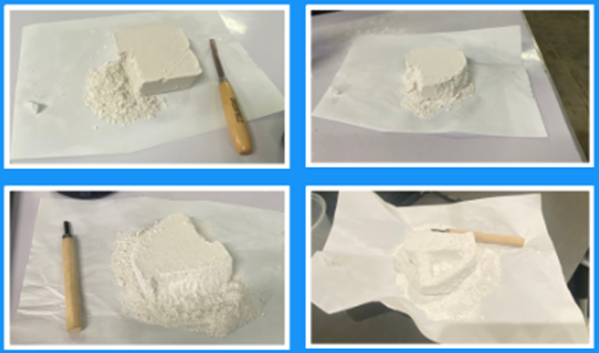 Carving is what gives an otherwise monotonous plaster block a final form. There’s also “decorational carving” which was impossible for me to do because the carving tool I used
Carving is what gives an otherwise monotonous plaster block a final form. There’s also “decorational carving” which was impossible for me to do because the carving tool I used 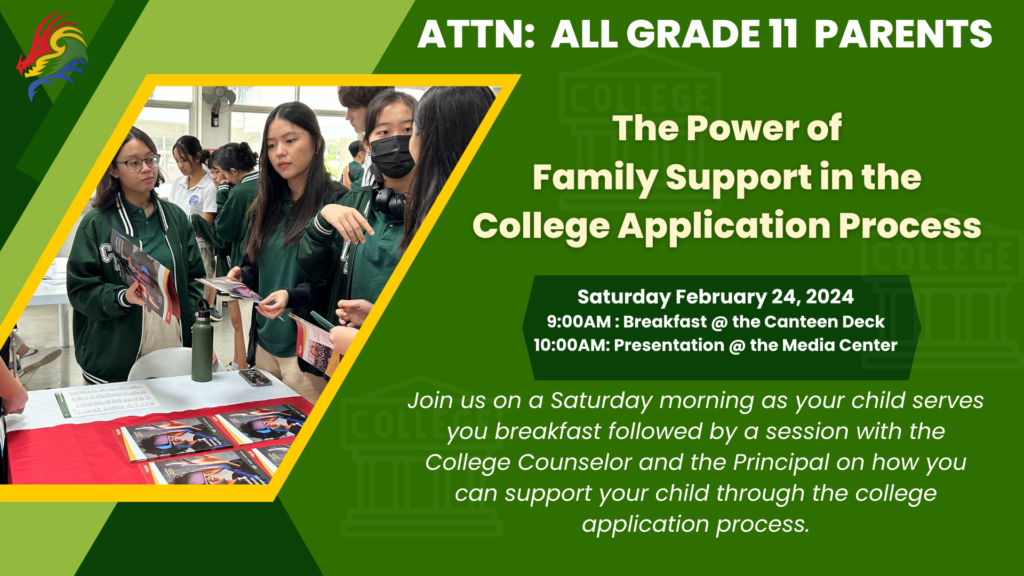
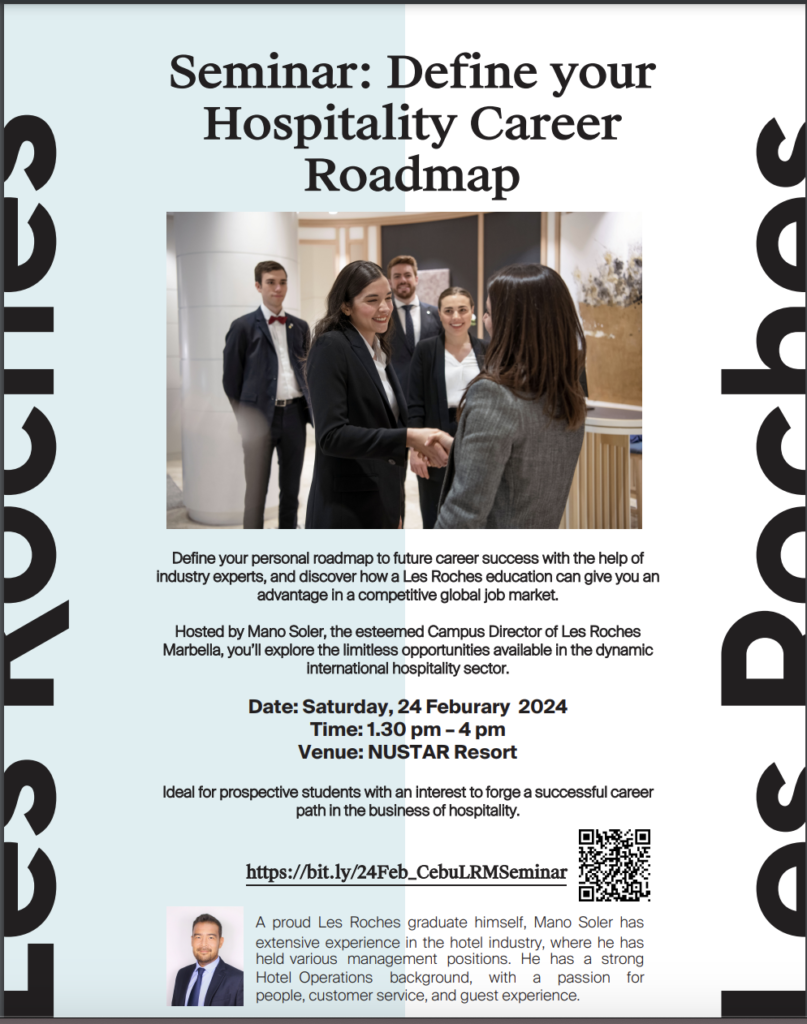
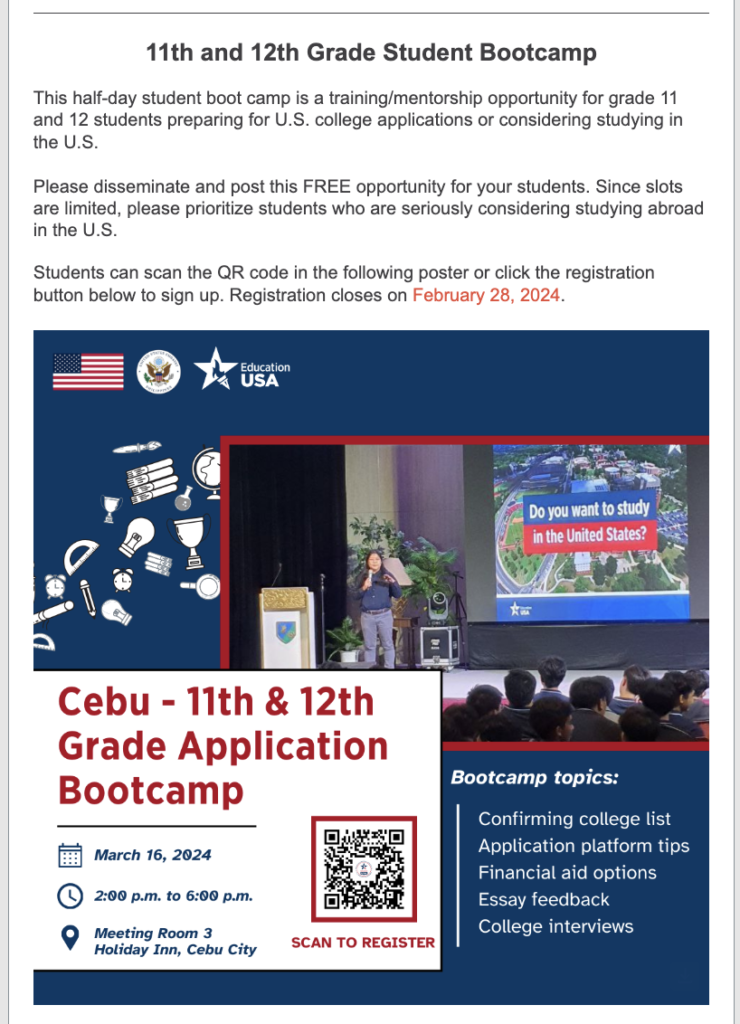

 This week our grade 9, 10, and 11 students are having an exceptional opportunity to connect with peers, continue and expand their own service projects, and learn more about their passions in service learning. This conference – “The Summit” – aims to provide valuable student-led workshops, inspire change, and foster the growth of service within your school communities. Gathering a diverse group of high school students from international schools around the world, students are also getting an opportunity to explore Thailand’s unique cultural landscape through our “Taste of Thailand” experience and cultural expedition in Bangkok.
This week our grade 9, 10, and 11 students are having an exceptional opportunity to connect with peers, continue and expand their own service projects, and learn more about their passions in service learning. This conference – “The Summit” – aims to provide valuable student-led workshops, inspire change, and foster the growth of service within your school communities. Gathering a diverse group of high school students from international schools around the world, students are also getting an opportunity to explore Thailand’s unique cultural landscape through our “Taste of Thailand” experience and cultural expedition in Bangkok.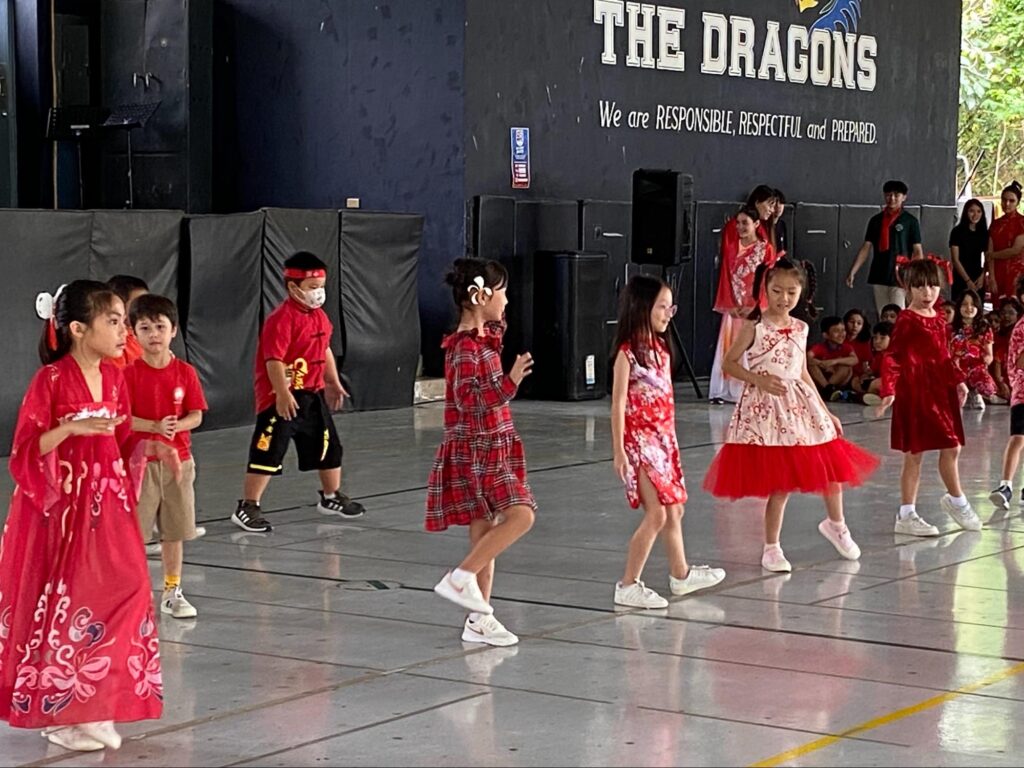
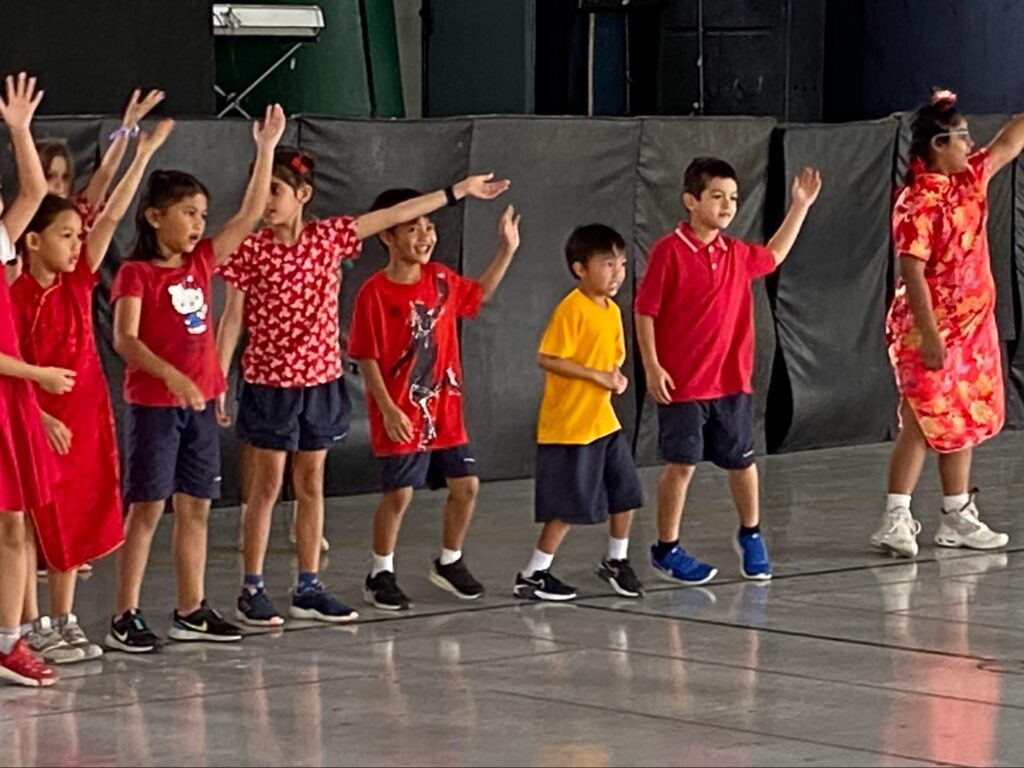
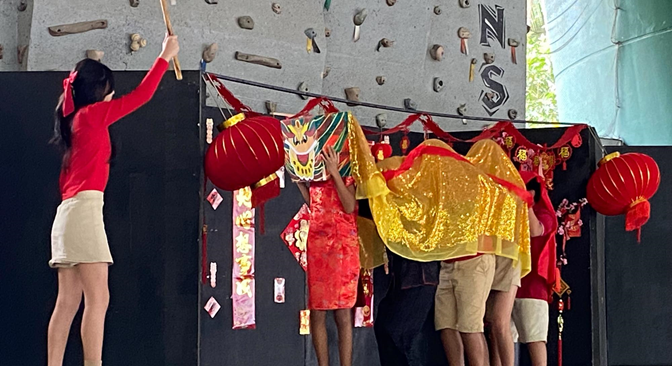
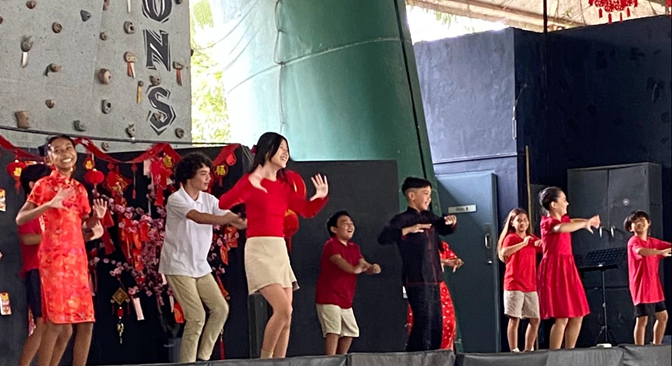
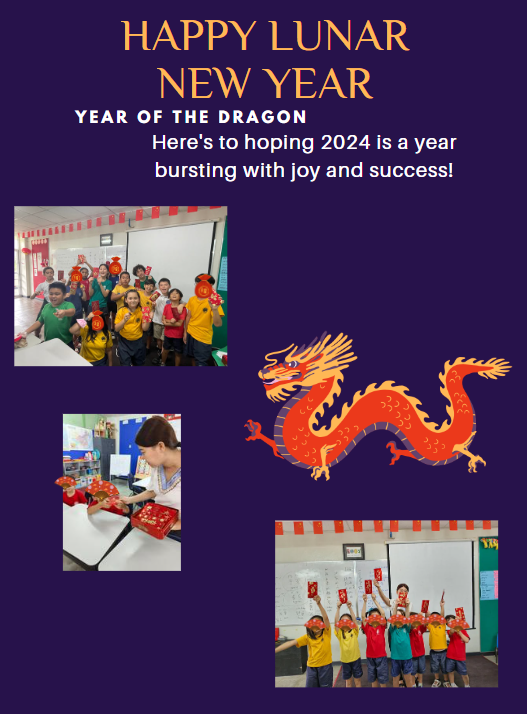
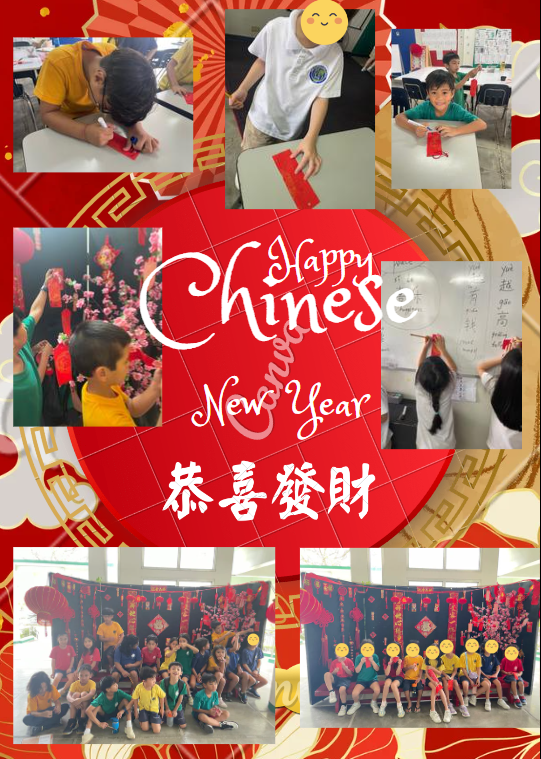
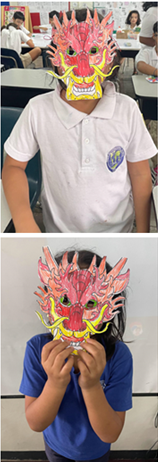
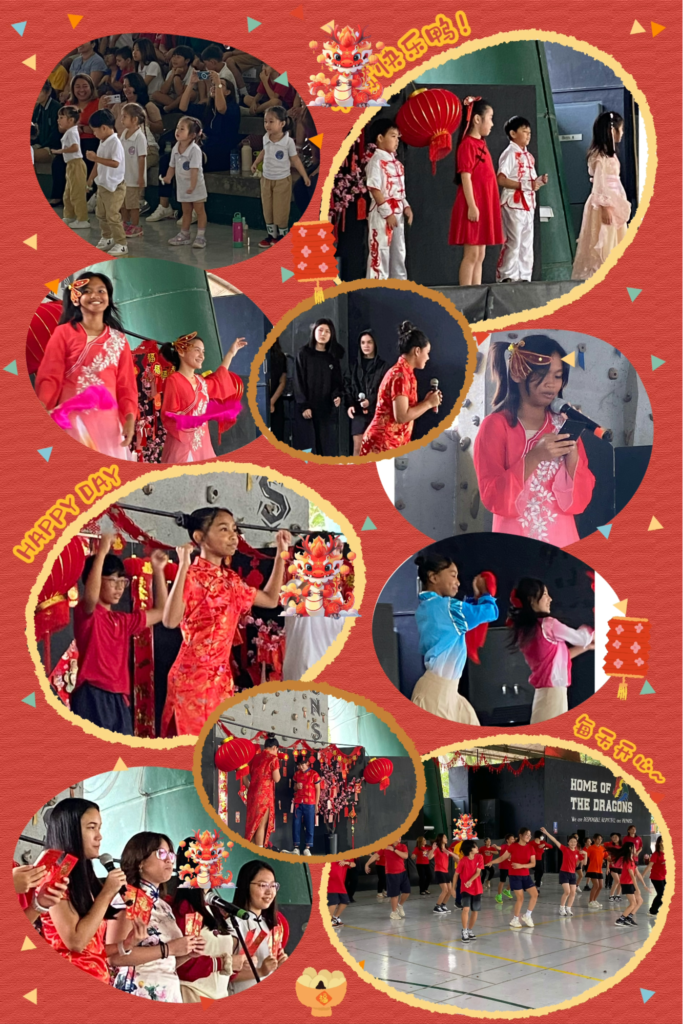 In the MHS Mandarin class, the Chinese New Year celebration was a vibrant and engaging affair filled with various activities. As this year marked the auspicious Year of the Dragon, students enthusiastically participated in diverse cultural activities to honor the occasion. The classroom buzzed with excitement as students crafted traditional Chinese decorations. Language learning was intertwined with festive elements, as students practiced Mandarin through traditional New Year greetings and exchanged well-wishes. The event not only fostered language skills but also provided a rich cultural experience, promoting a deeper understanding and appreciation for Chinese traditions.
In the MHS Mandarin class, the Chinese New Year celebration was a vibrant and engaging affair filled with various activities. As this year marked the auspicious Year of the Dragon, students enthusiastically participated in diverse cultural activities to honor the occasion. The classroom buzzed with excitement as students crafted traditional Chinese decorations. Language learning was intertwined with festive elements, as students practiced Mandarin through traditional New Year greetings and exchanged well-wishes. The event not only fostered language skills but also provided a rich cultural experience, promoting a deeper understanding and appreciation for Chinese traditions. 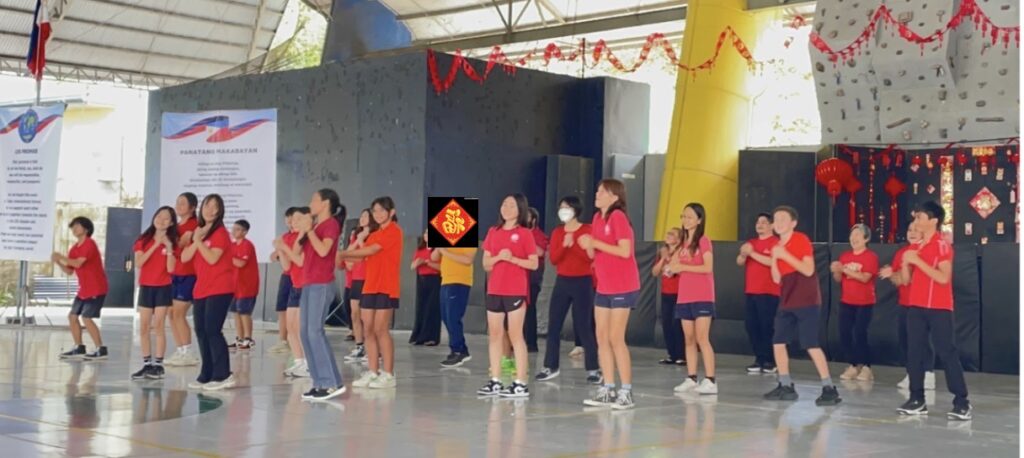
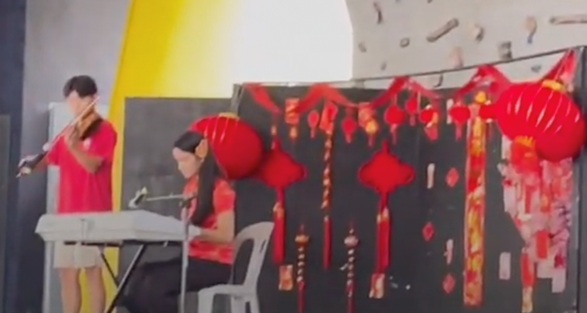
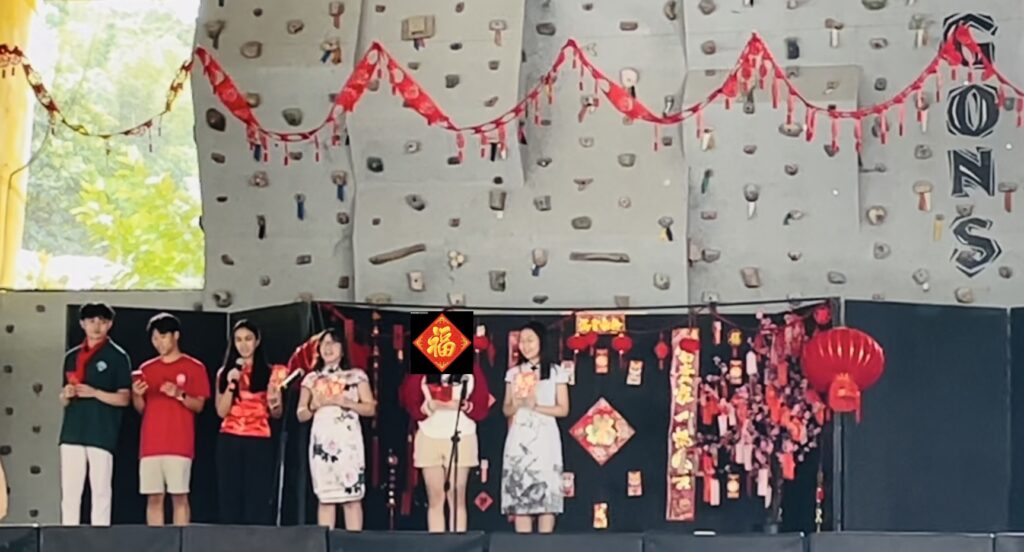
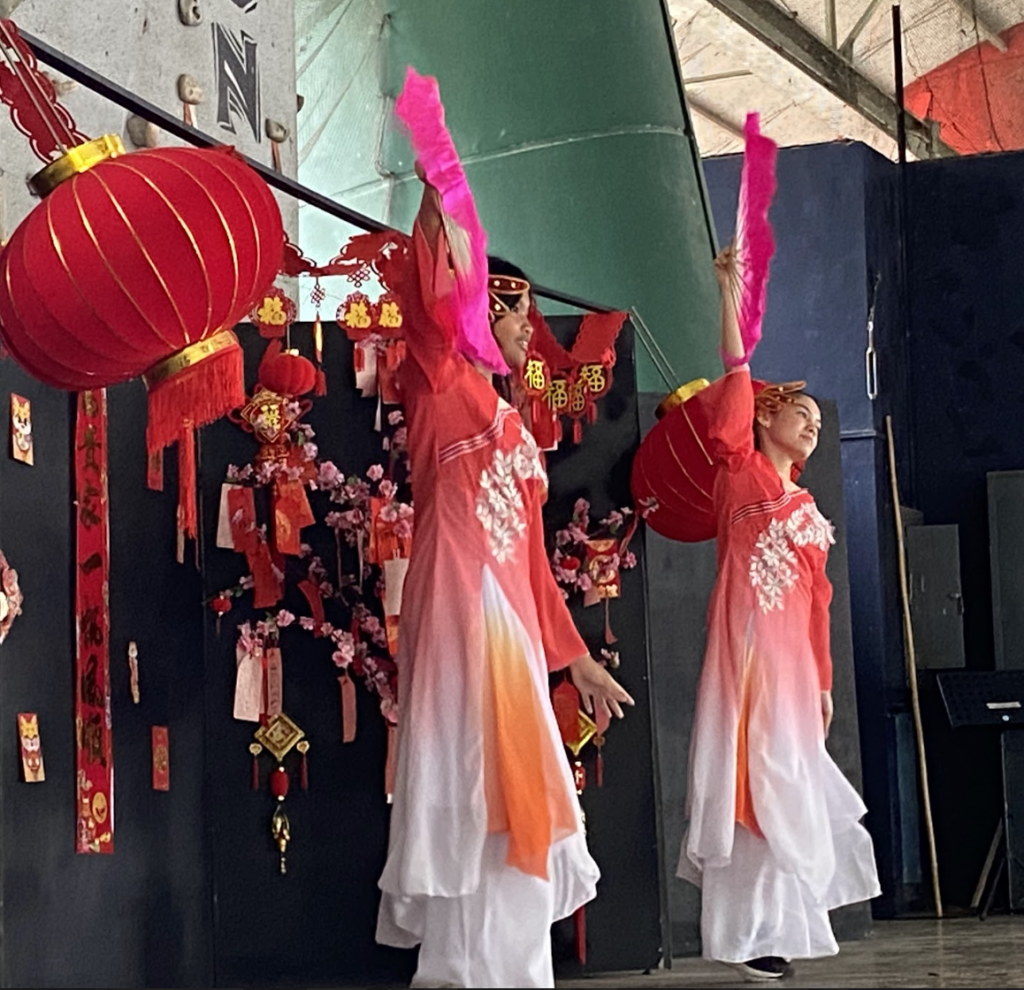
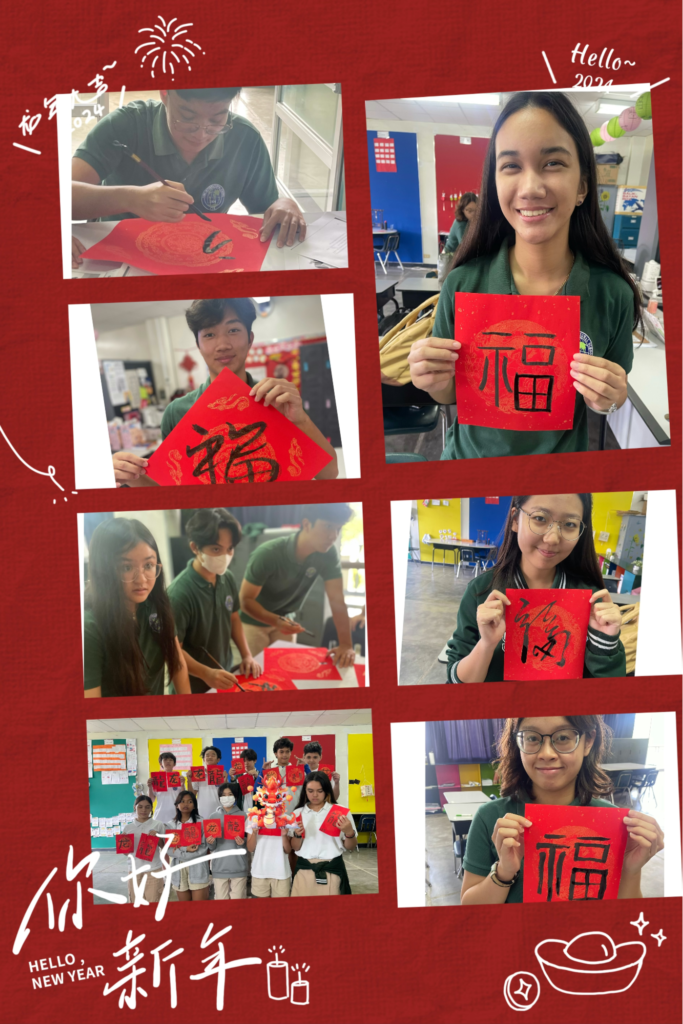
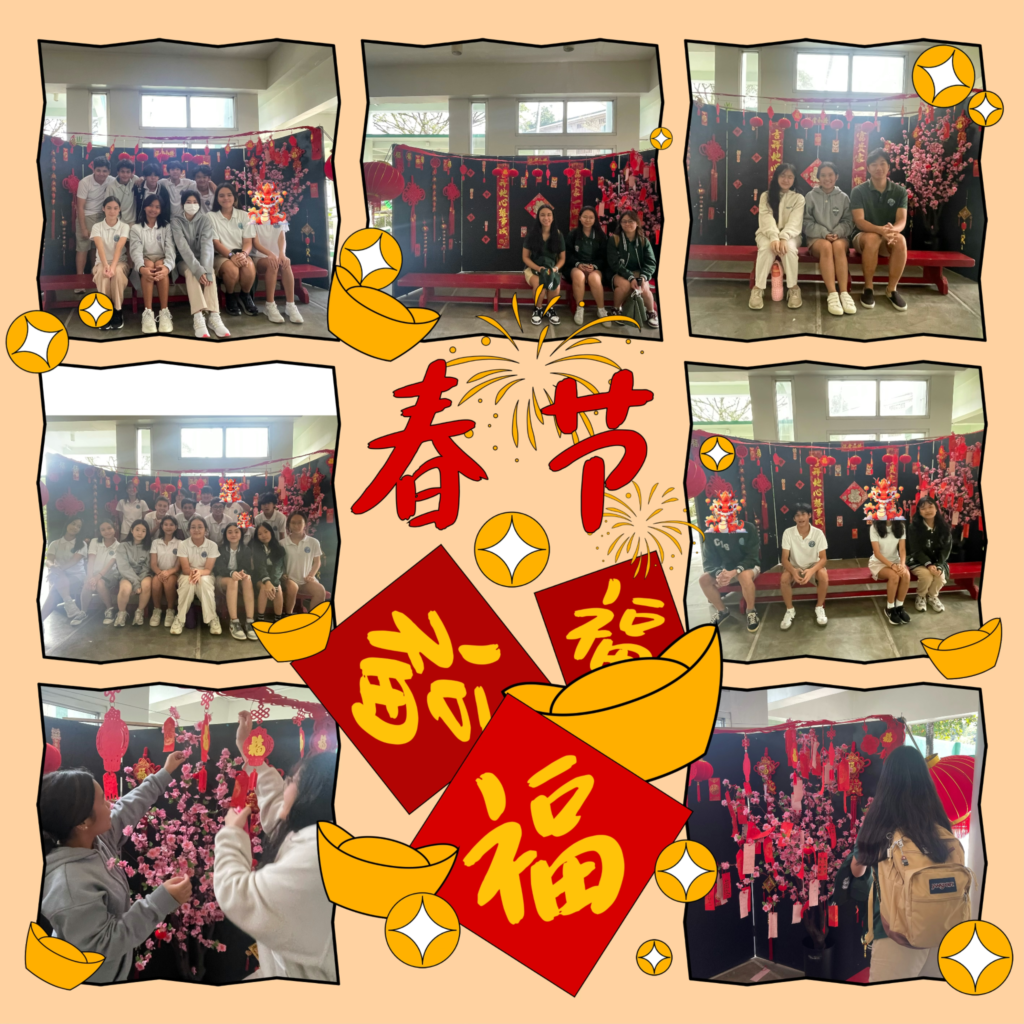
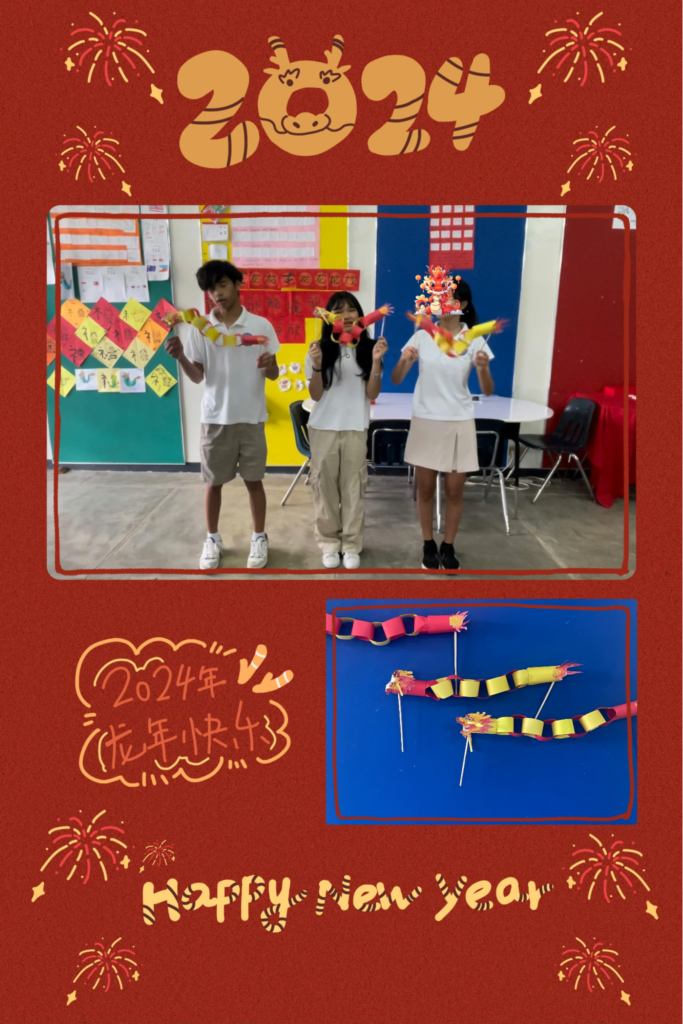
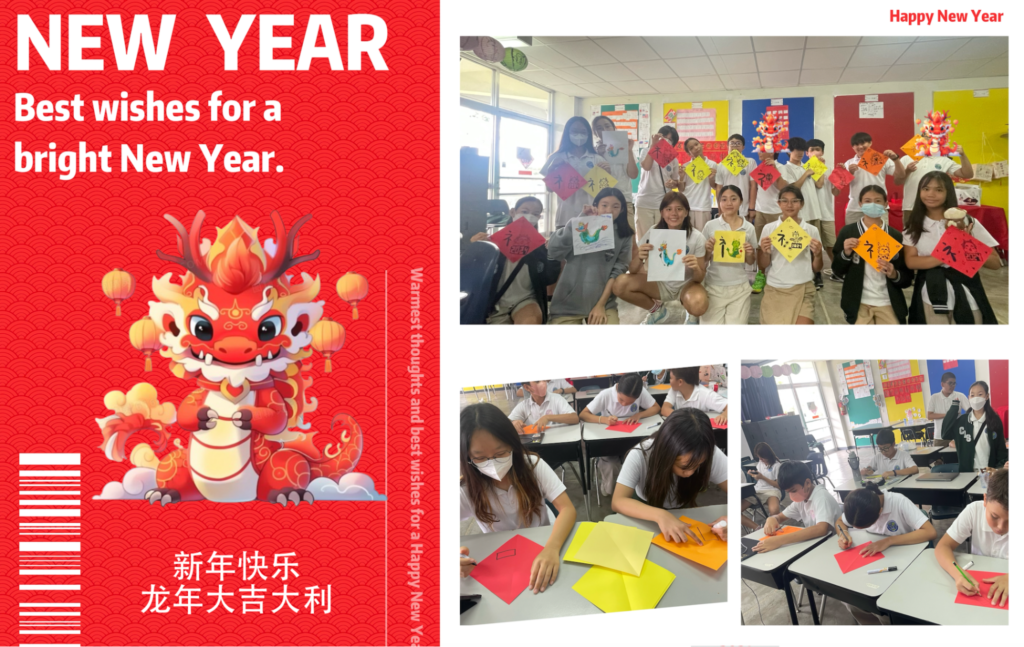
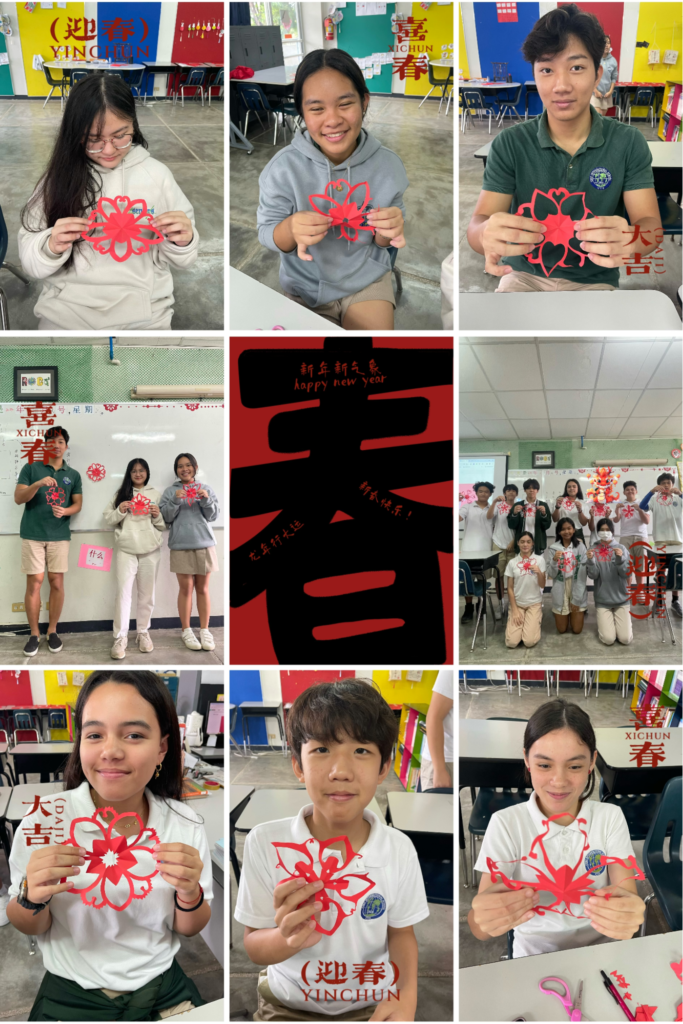
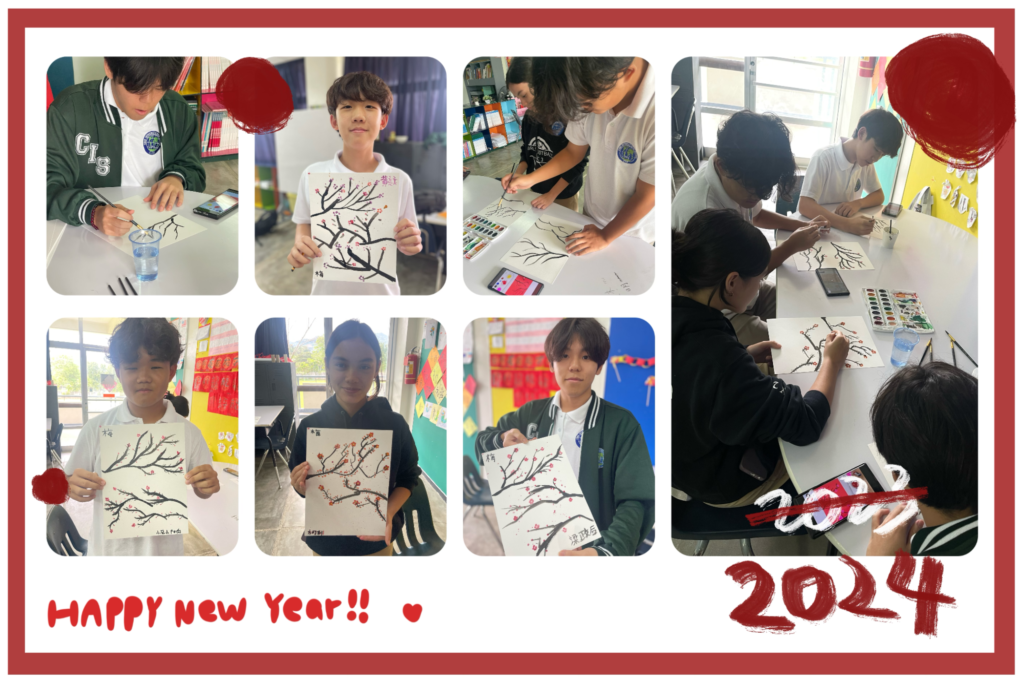
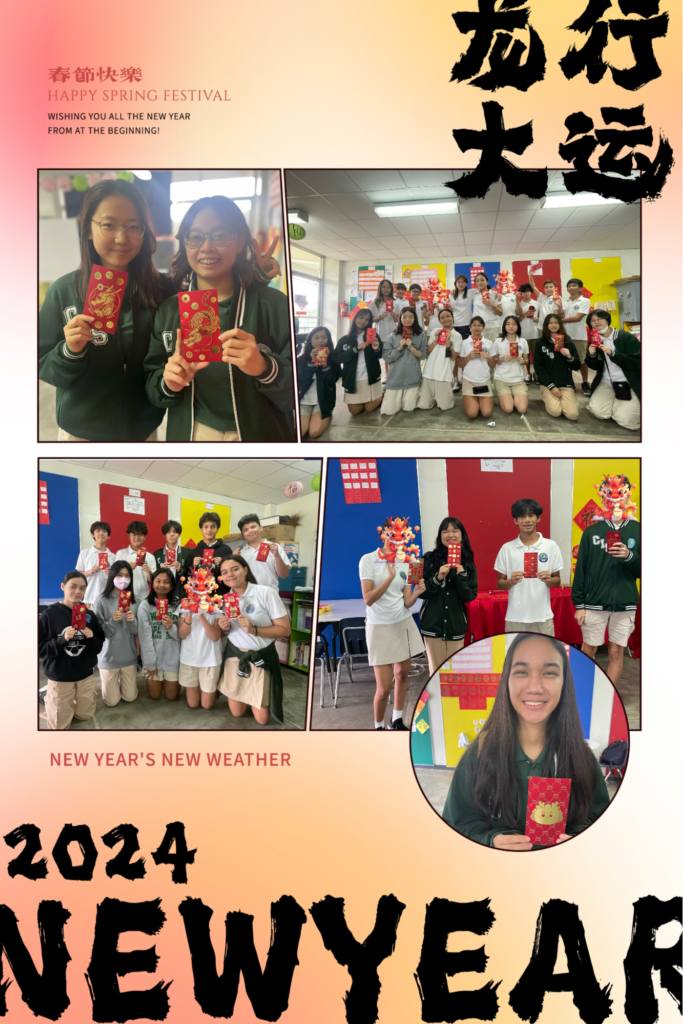
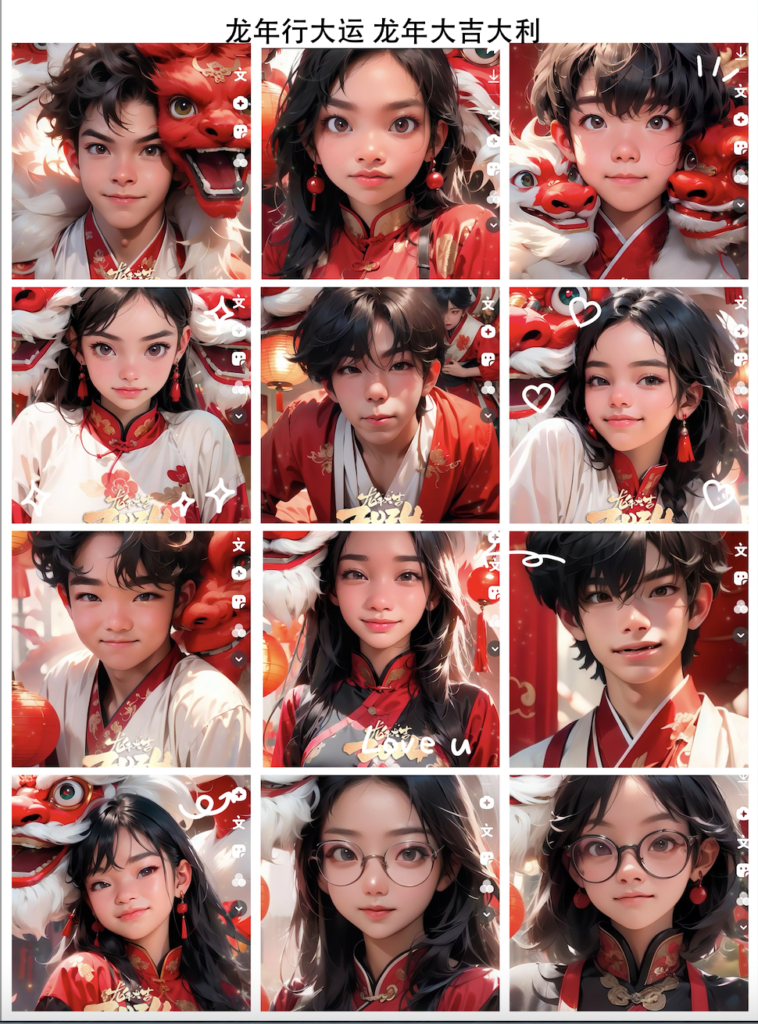
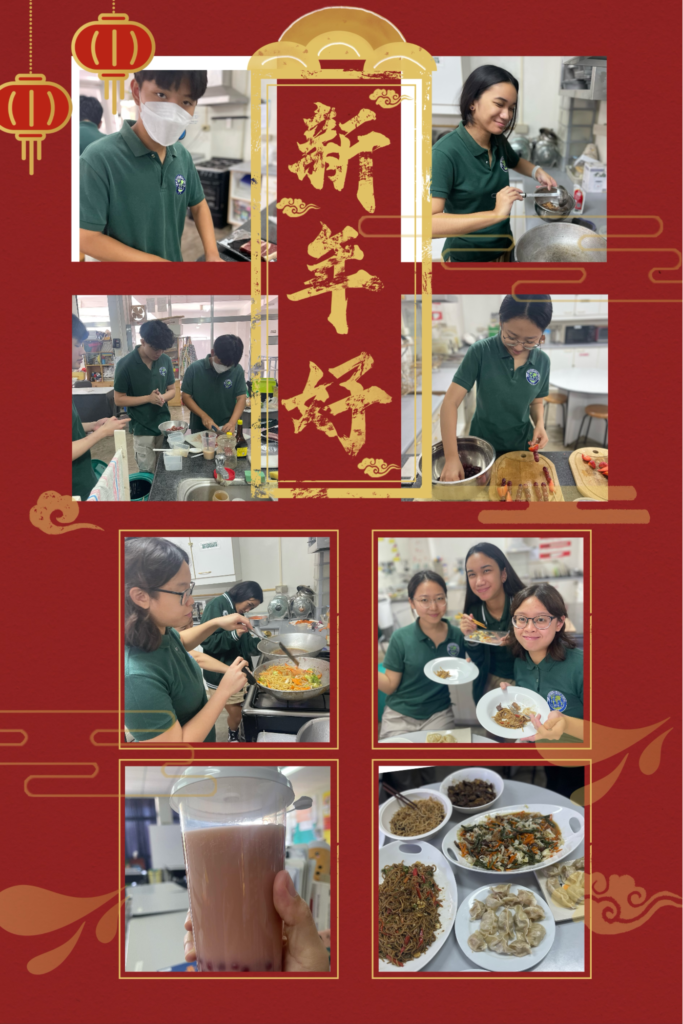
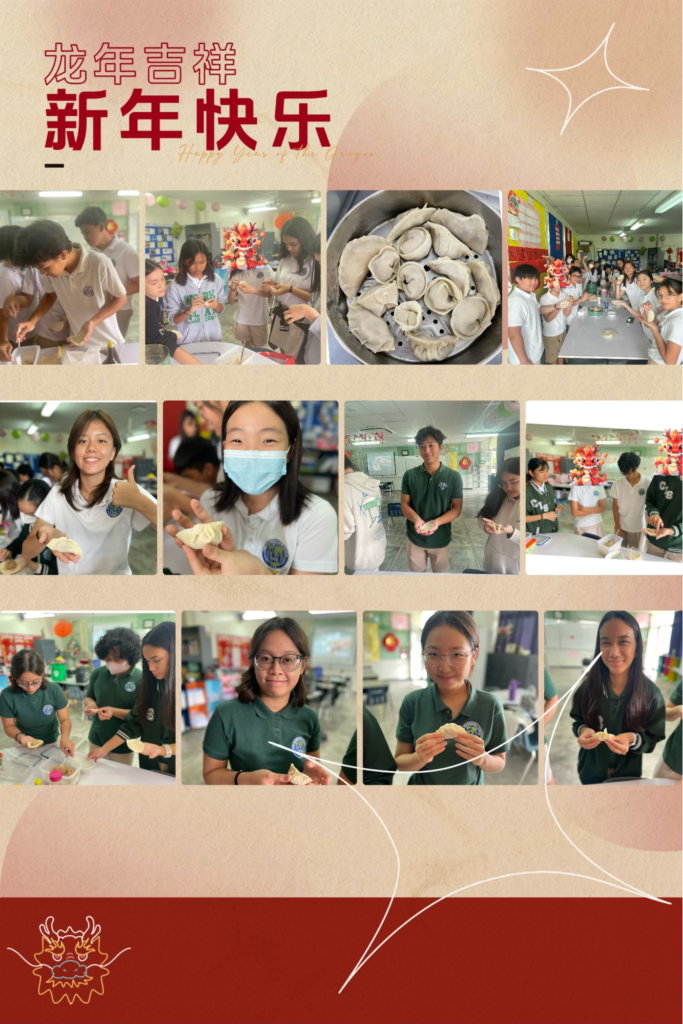

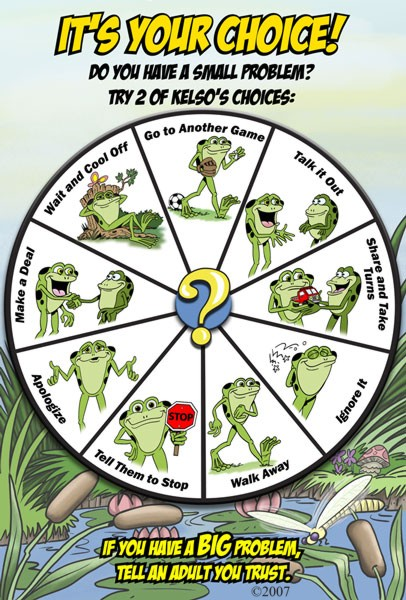 As a school that values a joyful and safe learning environment, CIS is dedicated to nurturing positive behaviors within and beyond the classroom. In addition to implementing
As a school that values a joyful and safe learning environment, CIS is dedicated to nurturing positive behaviors within and beyond the classroom. In addition to implementing 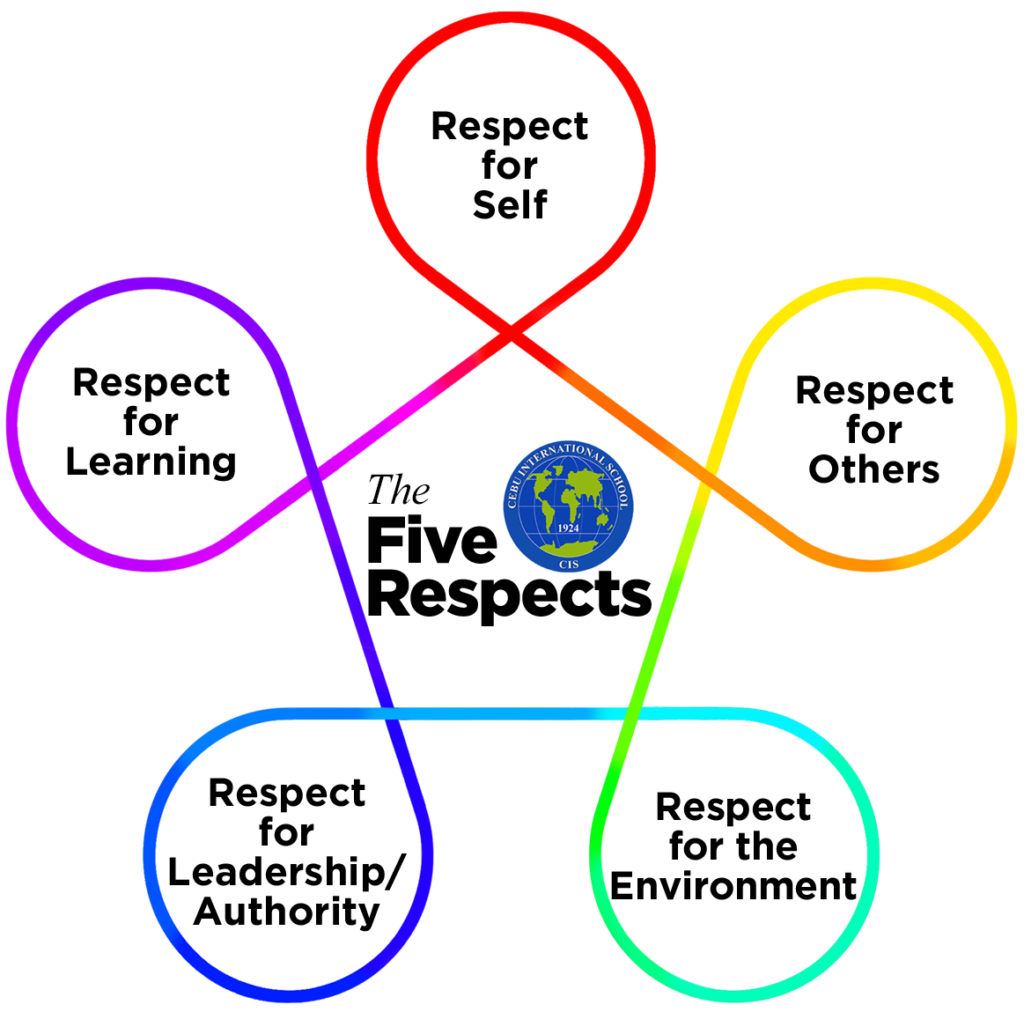 CIS emphasizes the importance of the
CIS emphasizes the importance of the 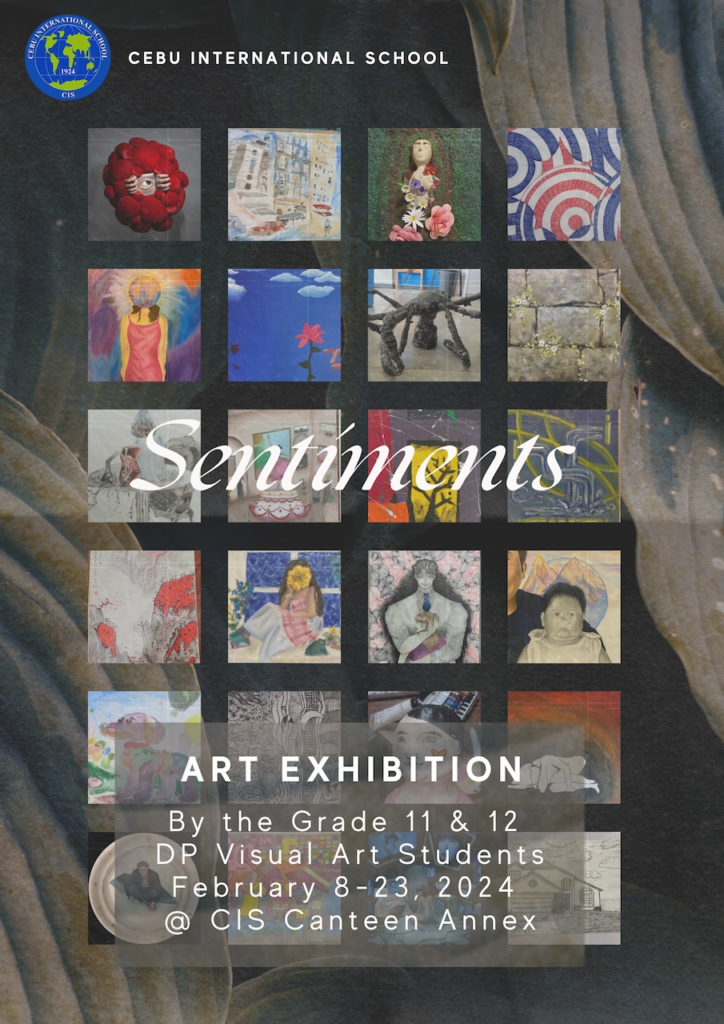
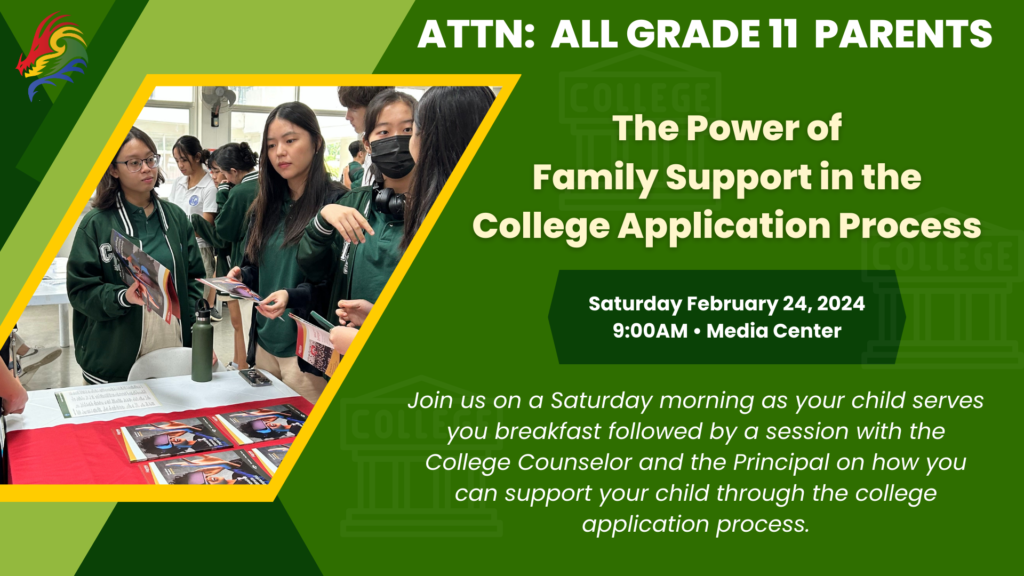

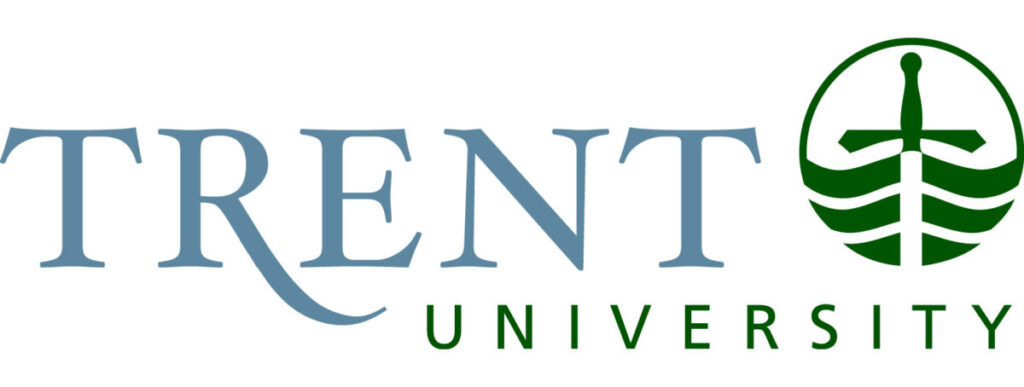

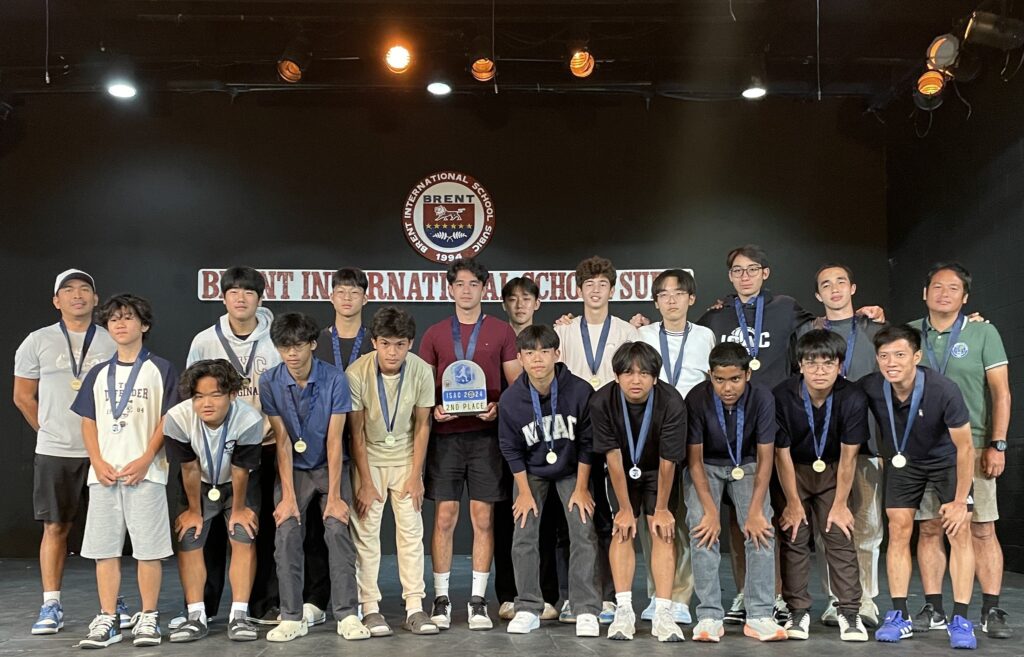 The CIS football team dominated most of their games, winning all but one of the group games. The team qualified for the finals, and lost 2-0 in a very exciting final game against the team we lost to earlier on, placing 2nd overall in the tournament. Our team played valiantly the whole tournament and placed 3 players (Liam, Brian, and Sengo) on the 11 person all-ISAC team!
The CIS football team dominated most of their games, winning all but one of the group games. The team qualified for the finals, and lost 2-0 in a very exciting final game against the team we lost to earlier on, placing 2nd overall in the tournament. Our team played valiantly the whole tournament and placed 3 players (Liam, Brian, and Sengo) on the 11 person all-ISAC team!

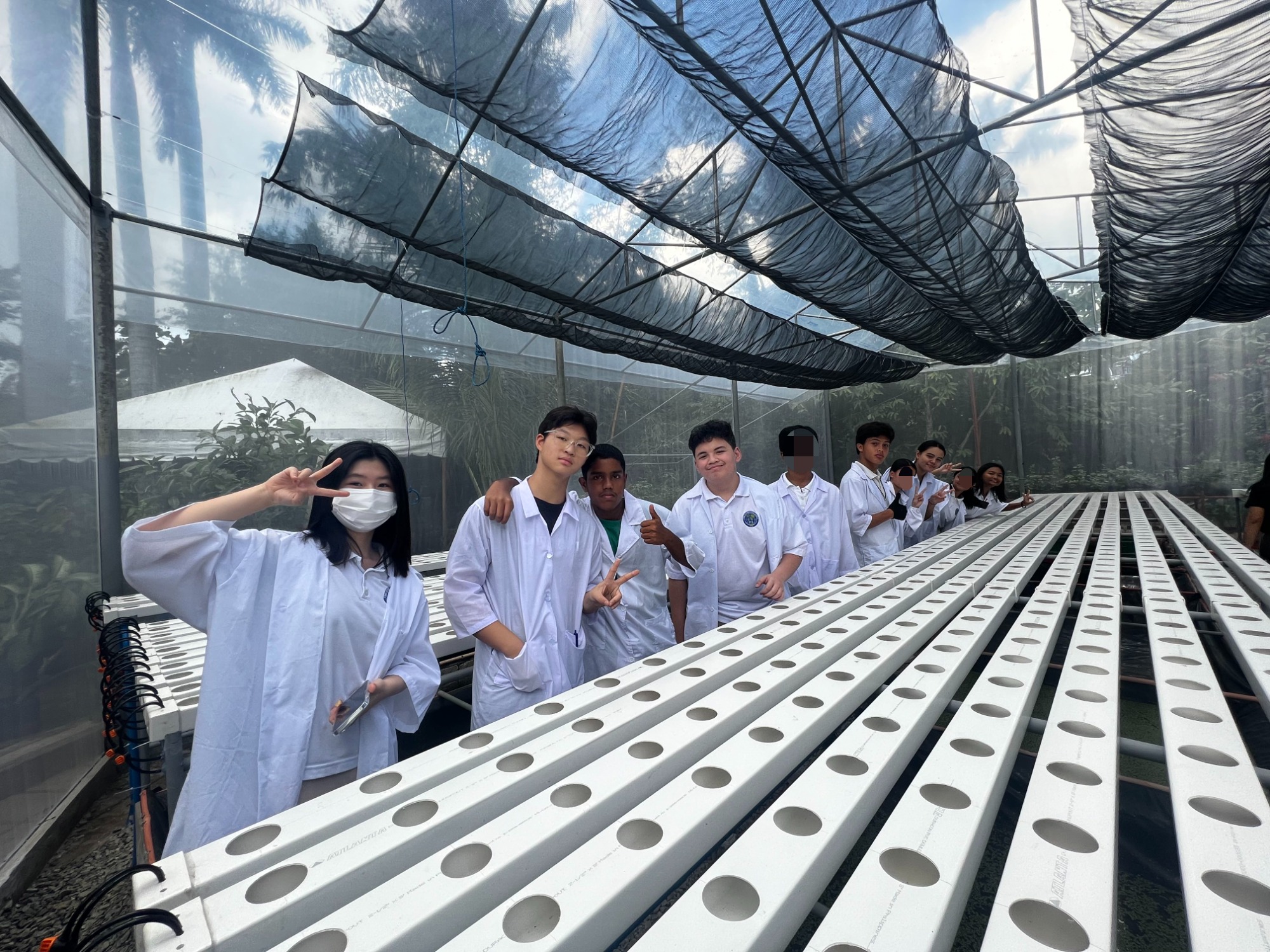 The grade 8 students recently had a field trip to Archival’s Eco-house in Ylaya Talamban, Mandaue City. This is in cognizance with their current unit on sustainability tackling practices that help address one or more United Nations Sustainable Development Goals (UN SDG). This activity aids students to recognize that sustainability is anchored in three pillars: society, economy, and environment. The interdependency of these pillars becomes the basis for implementing sustainable programs.
The grade 8 students recently had a field trip to Archival’s Eco-house in Ylaya Talamban, Mandaue City. This is in cognizance with their current unit on sustainability tackling practices that help address one or more United Nations Sustainable Development Goals (UN SDG). This activity aids students to recognize that sustainability is anchored in three pillars: society, economy, and environment. The interdependency of these pillars becomes the basis for implementing sustainable programs.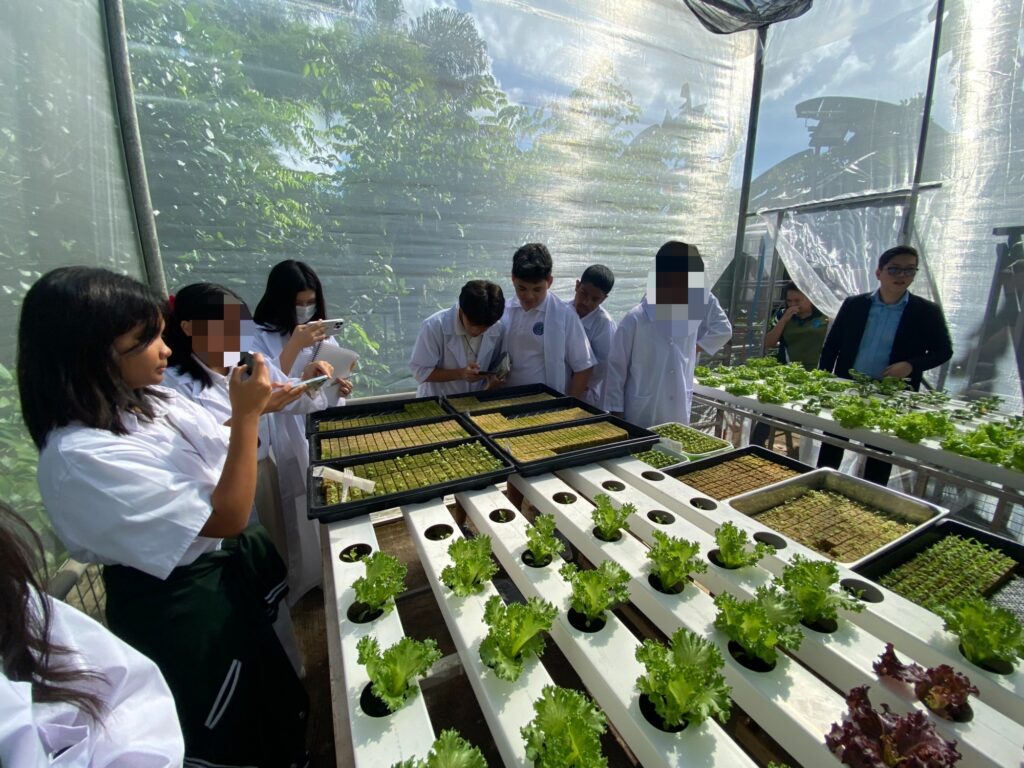
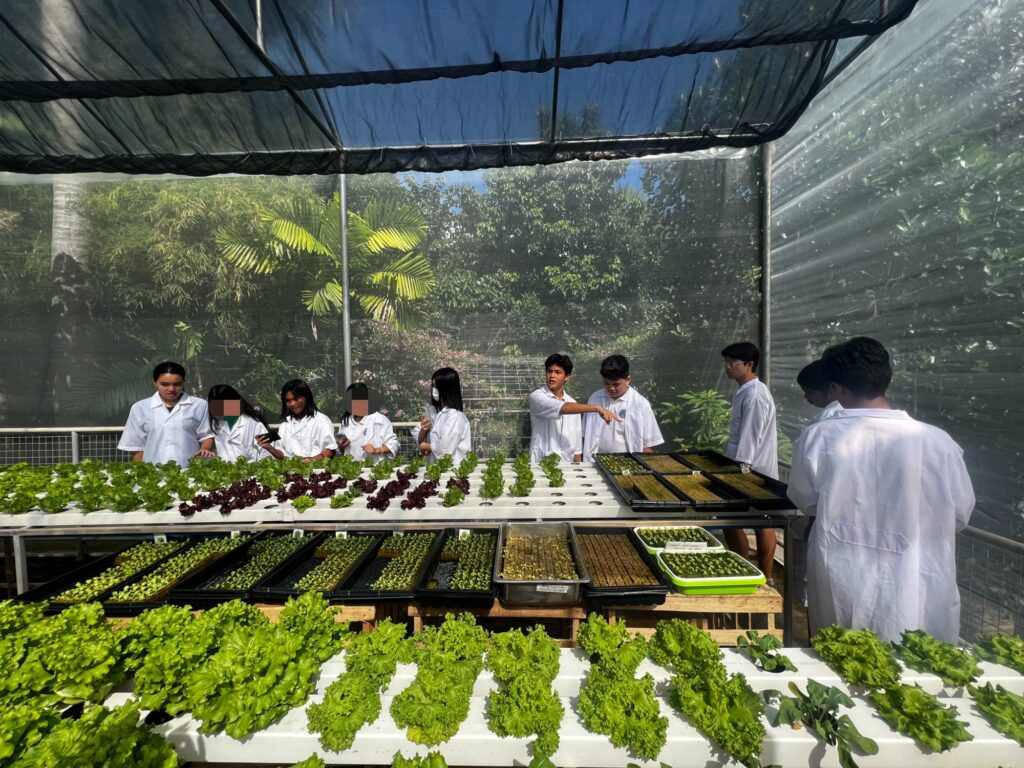
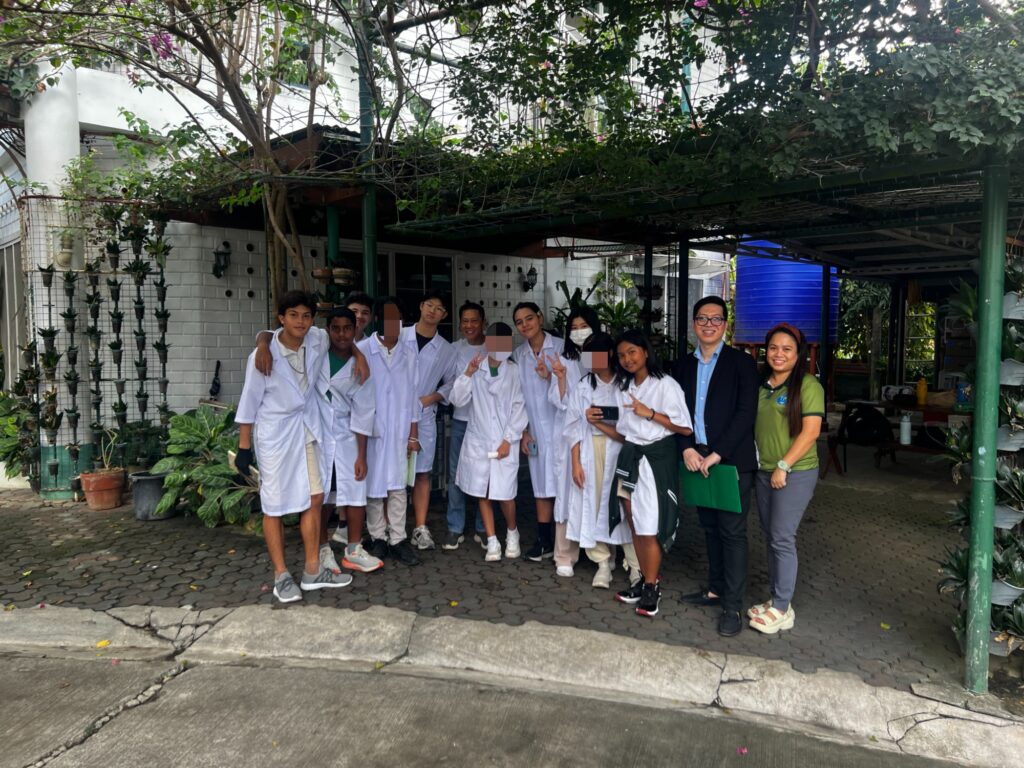
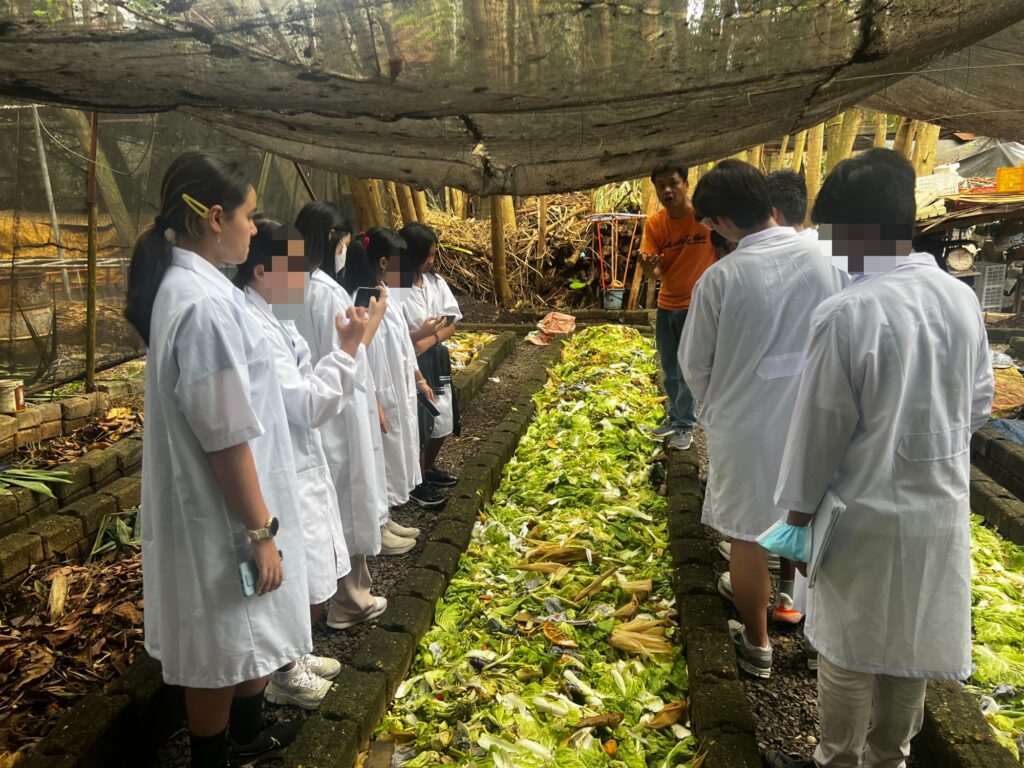
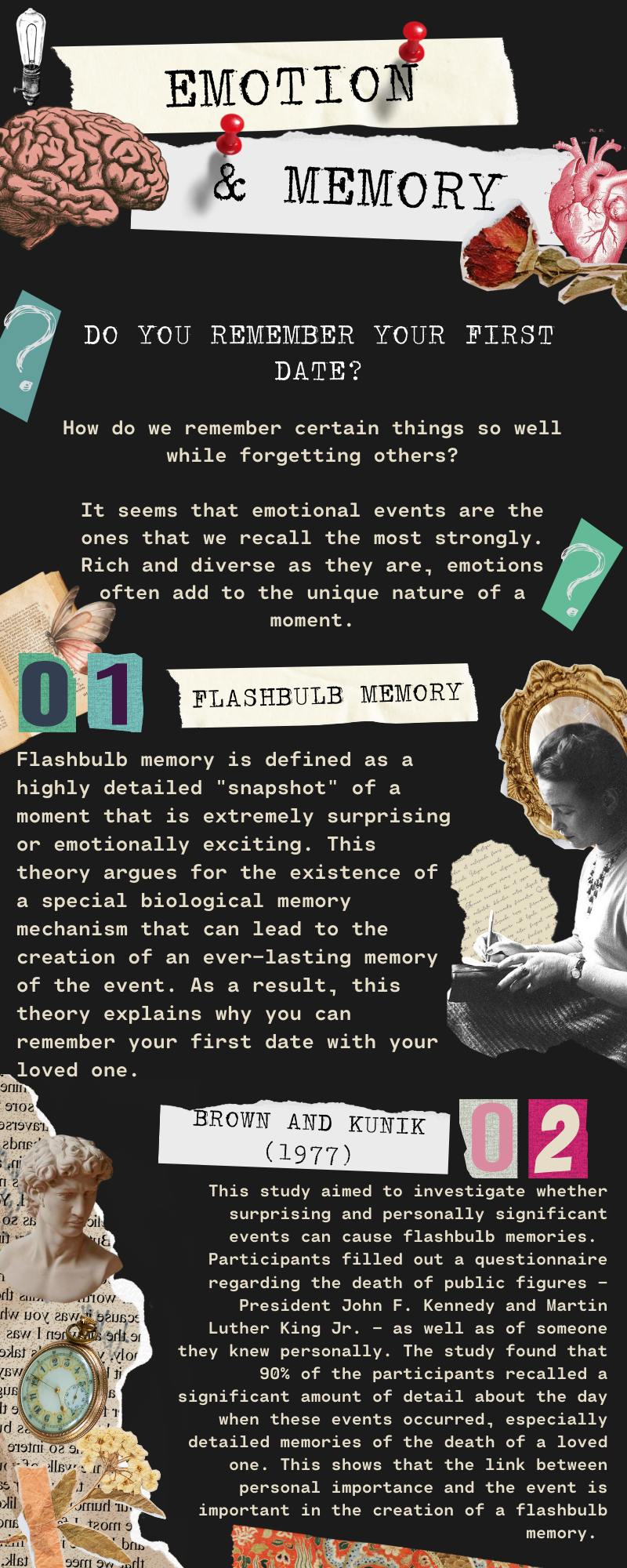
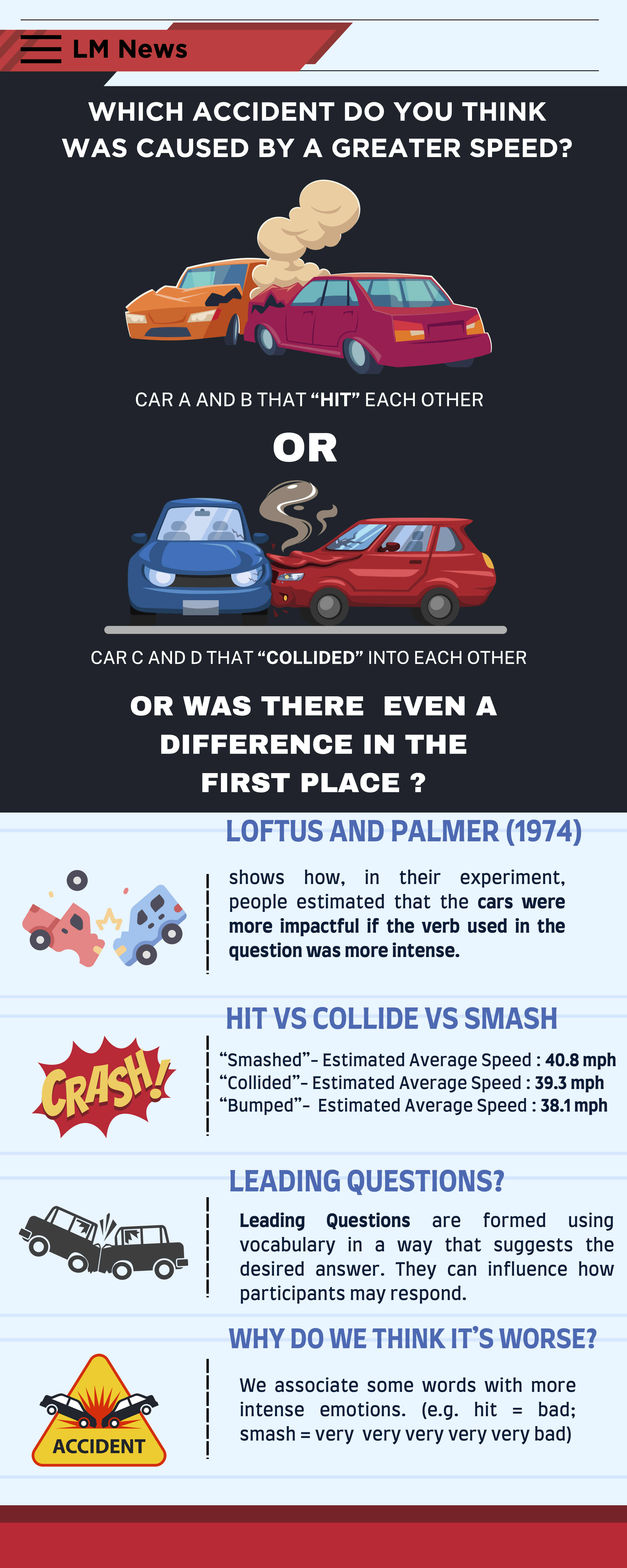
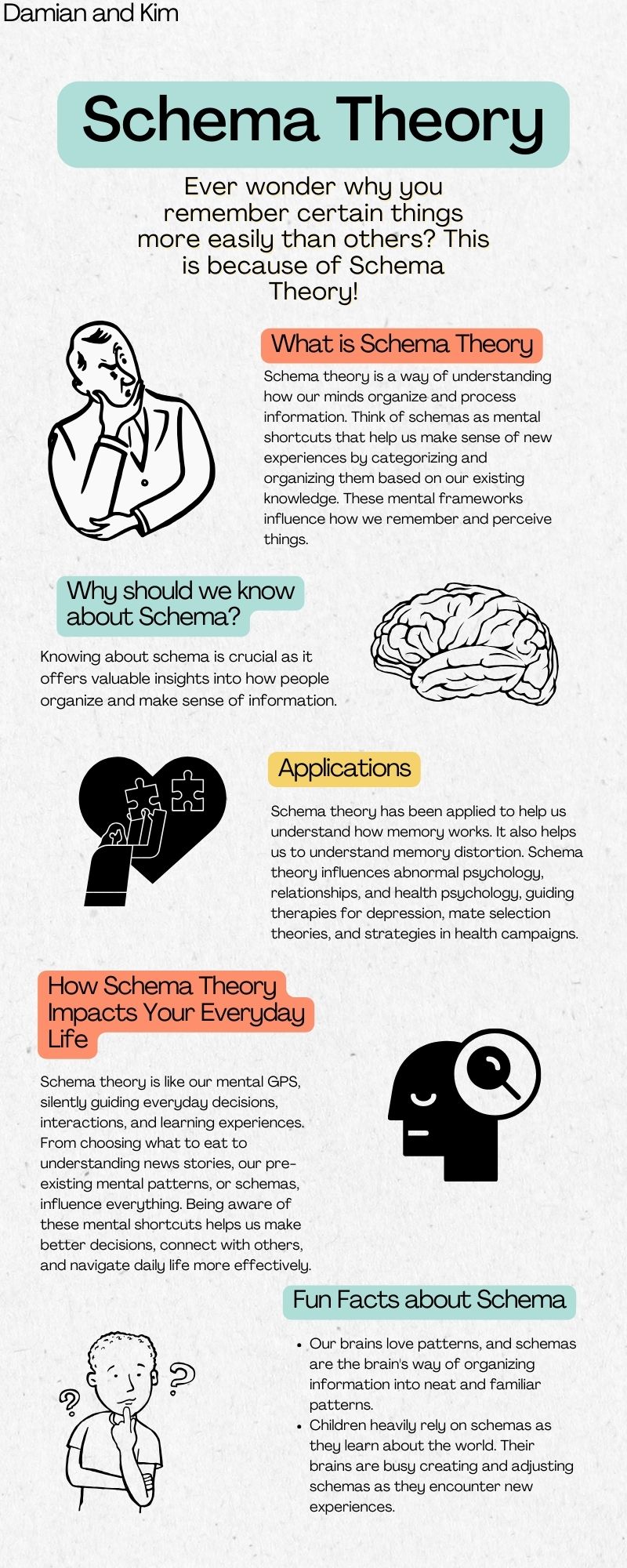
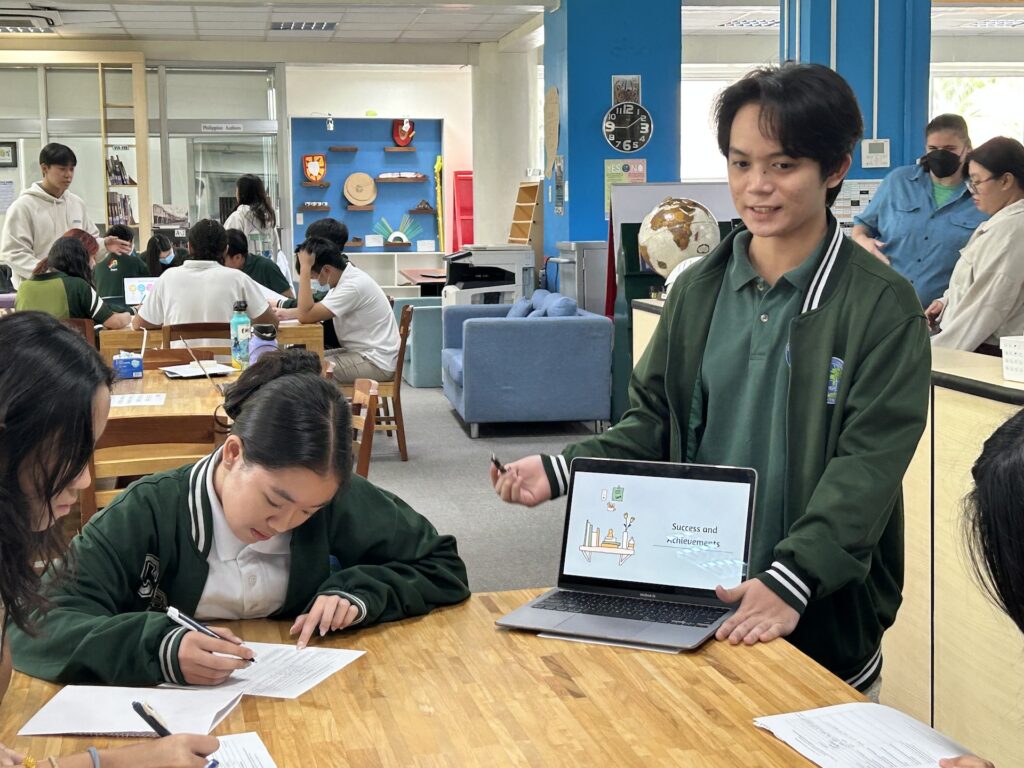 This significant piece of work allows students the opportunity to engage in academic research in a subject and topic of their own choosing, learning valuable research skills which will be utilized through their Diploma Programme years and in their future university years.
This significant piece of work allows students the opportunity to engage in academic research in a subject and topic of their own choosing, learning valuable research skills which will be utilized through their Diploma Programme years and in their future university years. 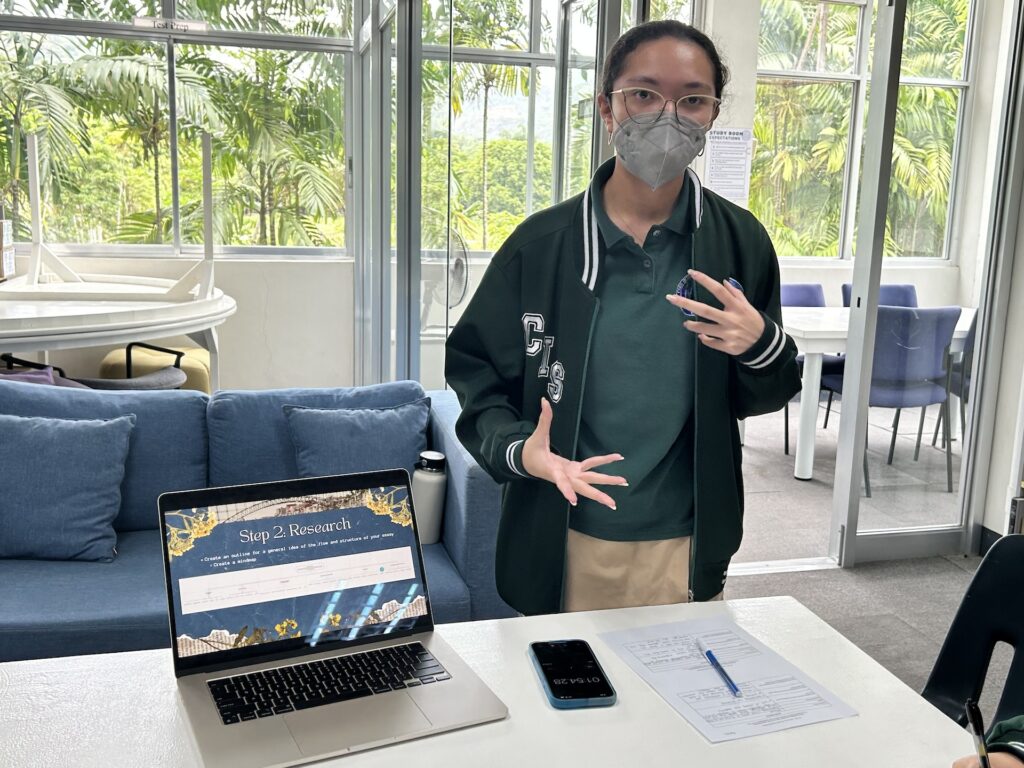 Their research questions explored diverse topics such as the marketing strategies used bythe NBA, the authenticity of companies advertising to LGBTQ+ community, sports psychology, gender and power in the novel
Their research questions explored diverse topics such as the marketing strategies used bythe NBA, the authenticity of companies advertising to LGBTQ+ community, sports psychology, gender and power in the novel 